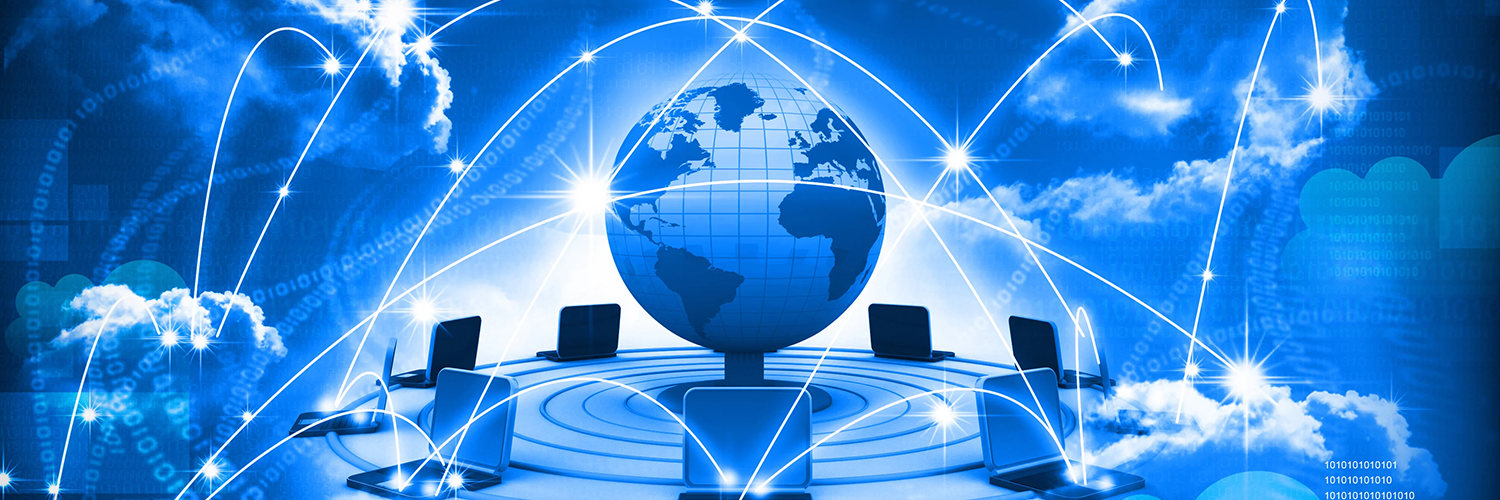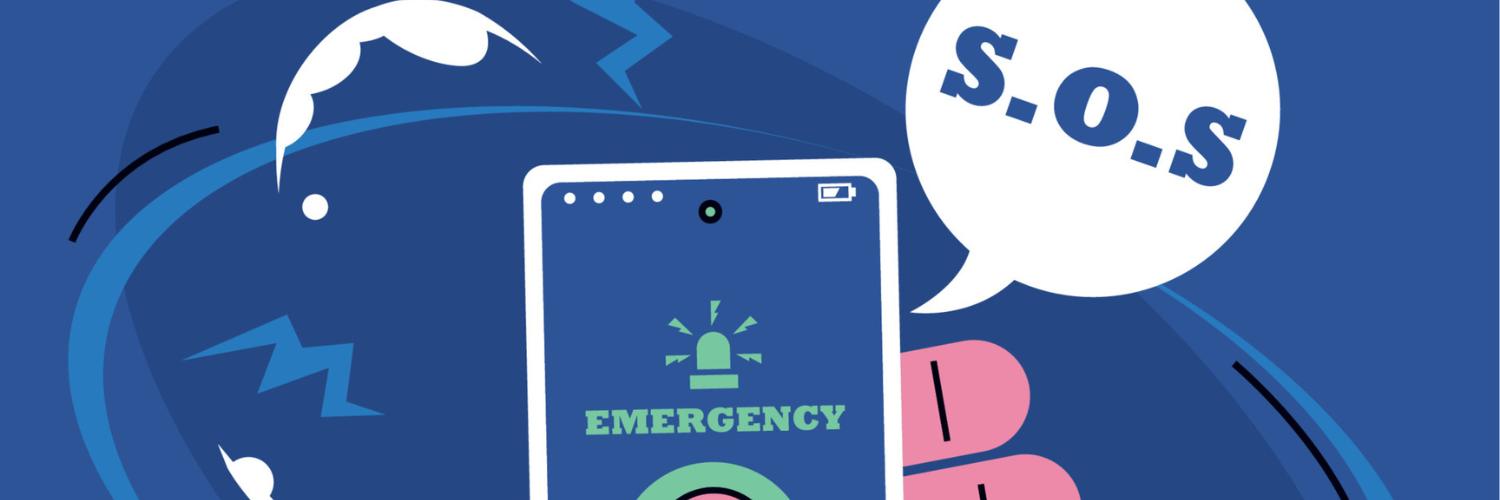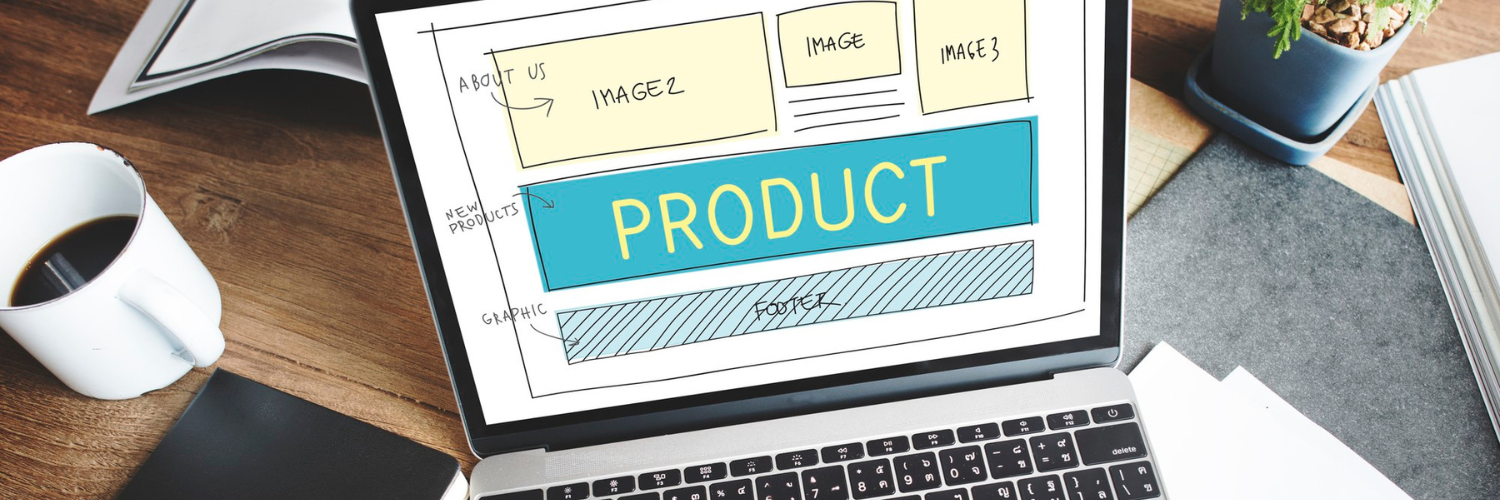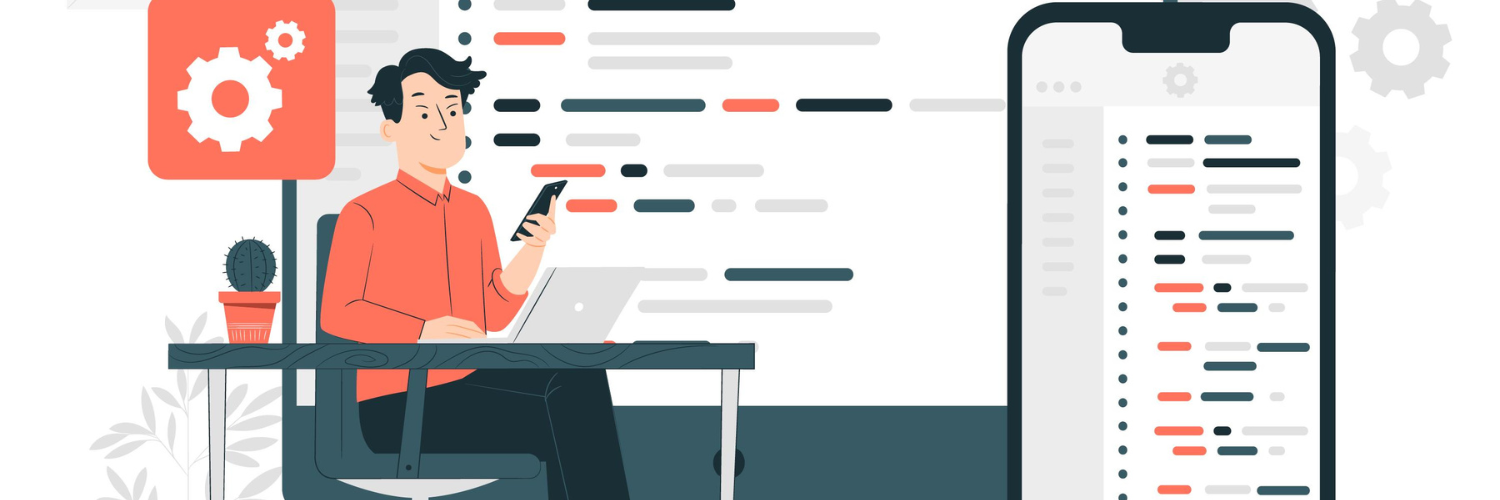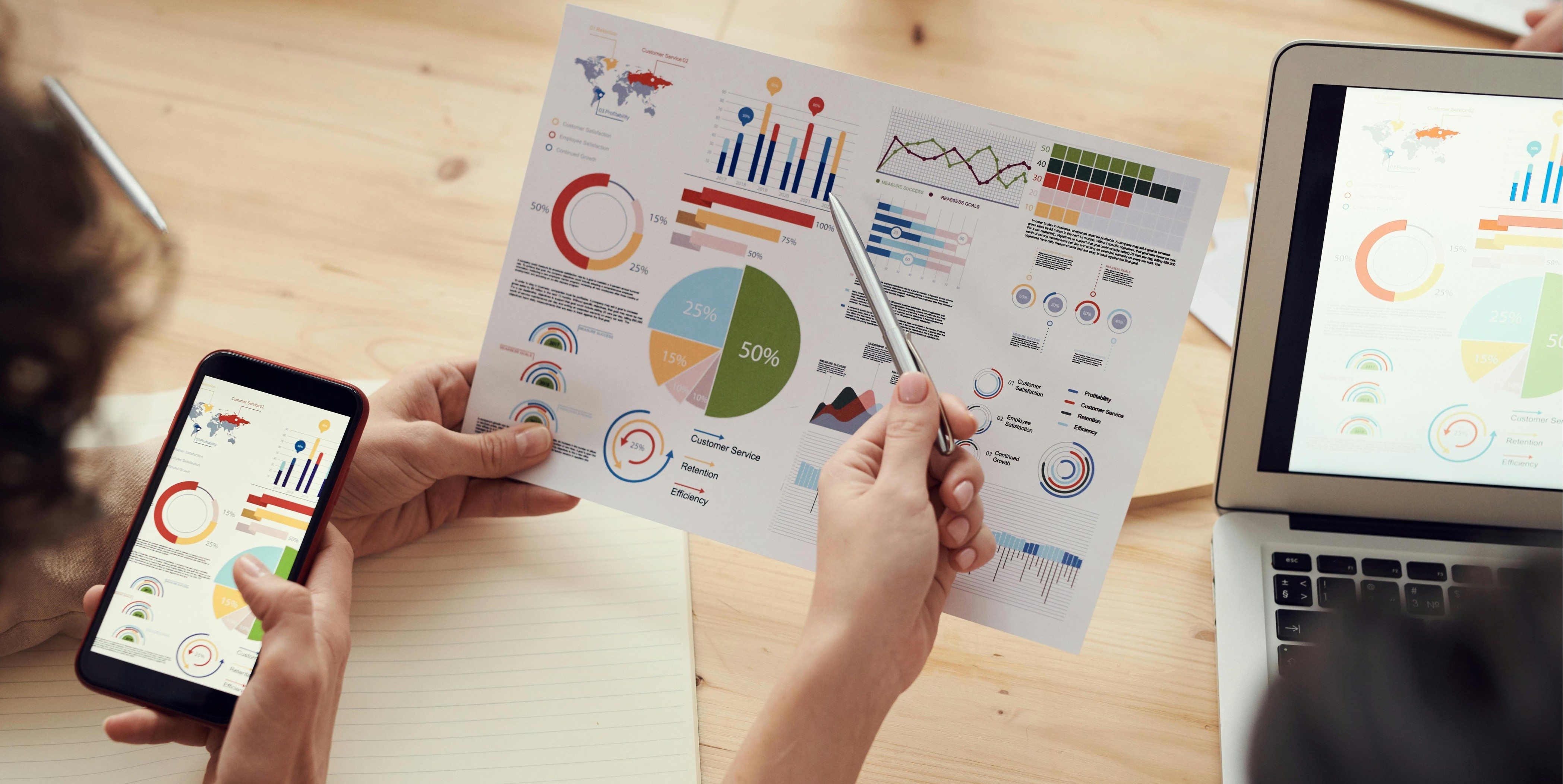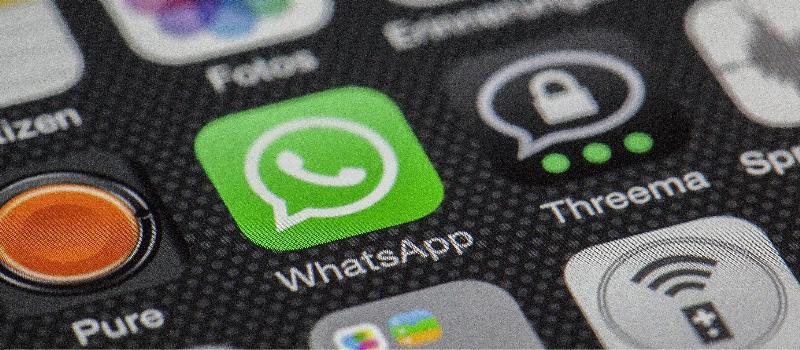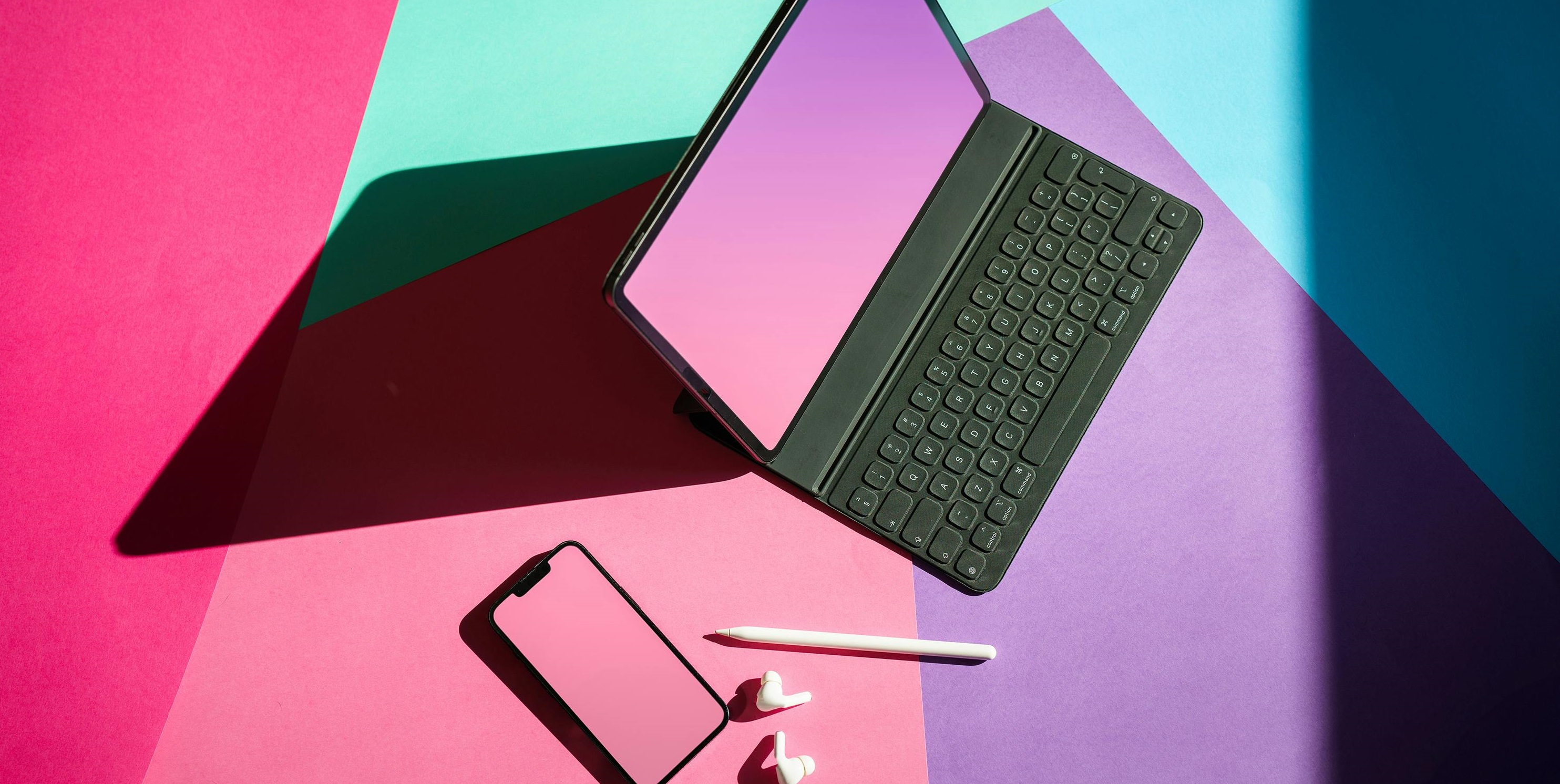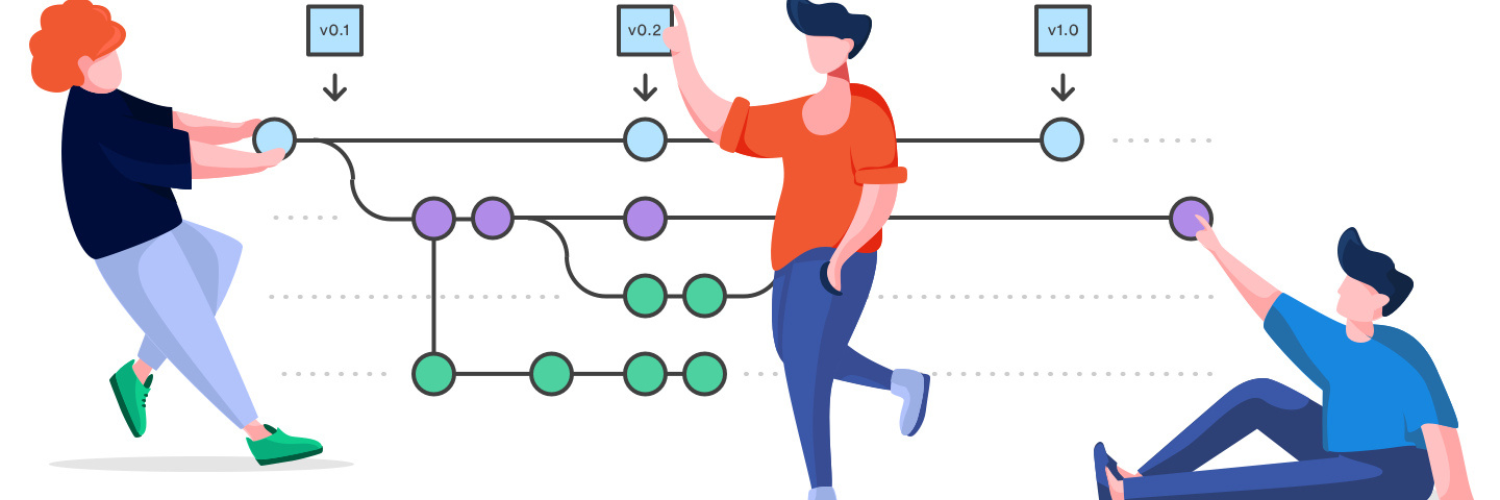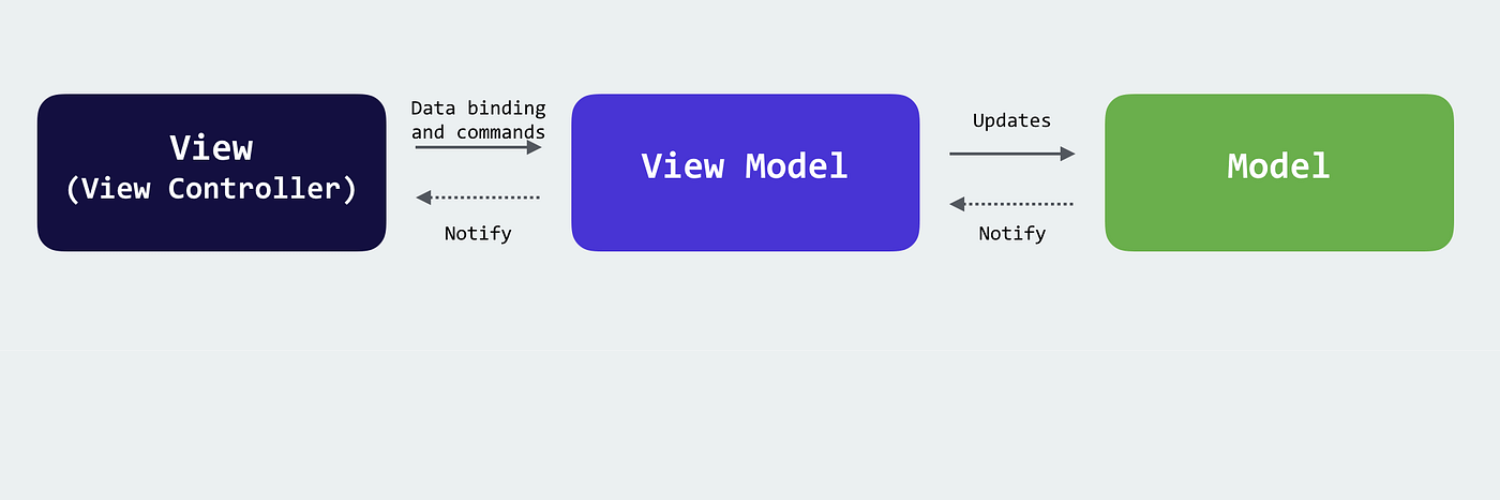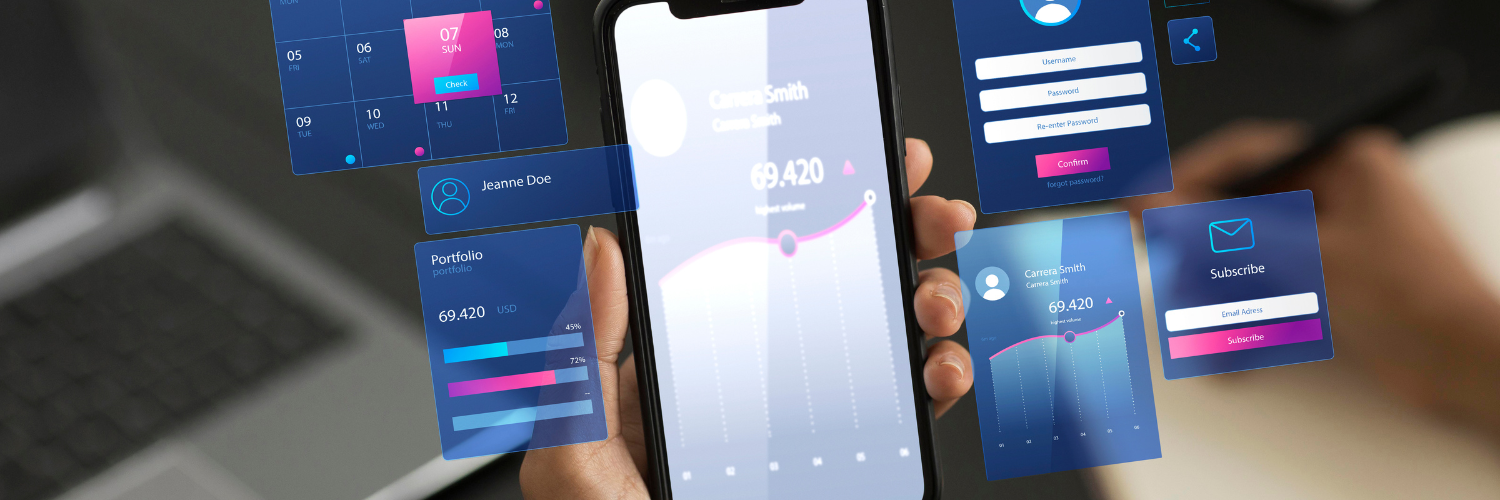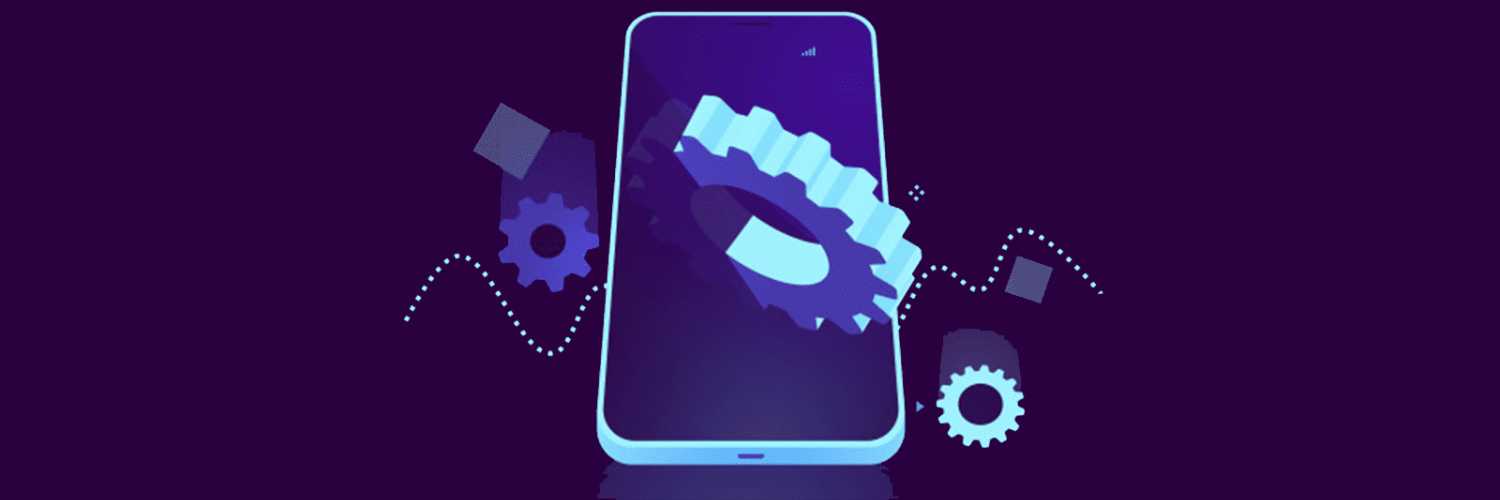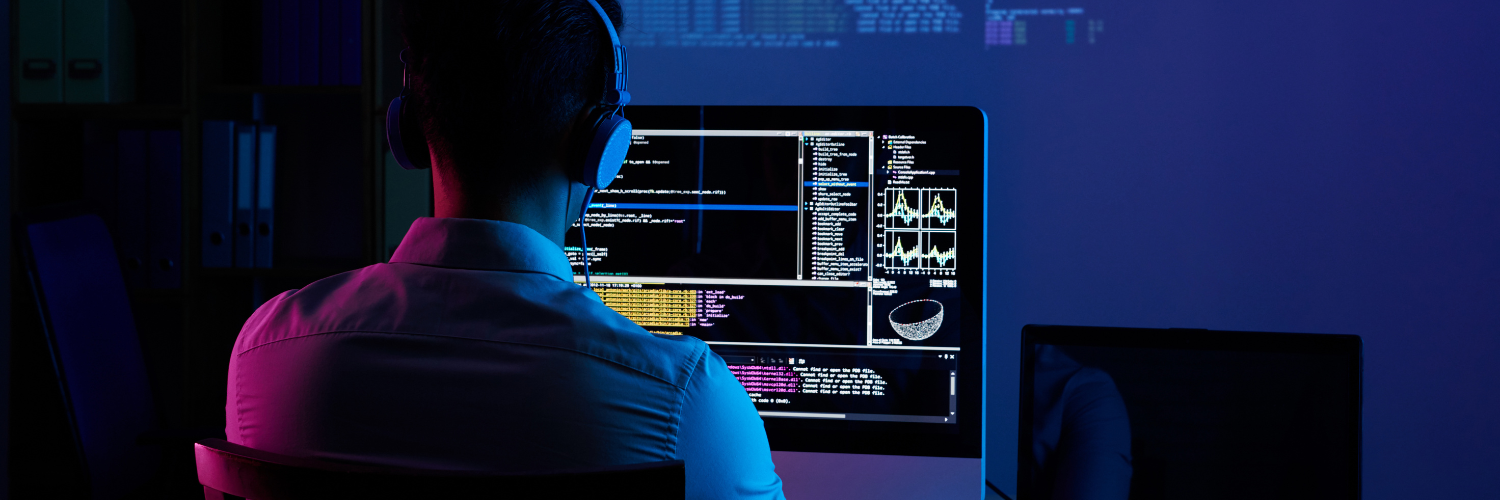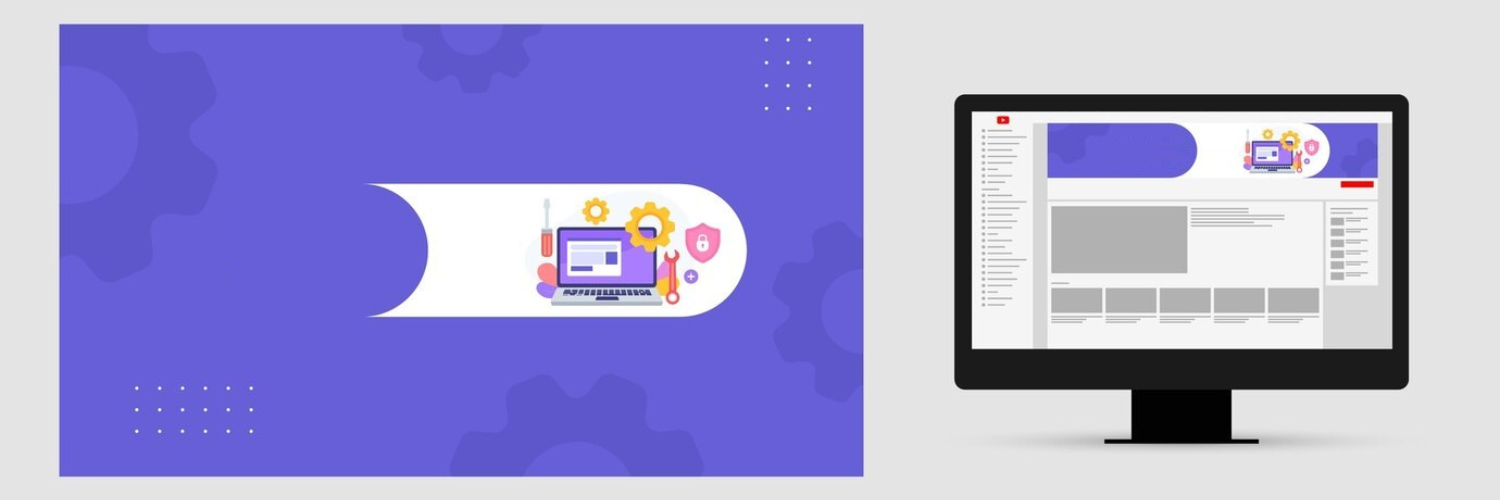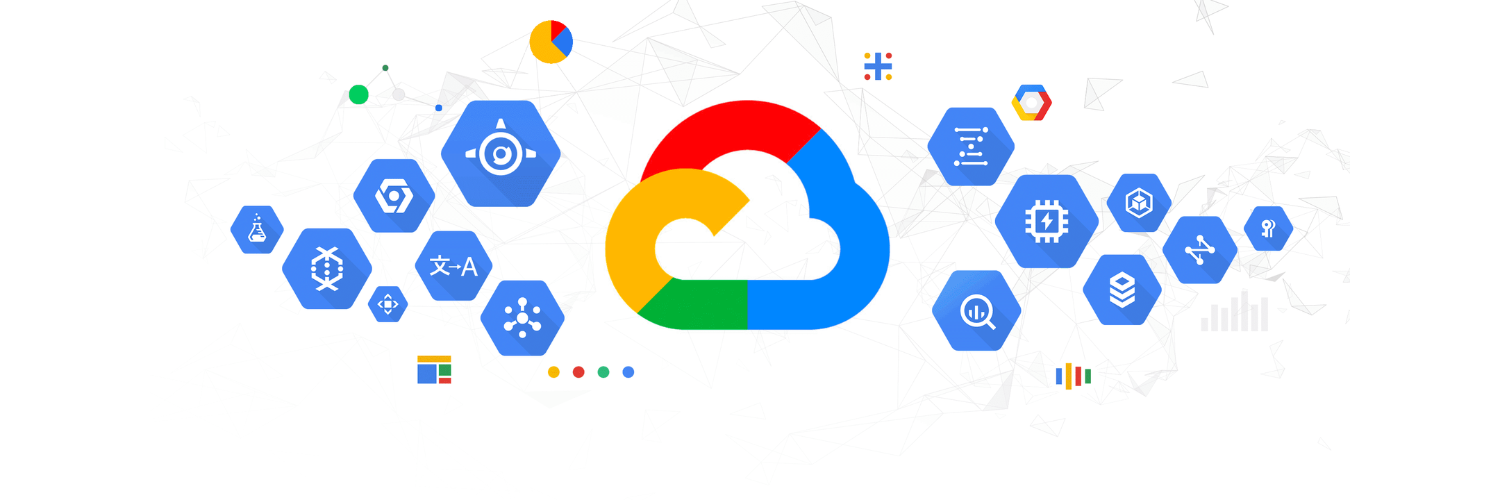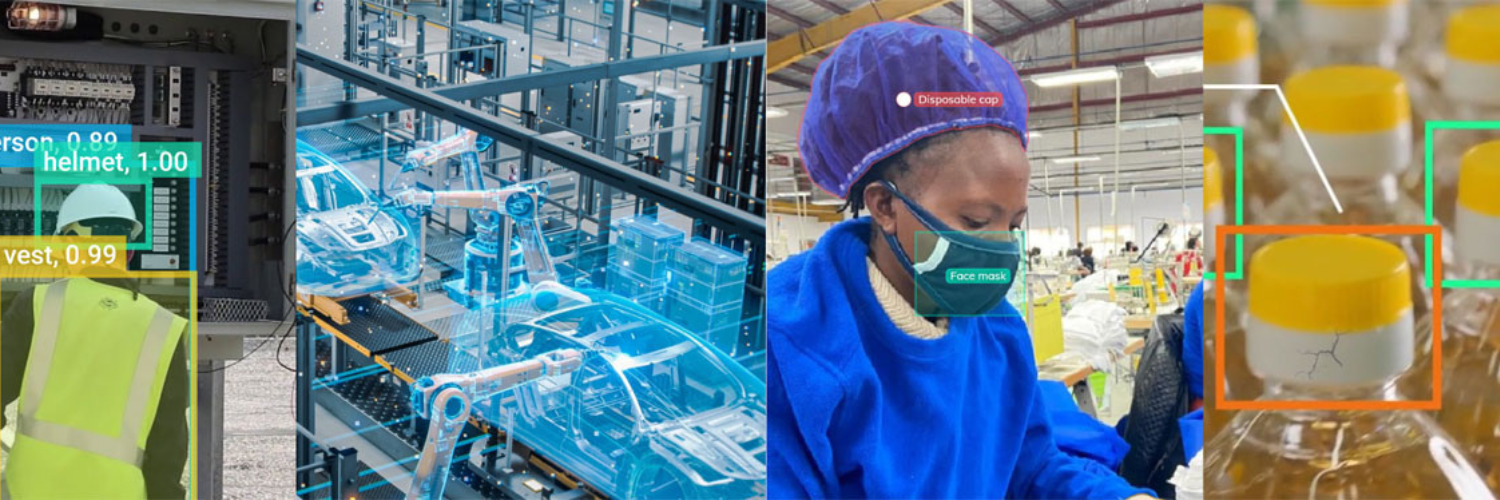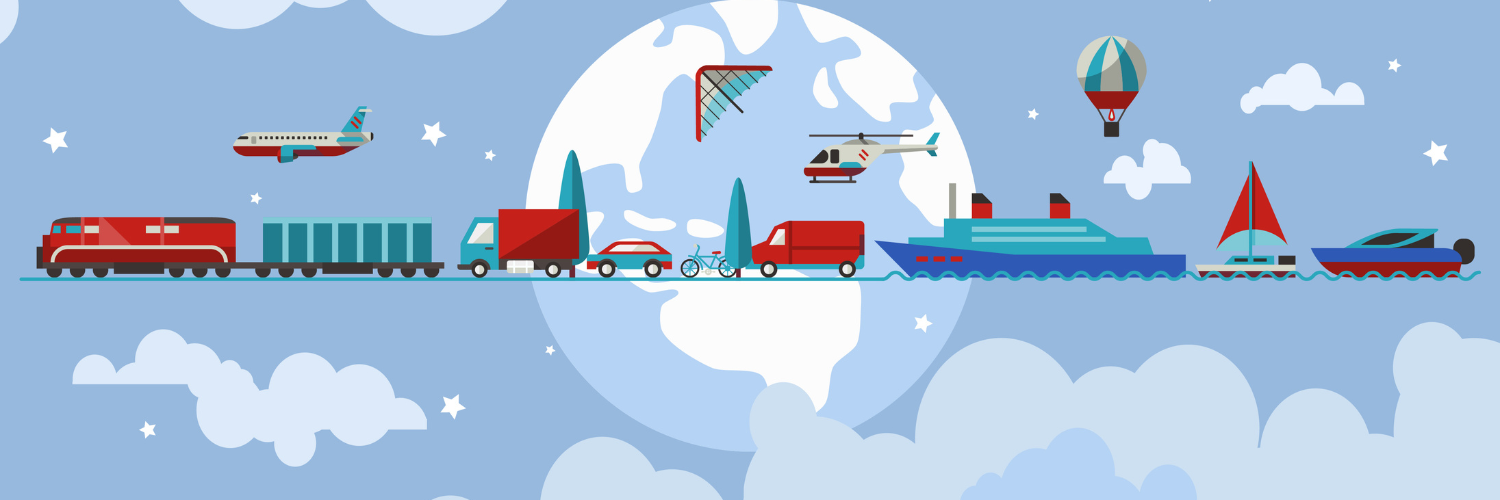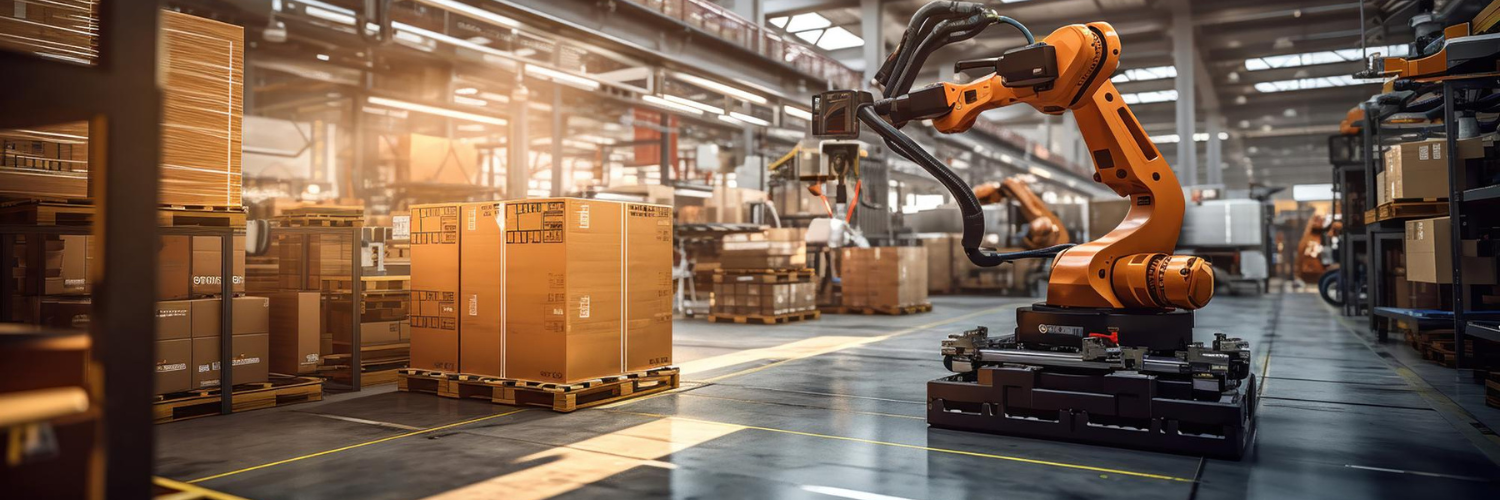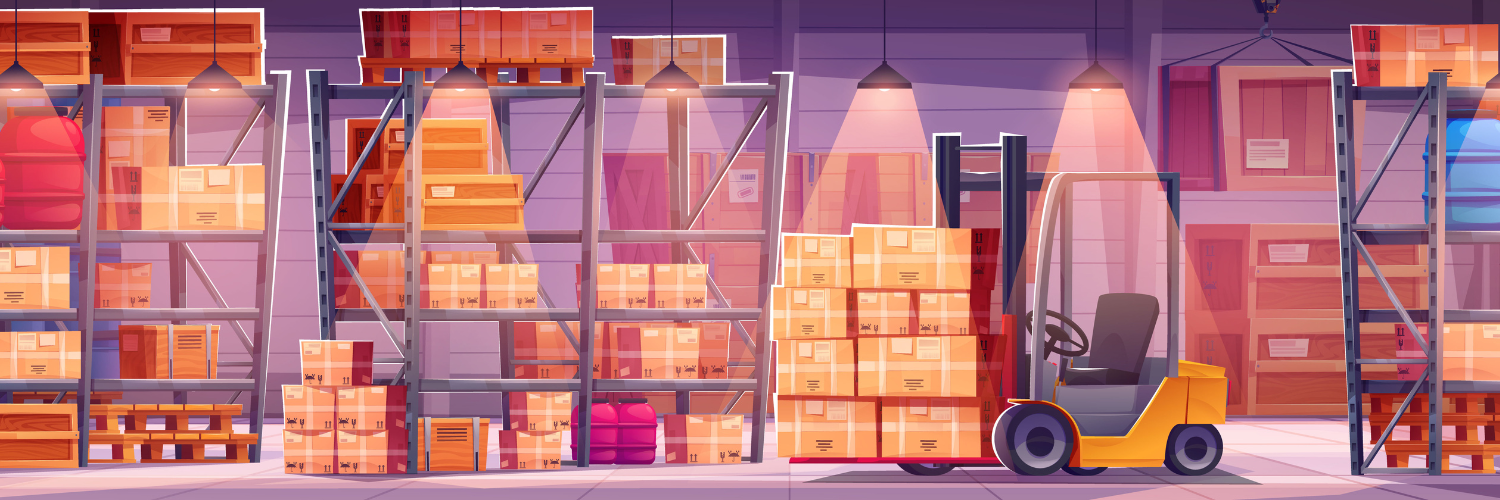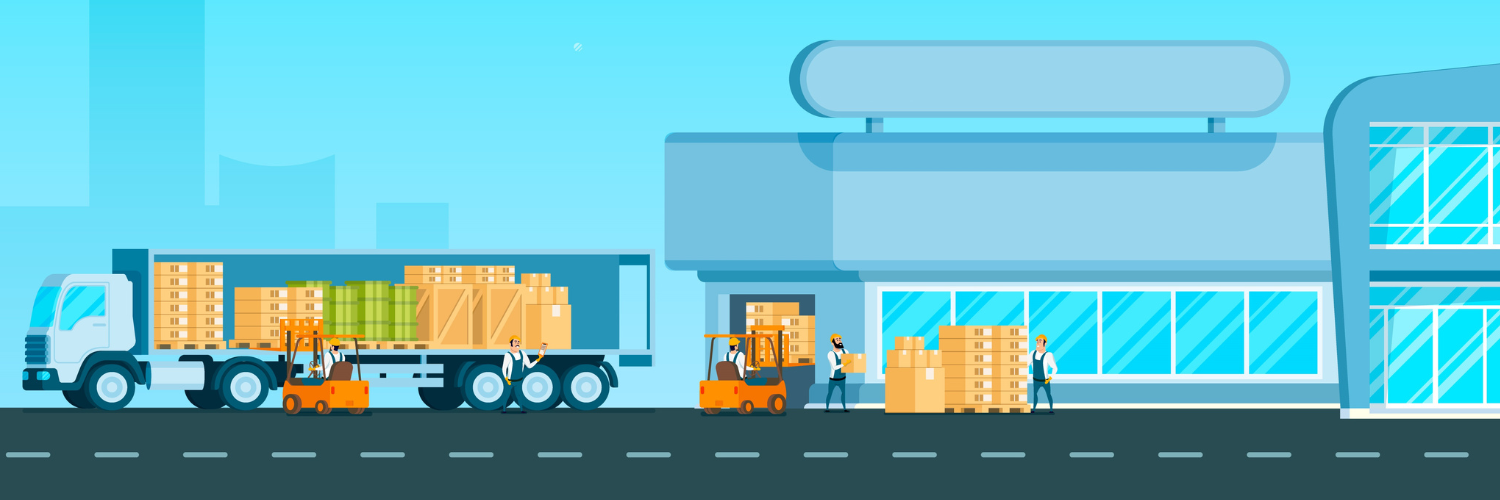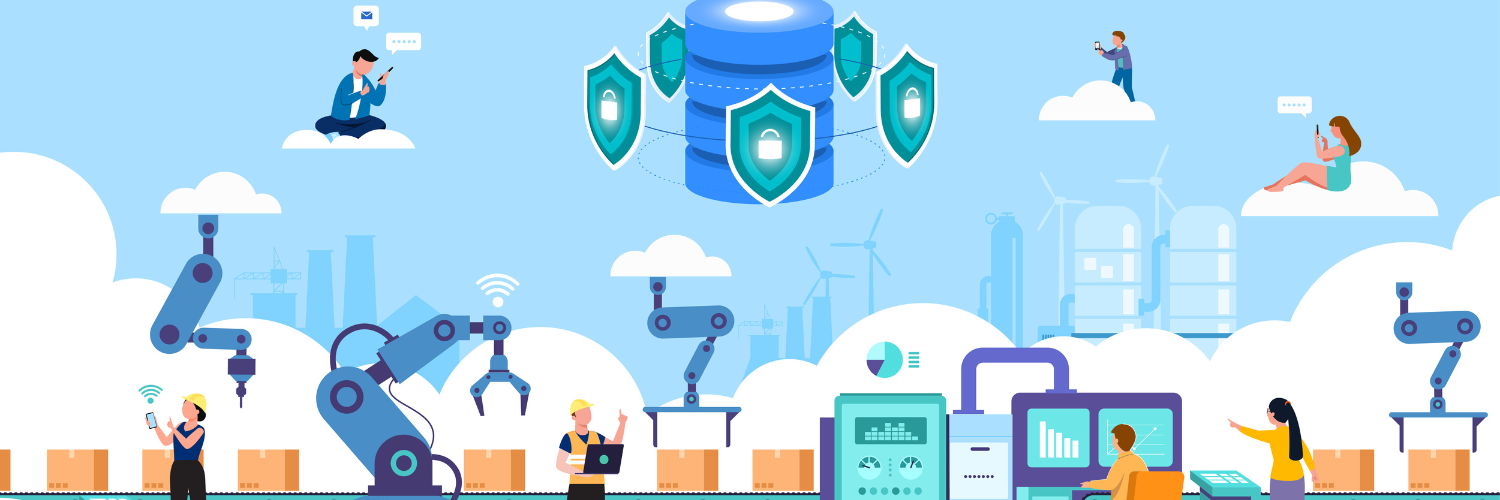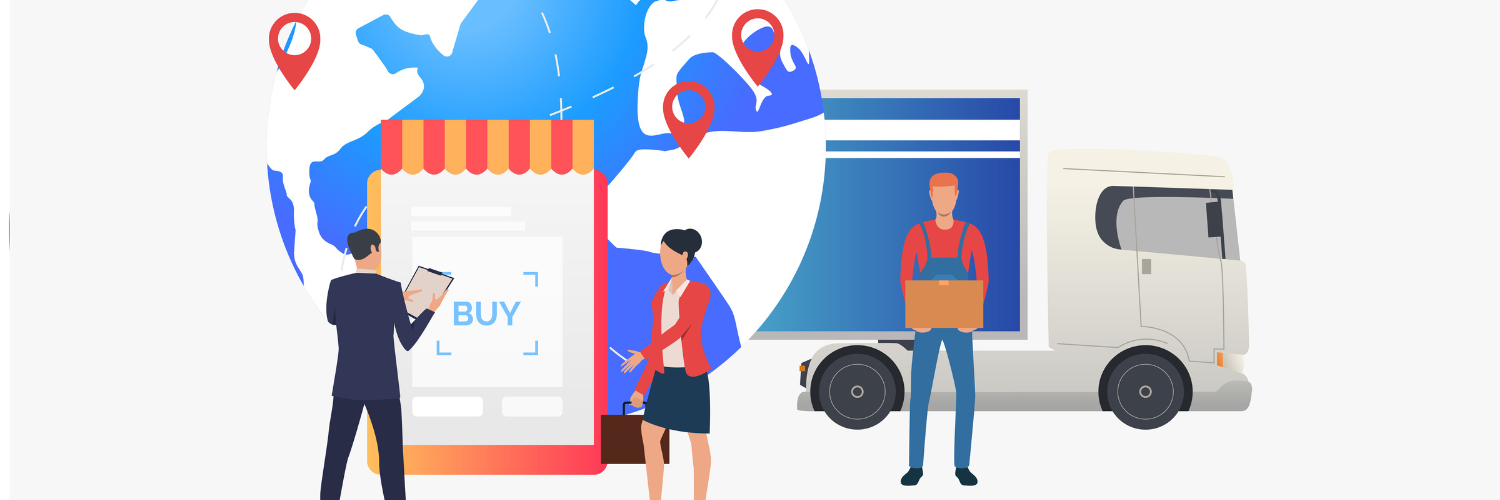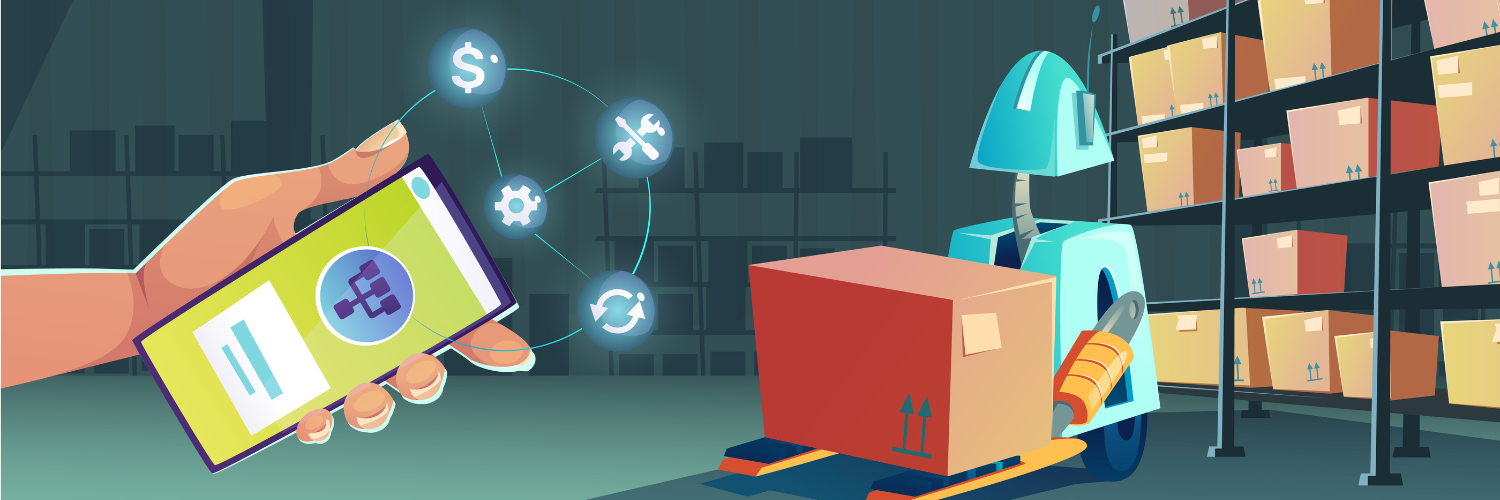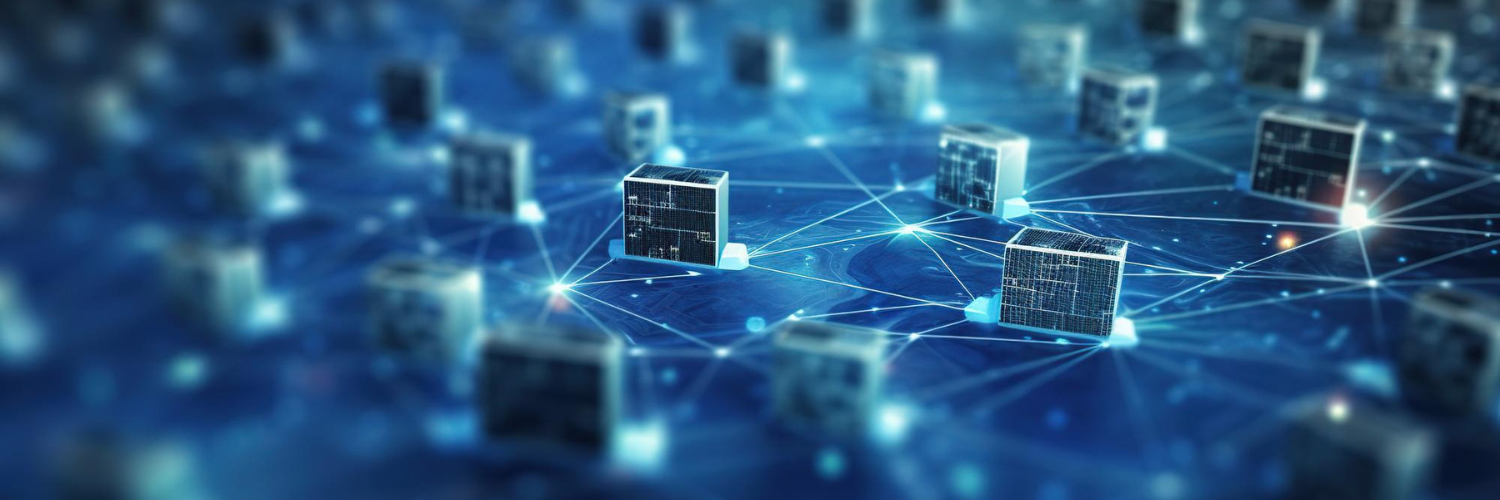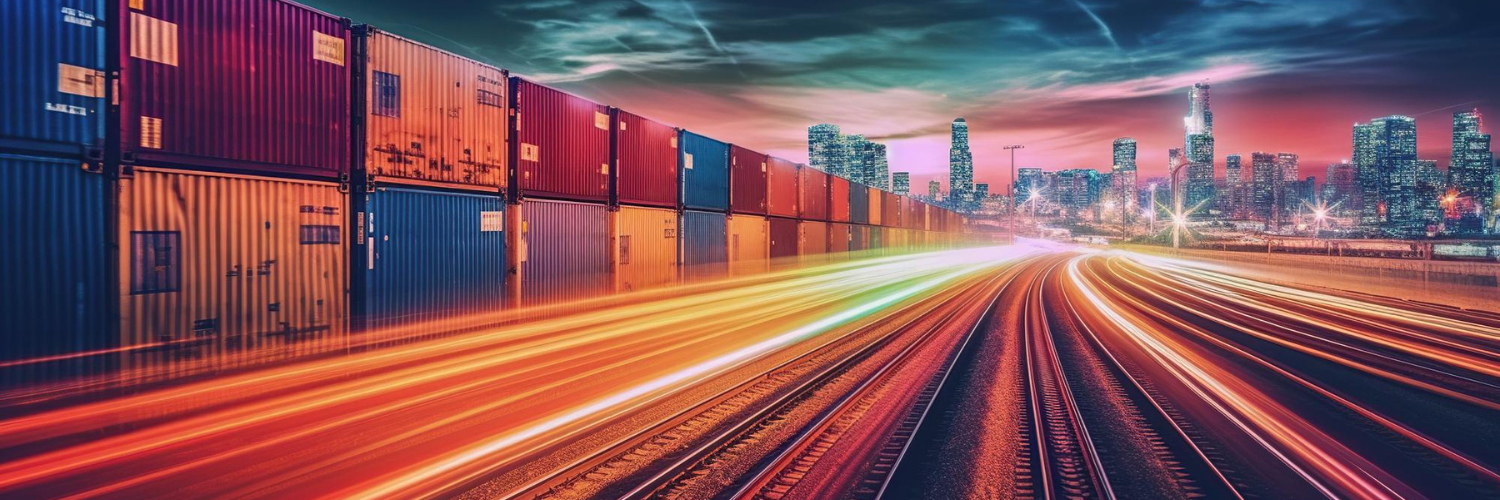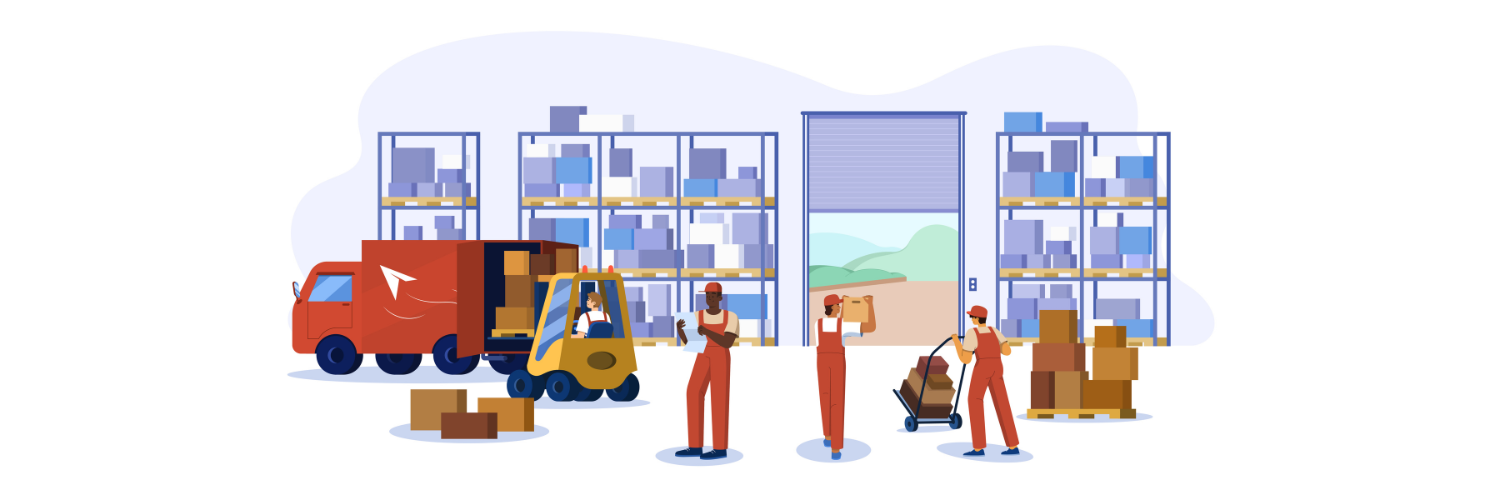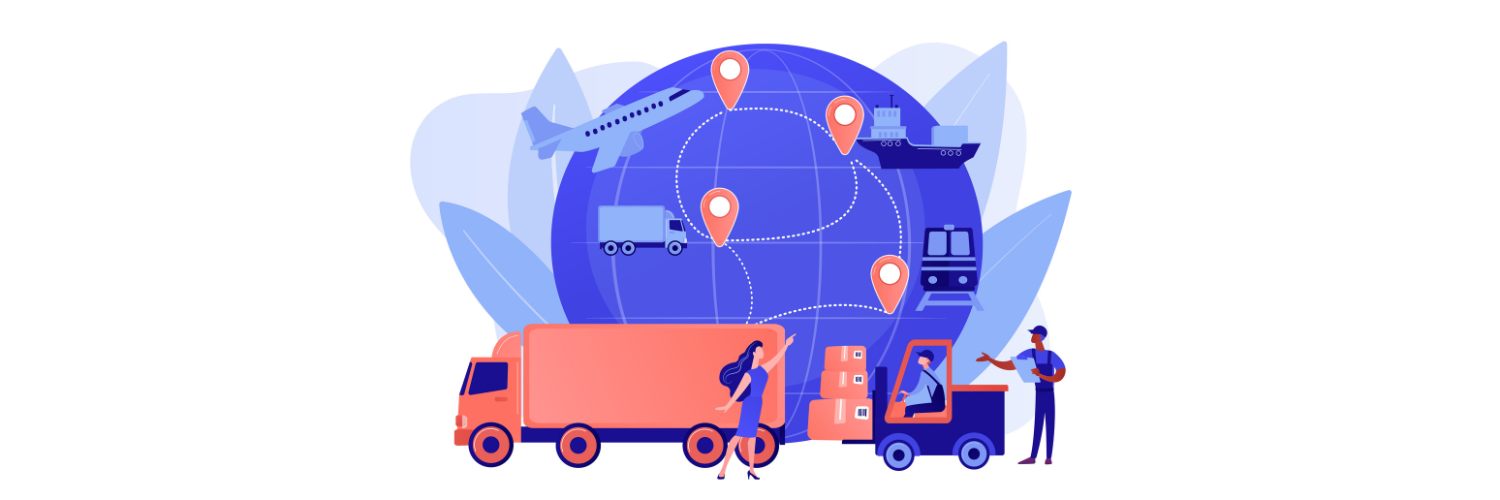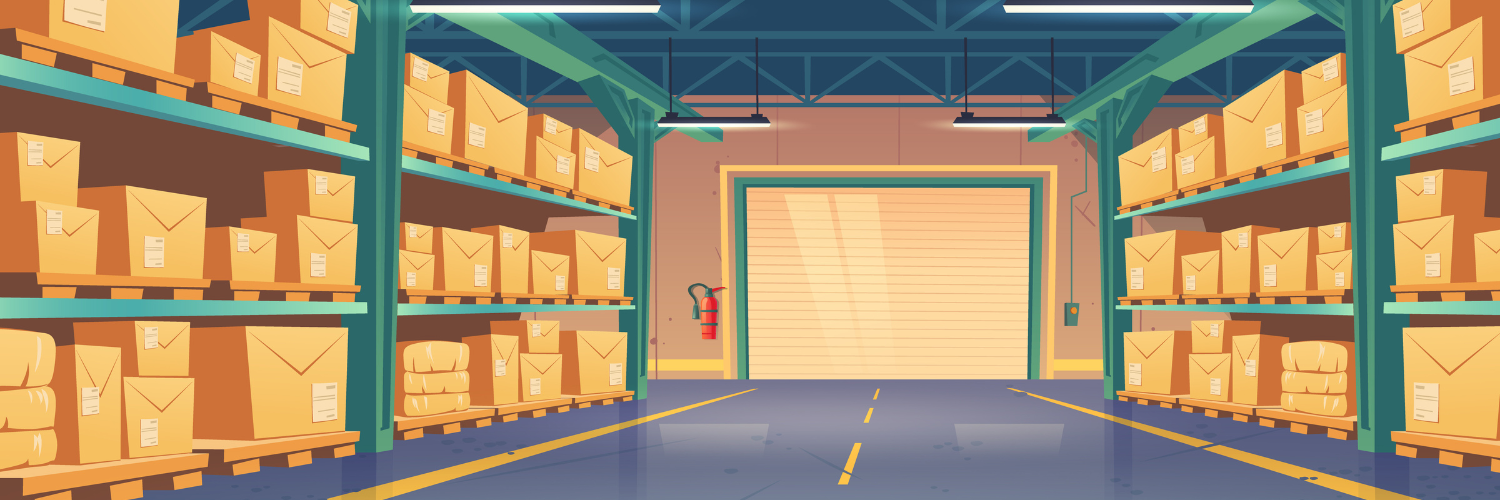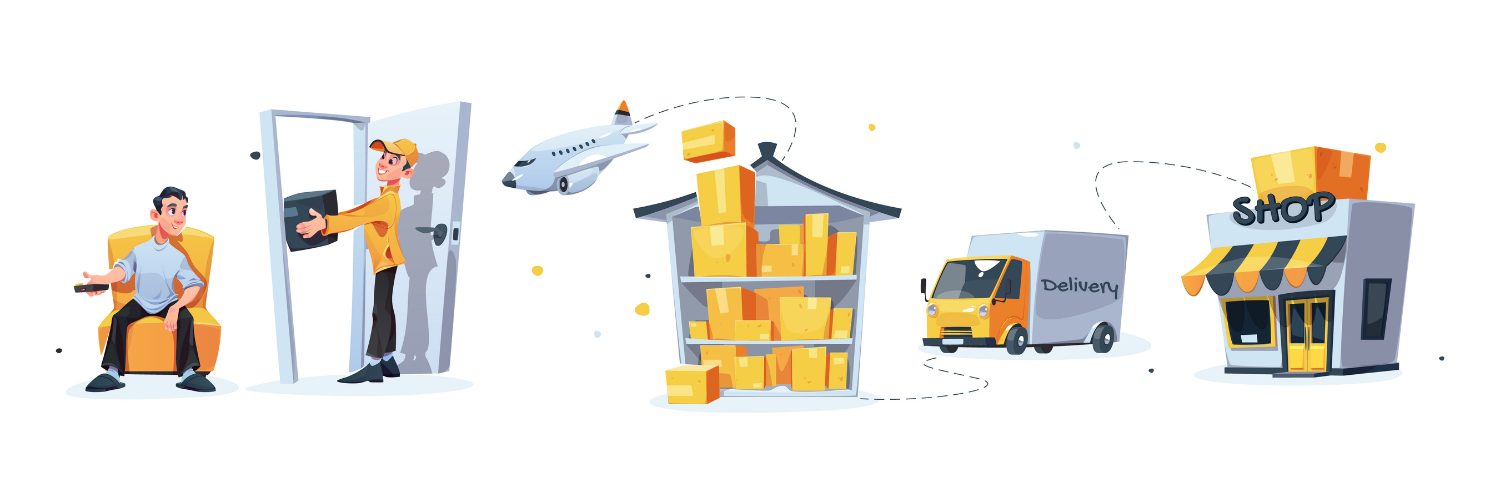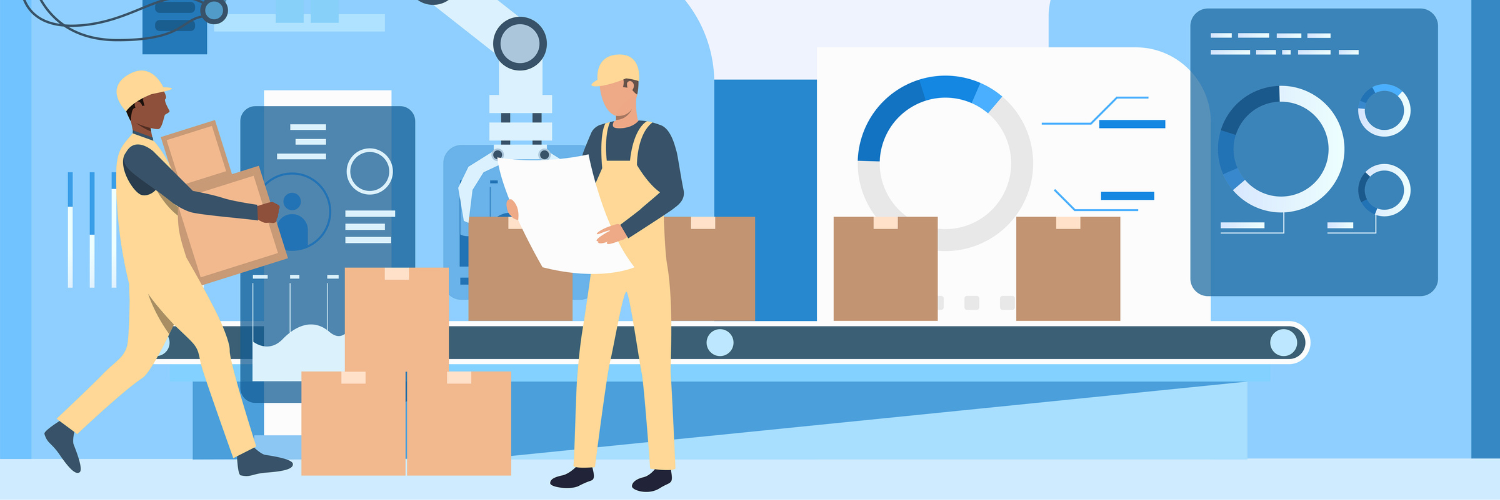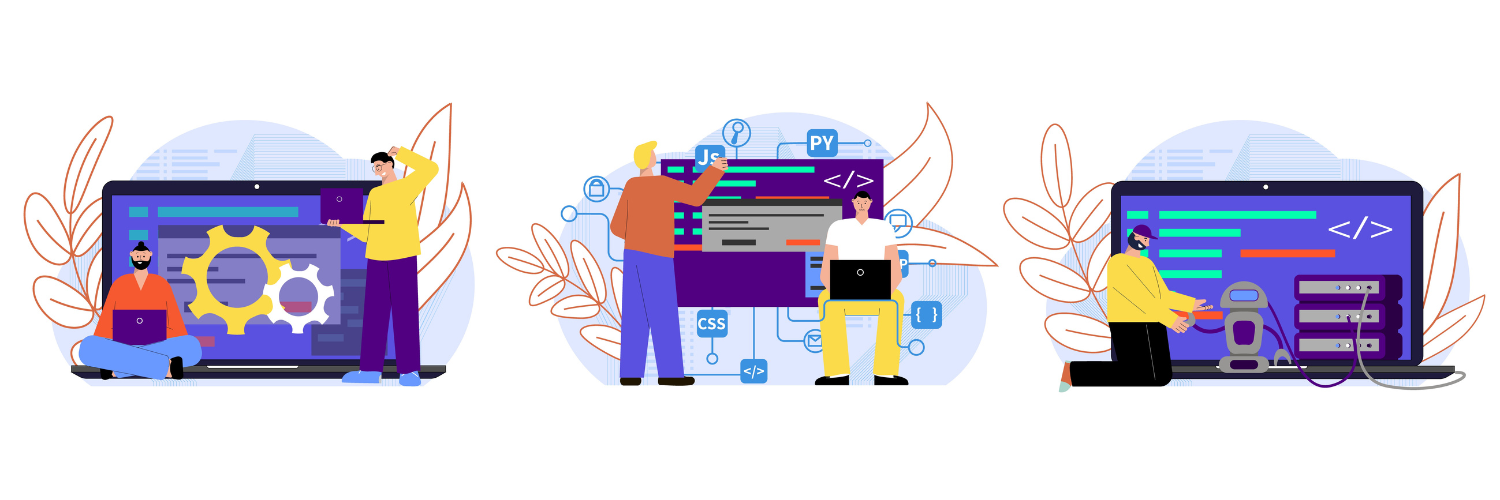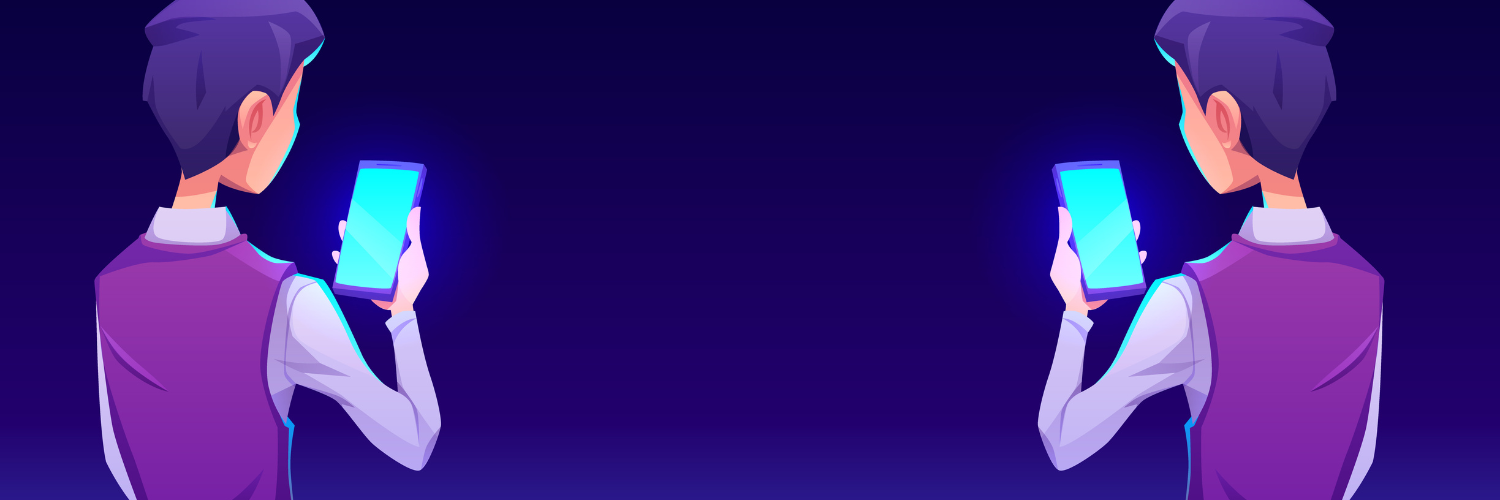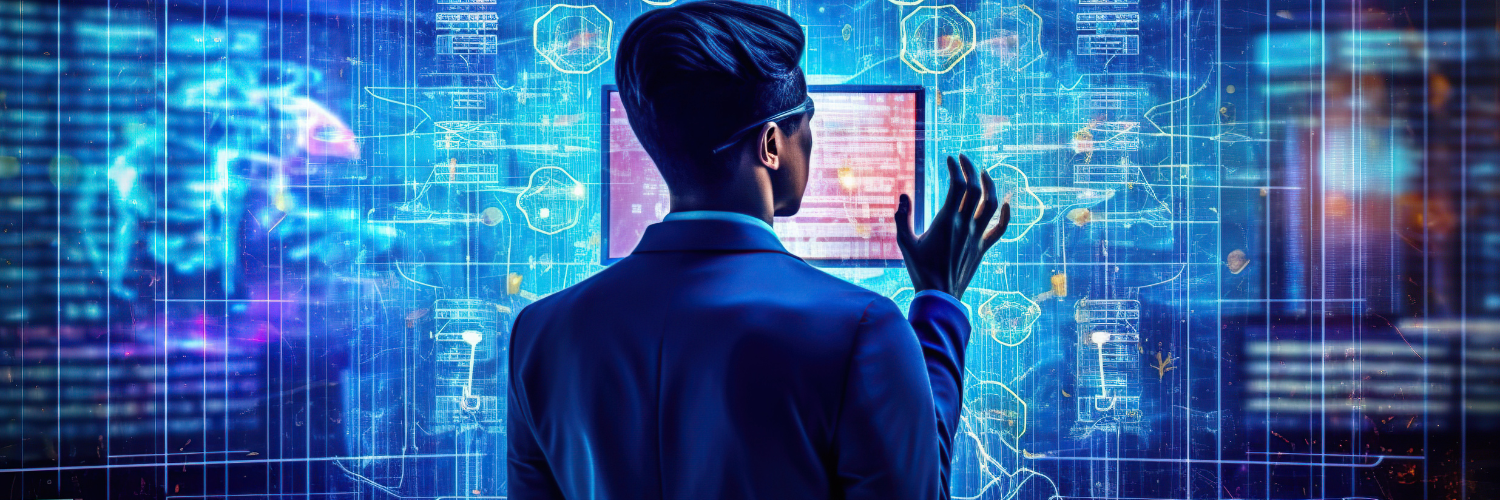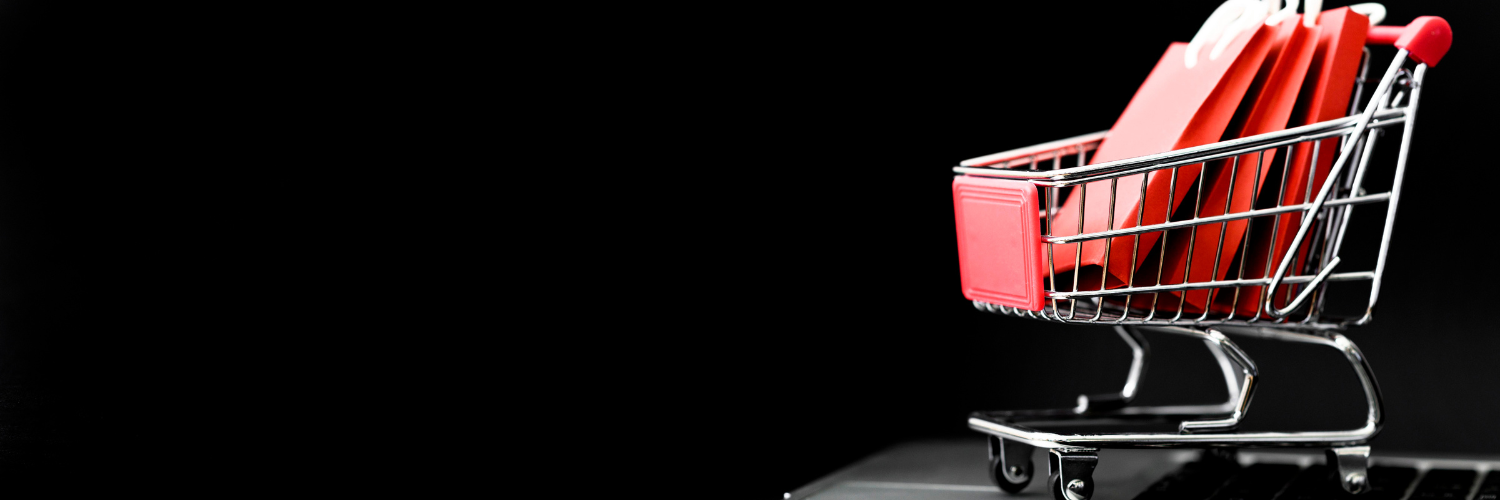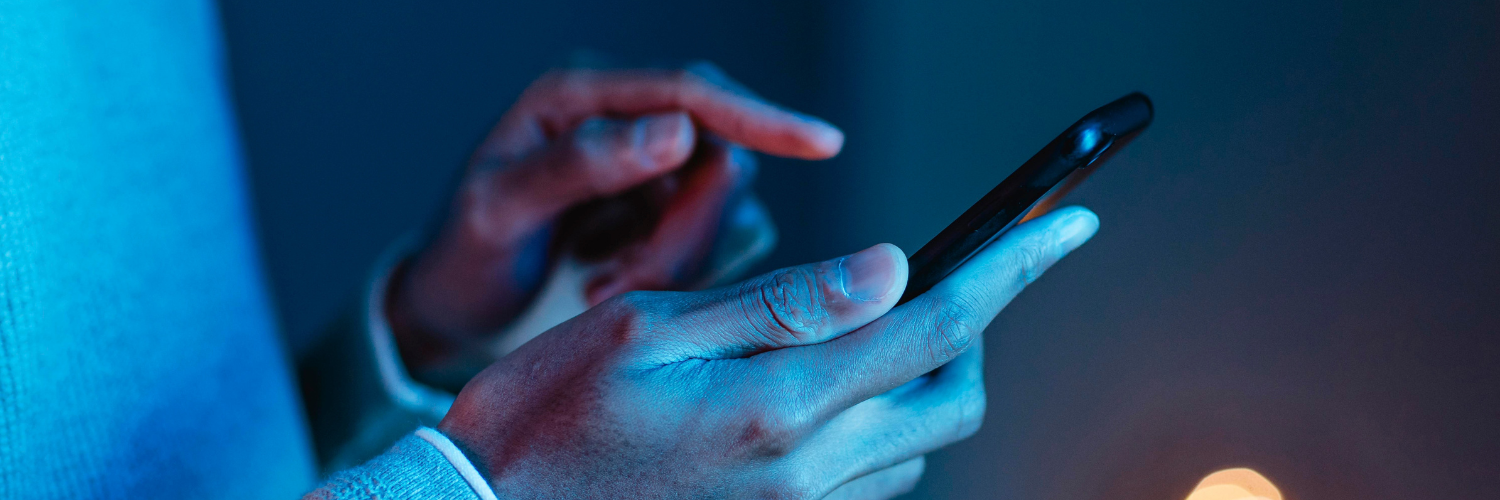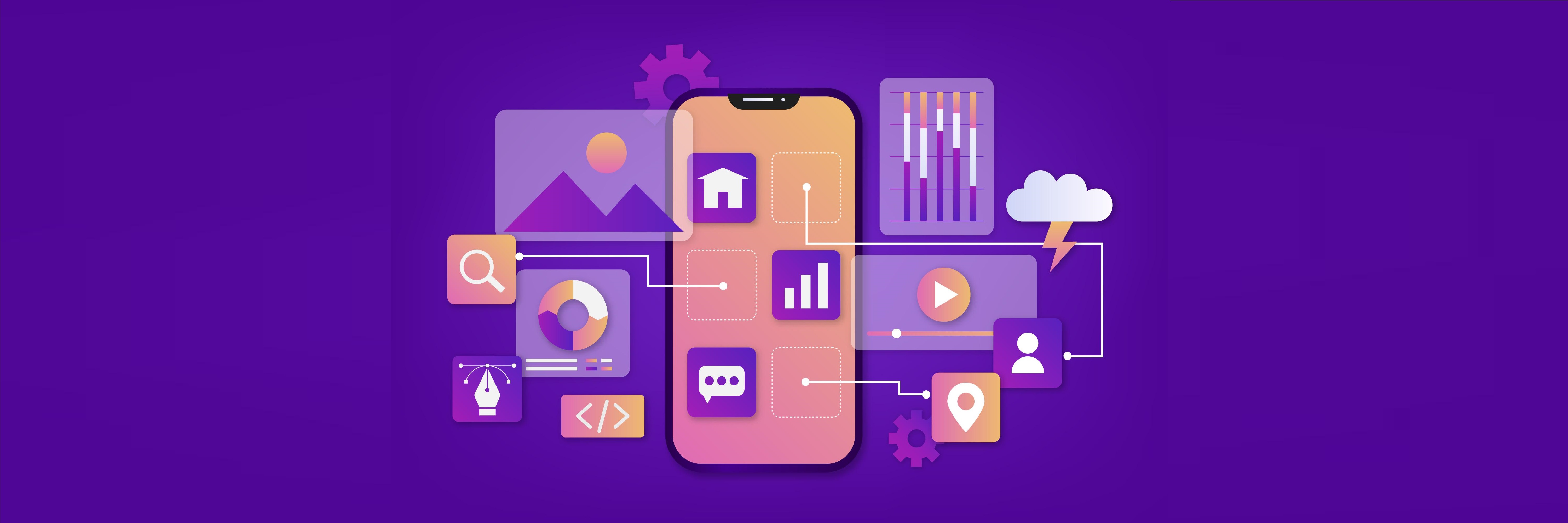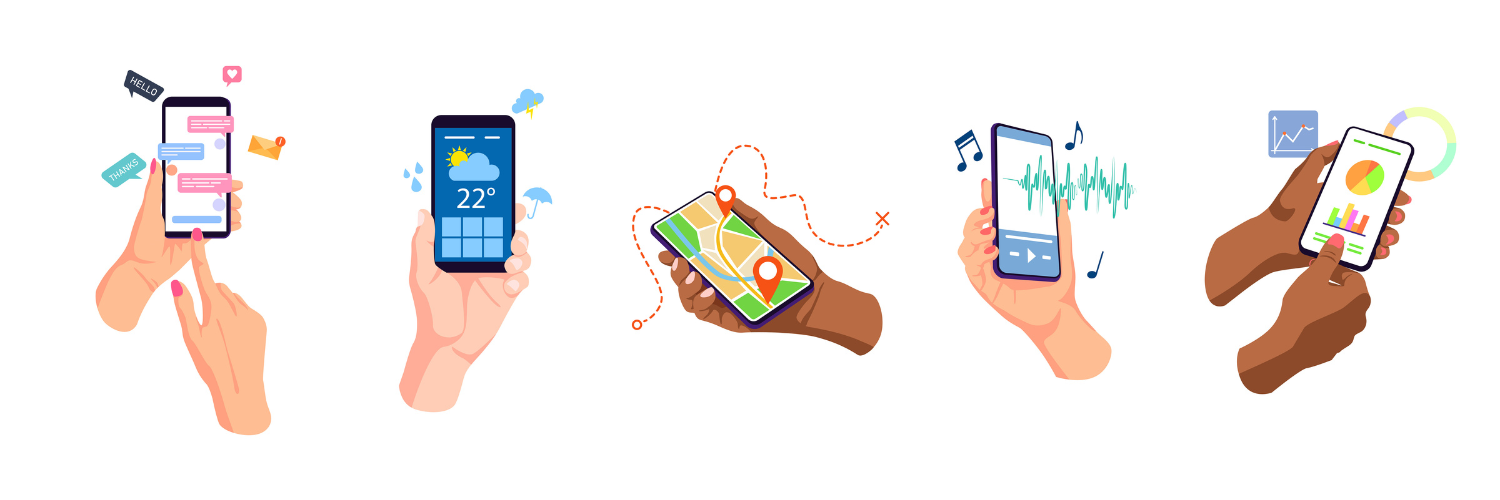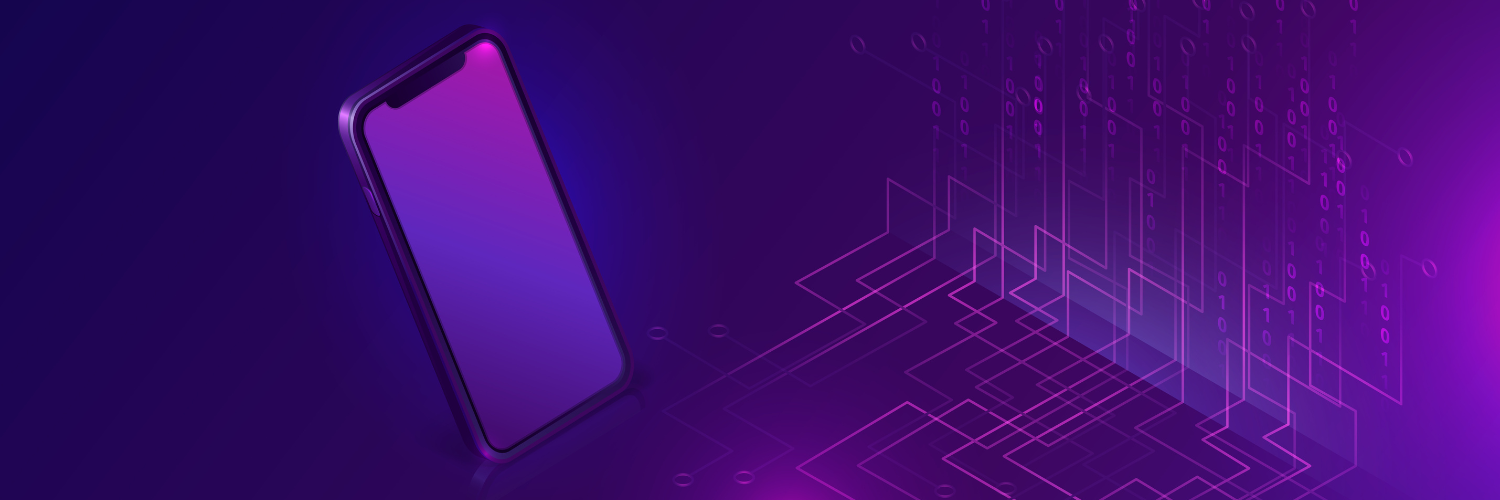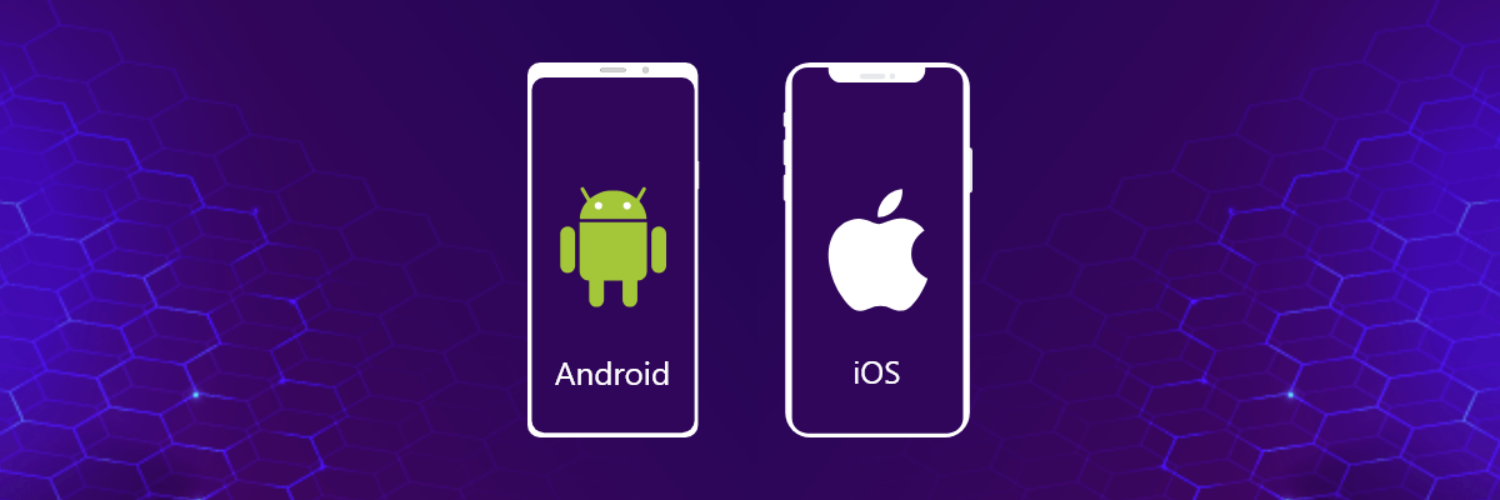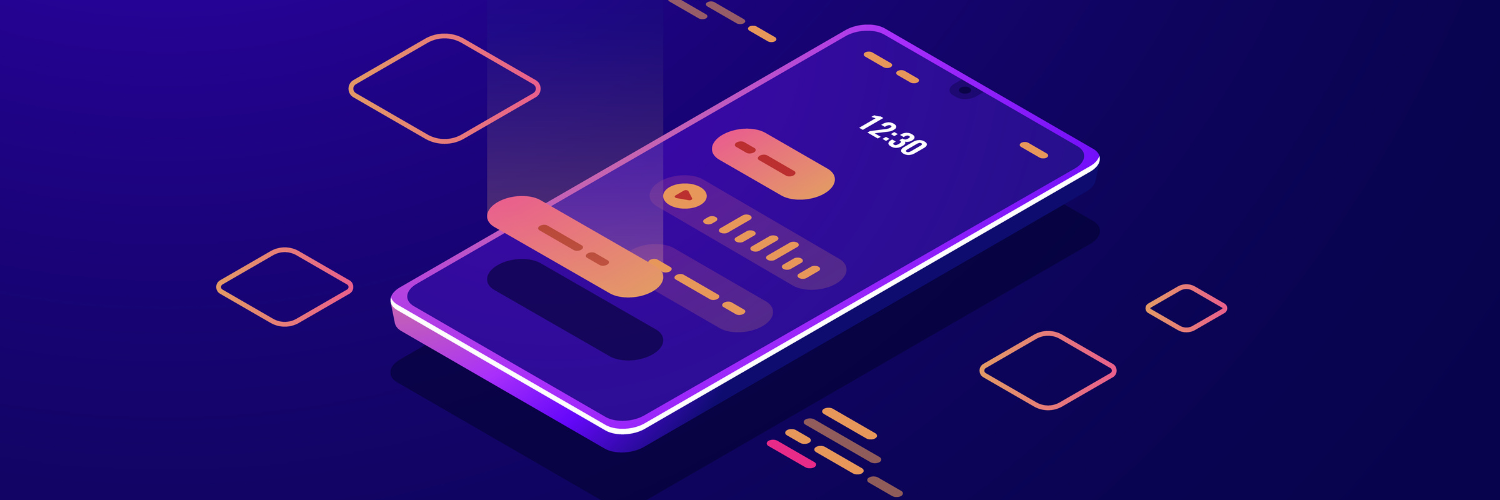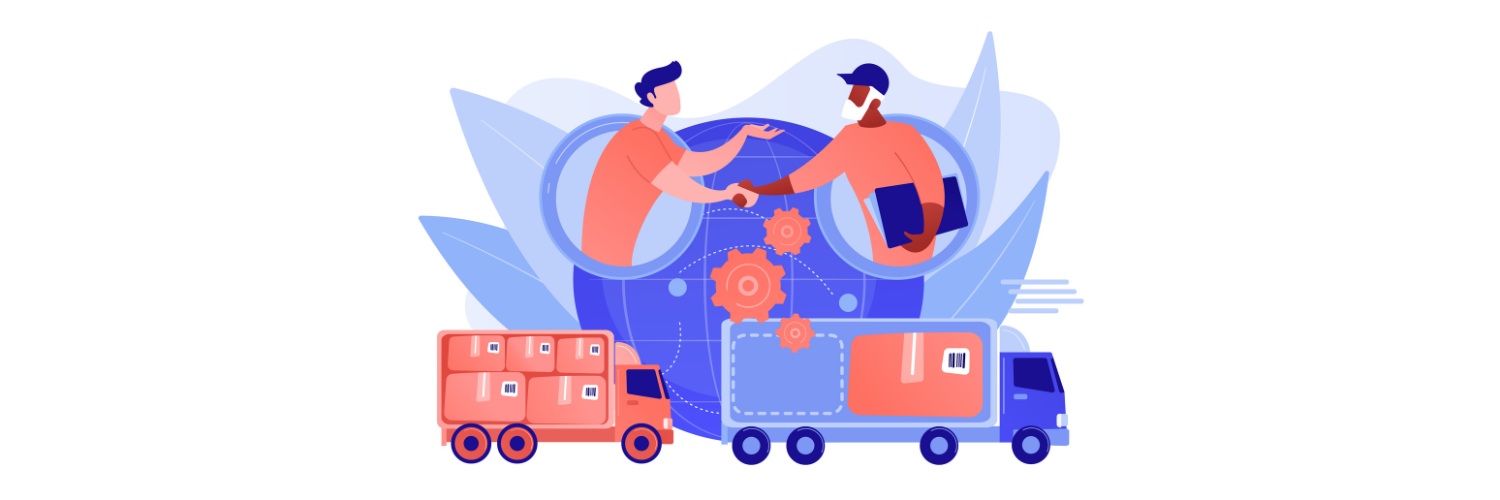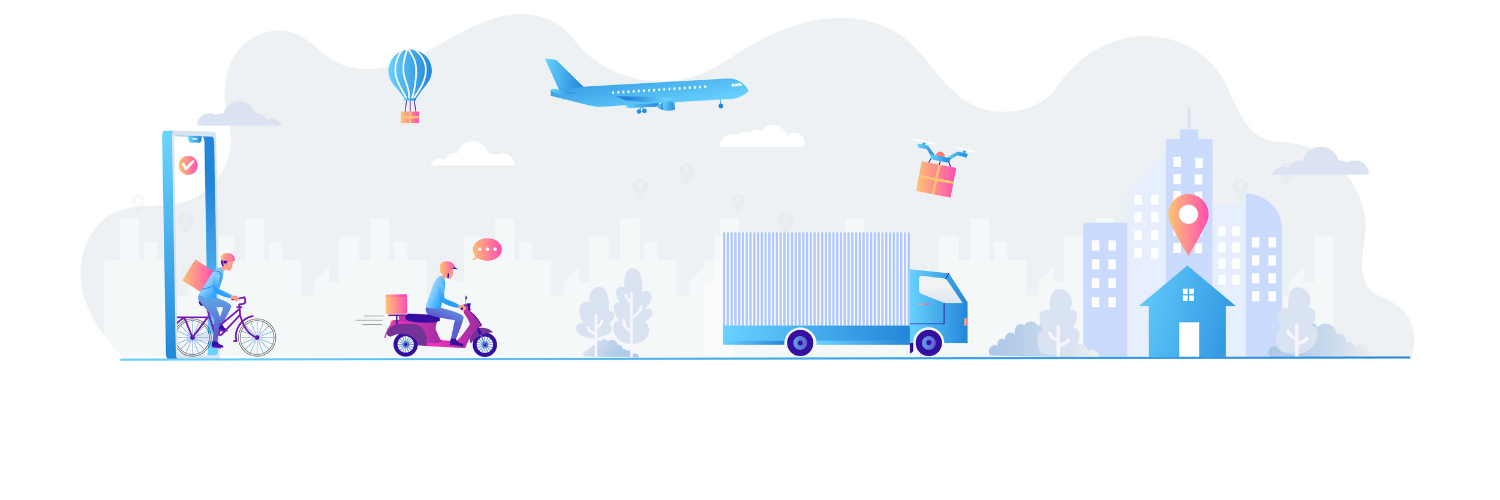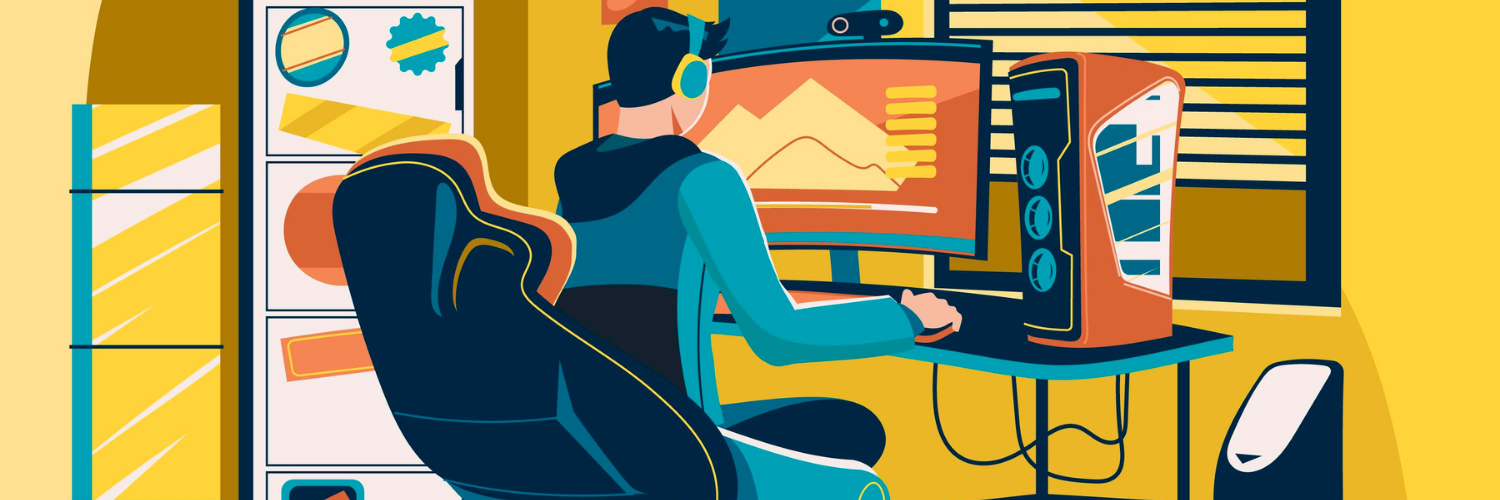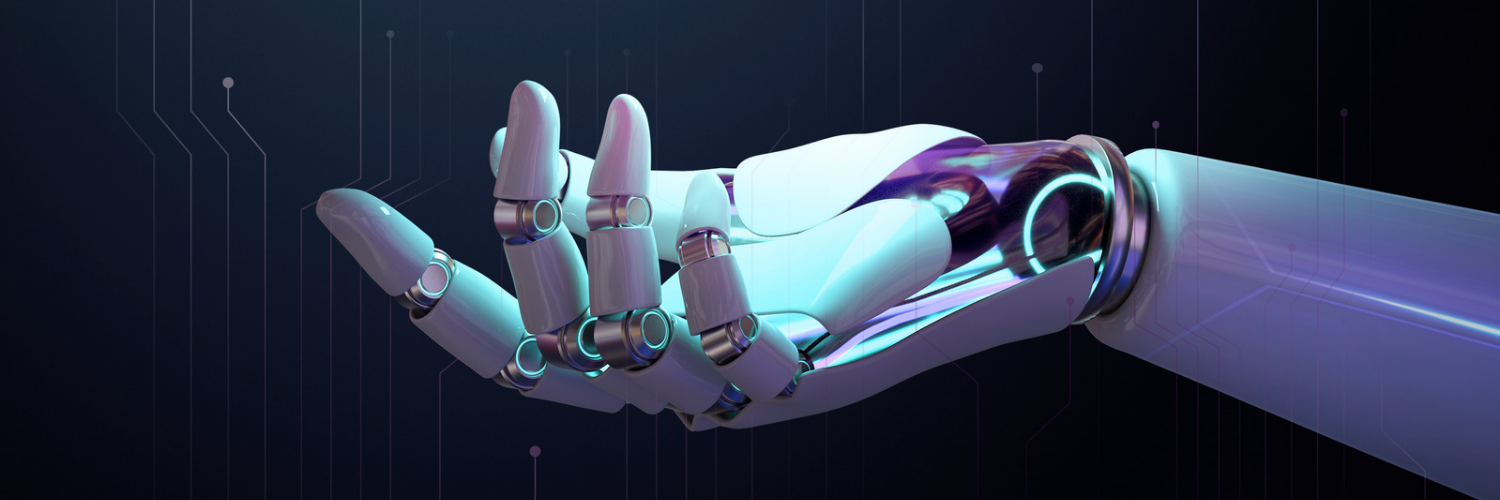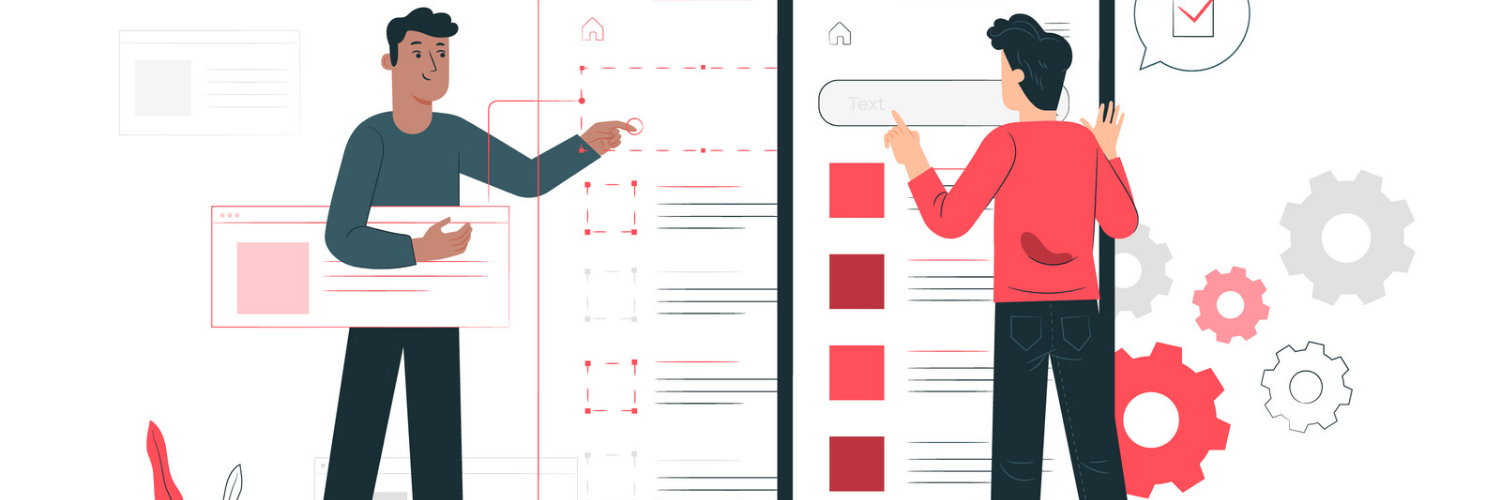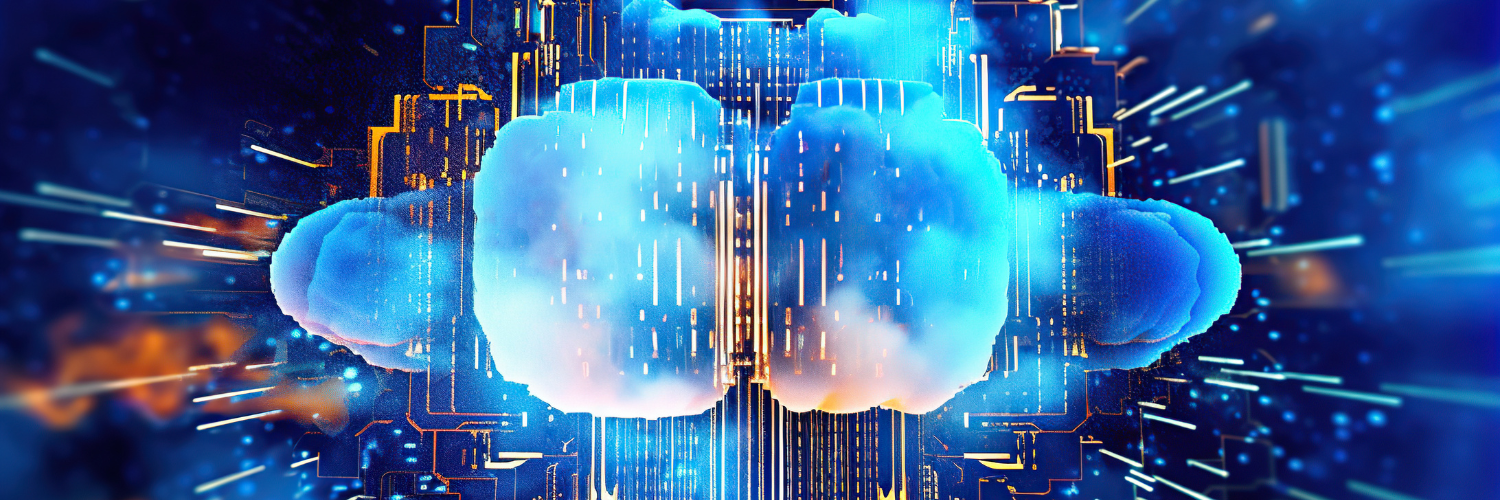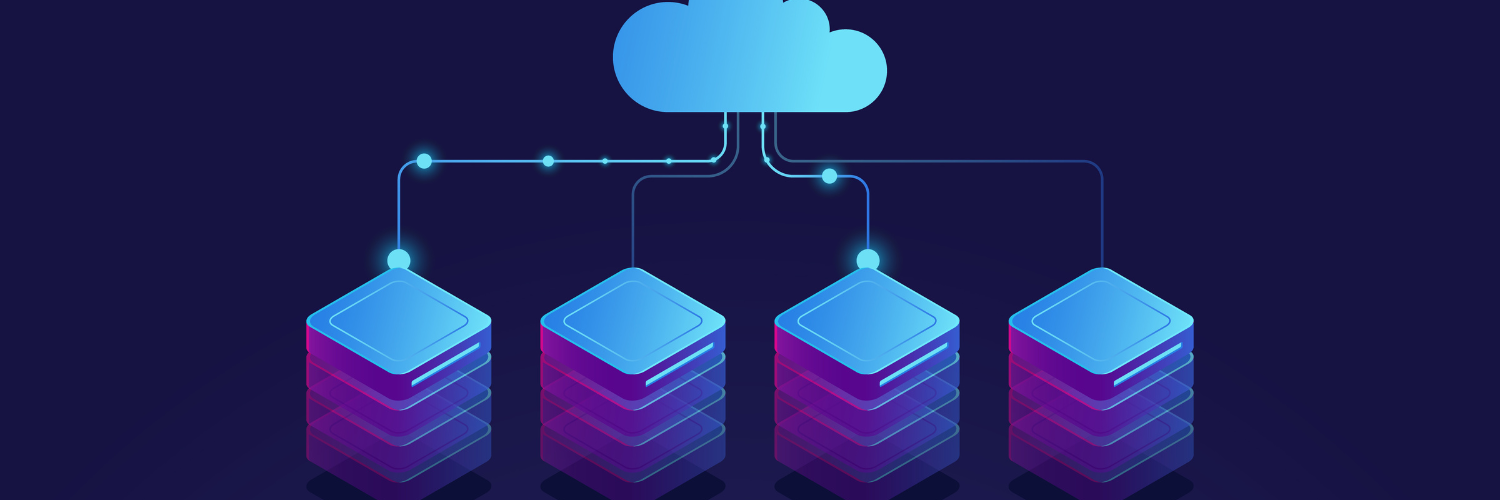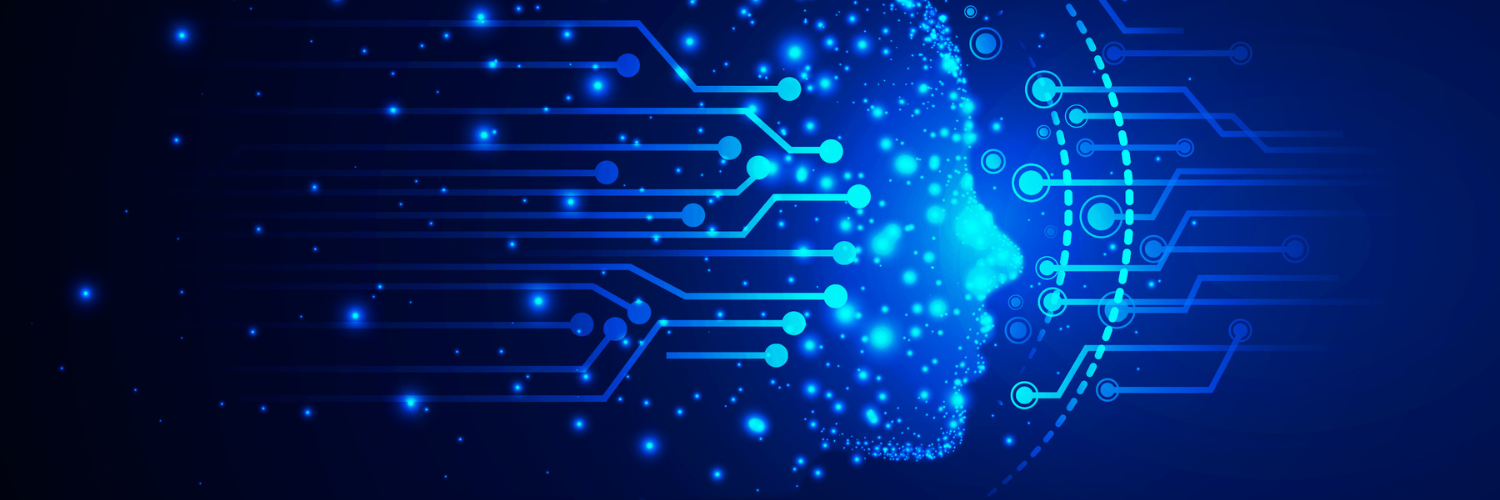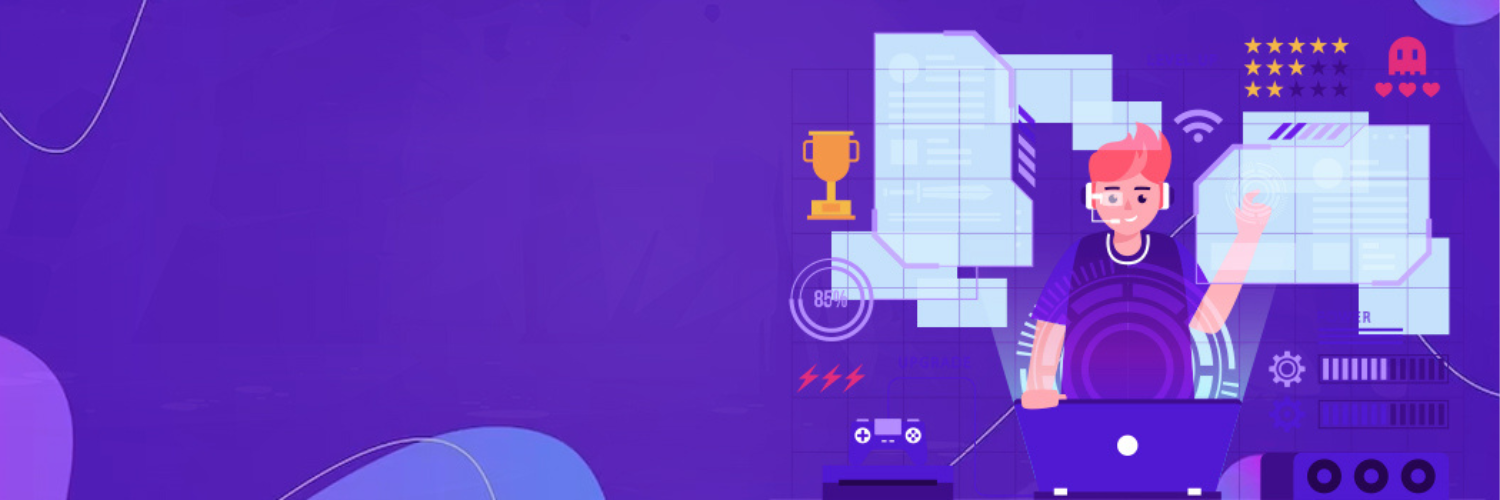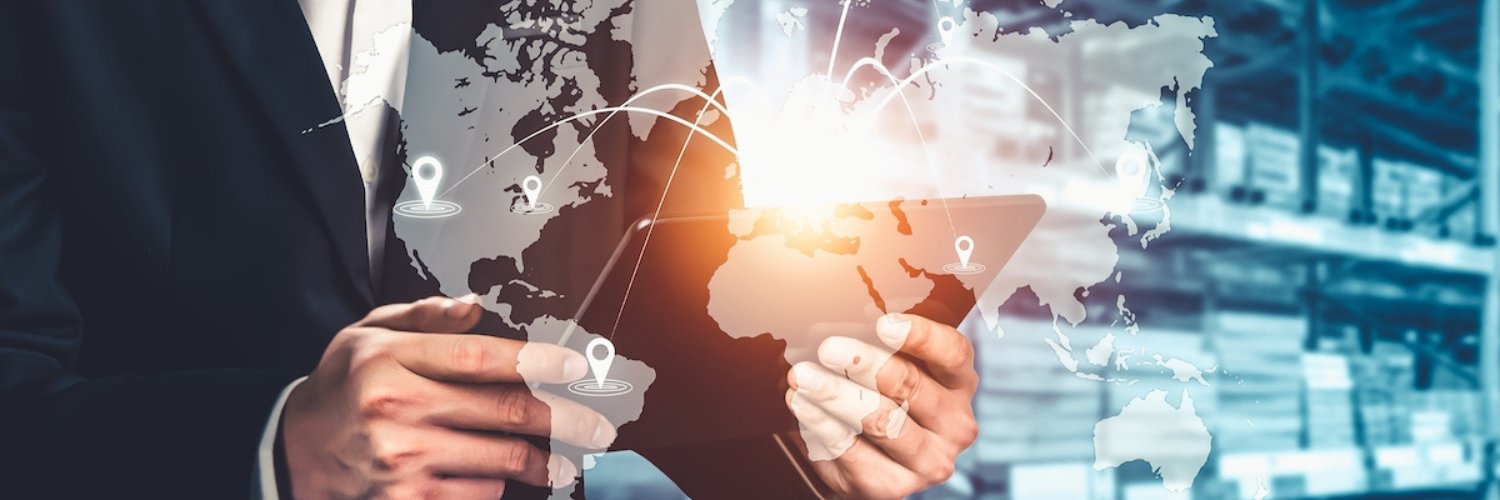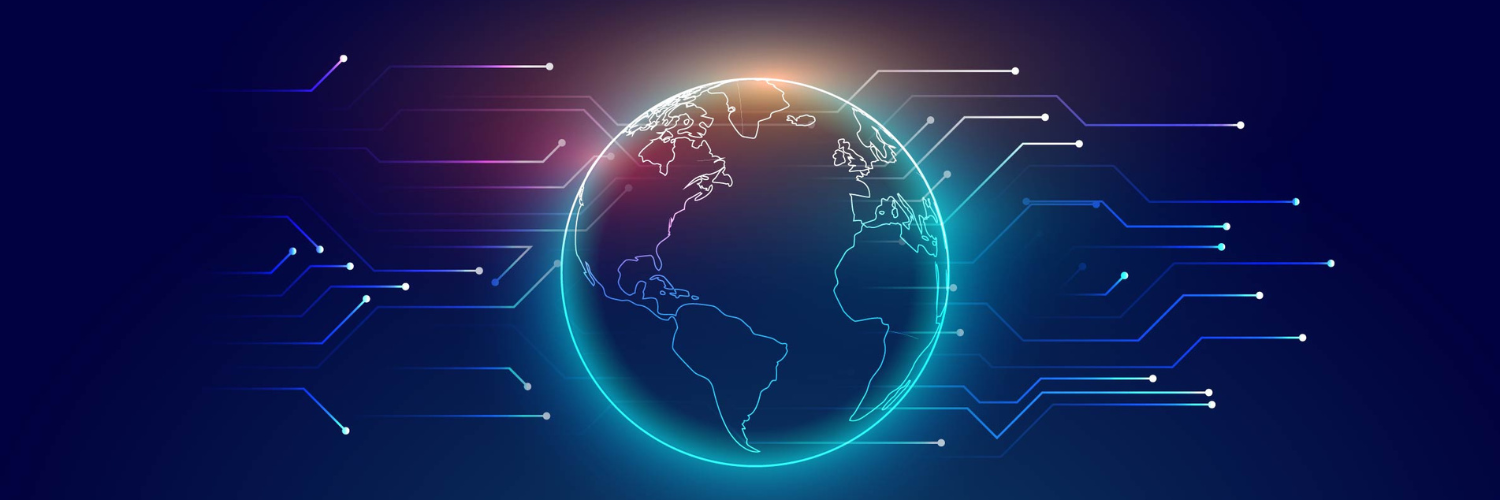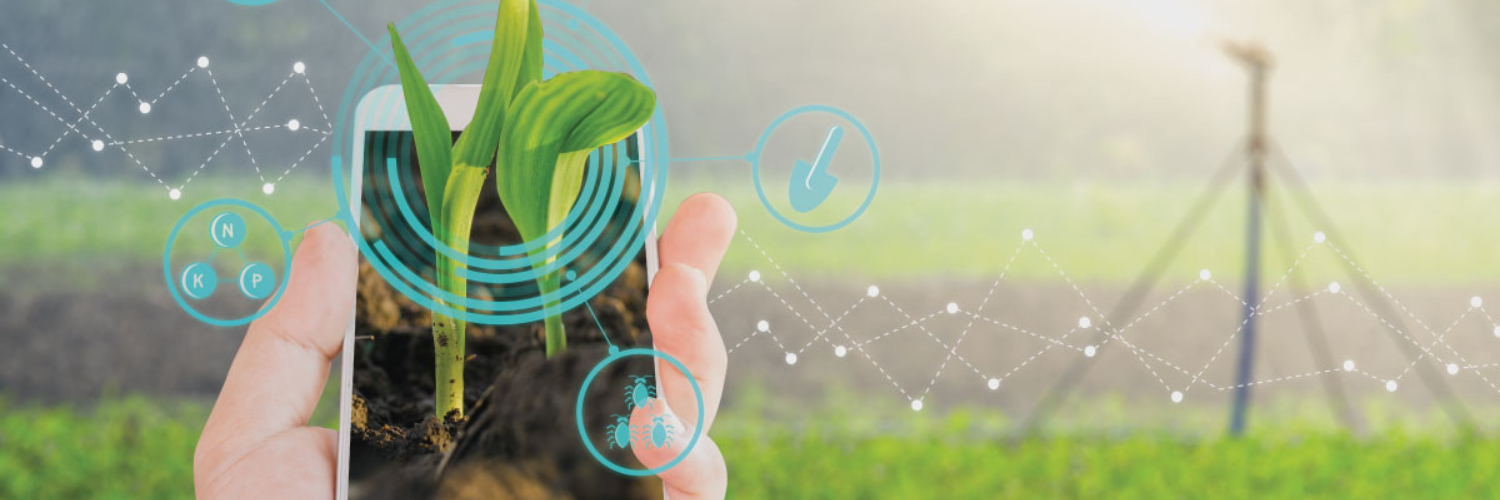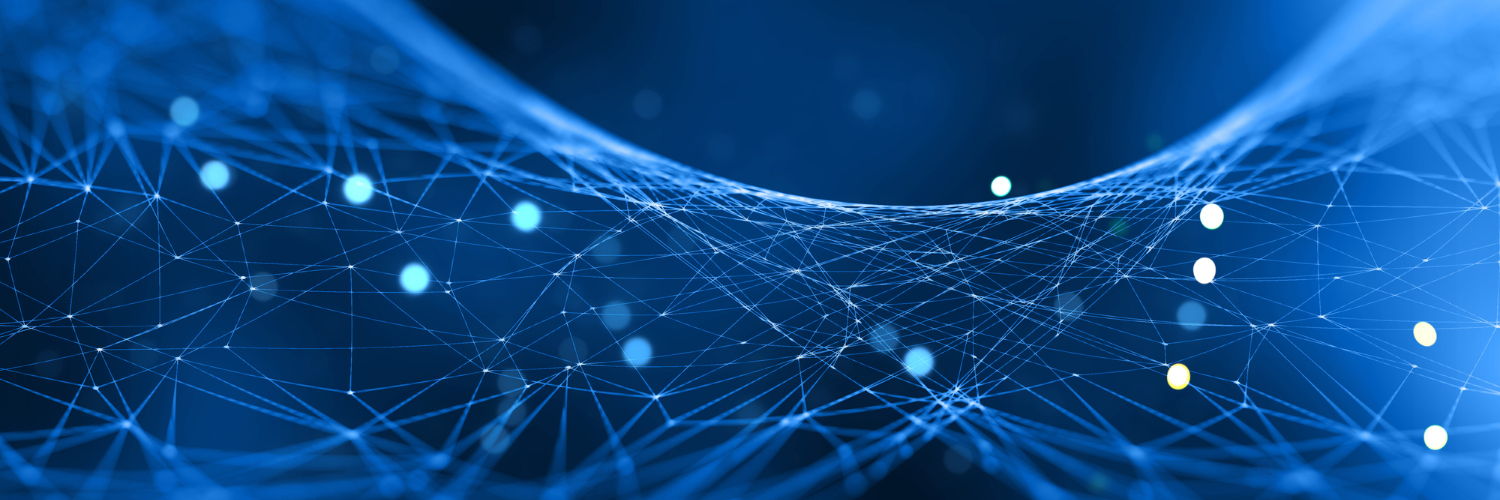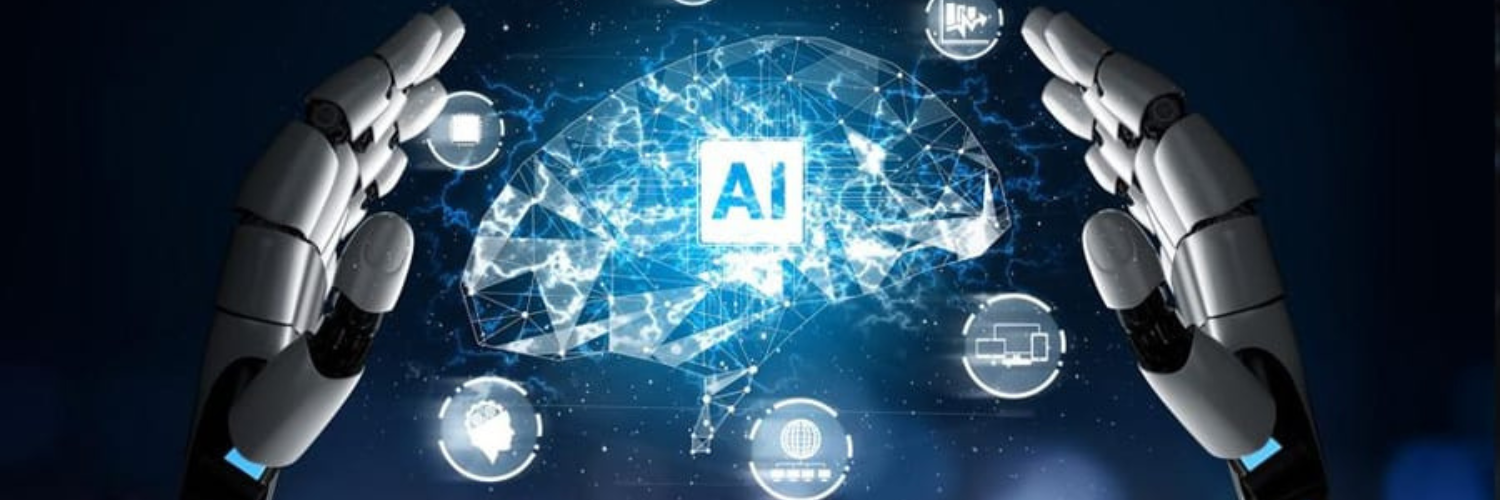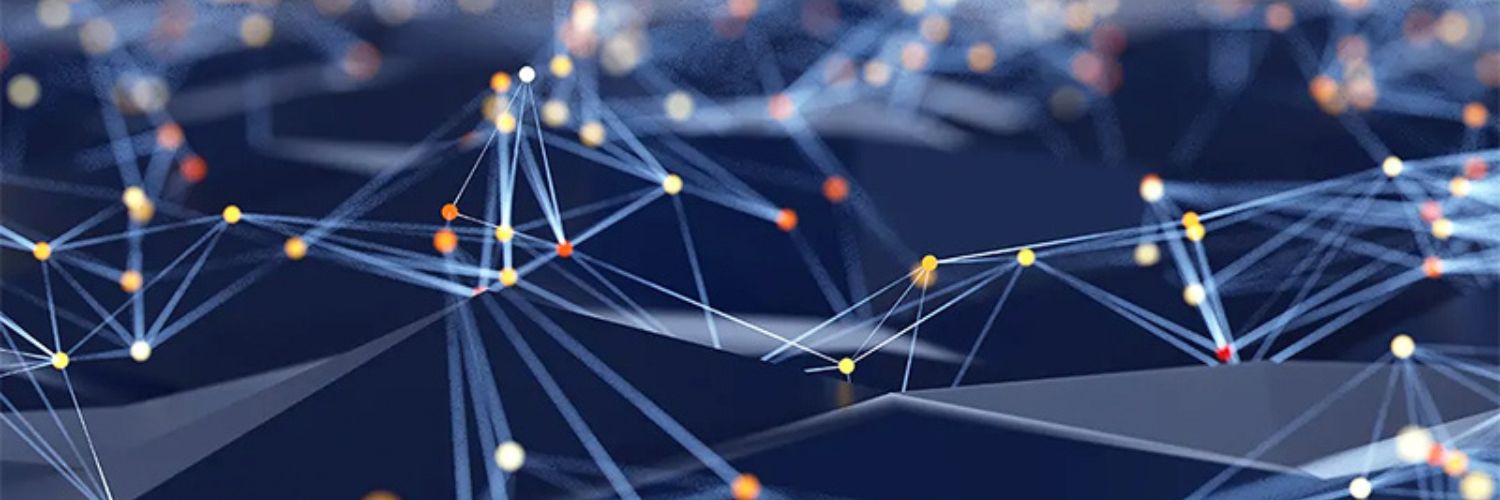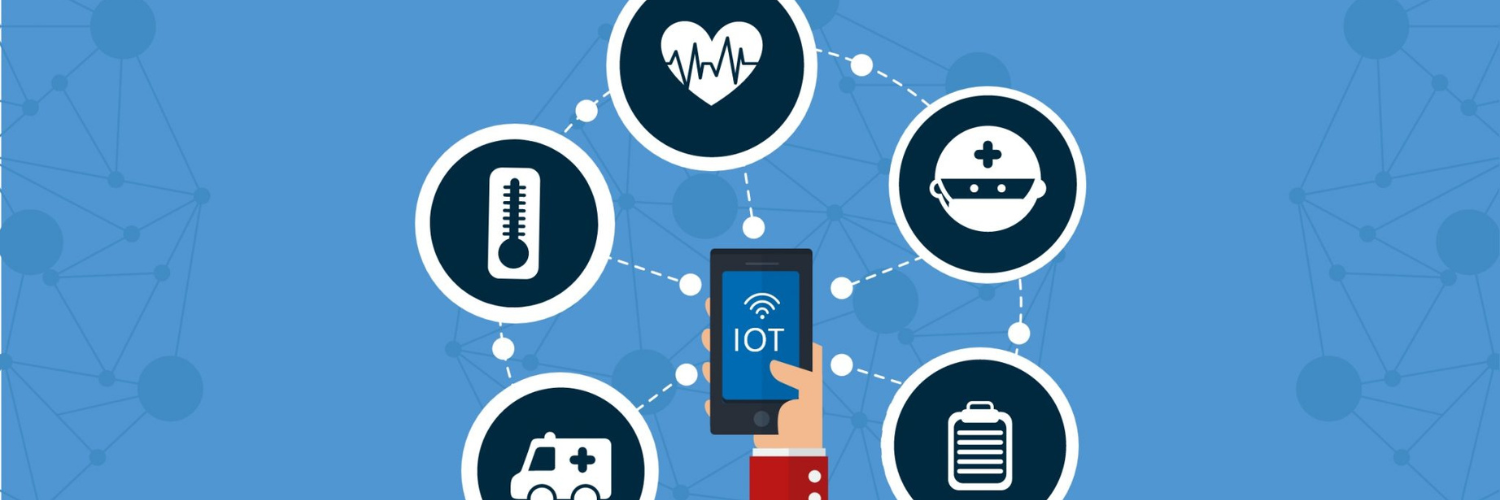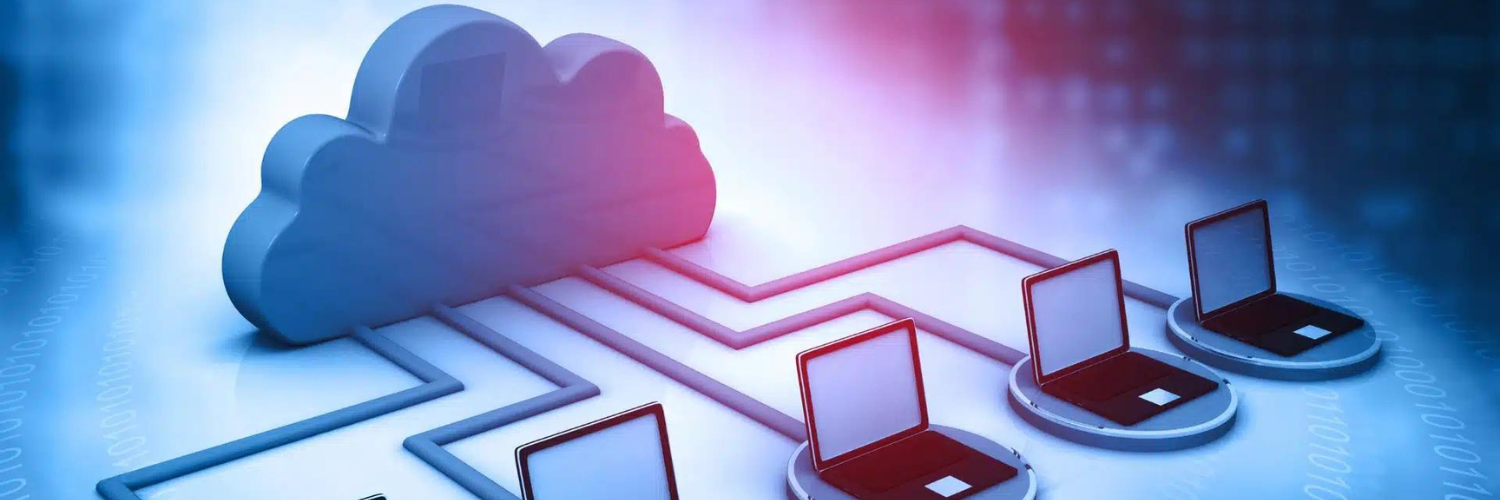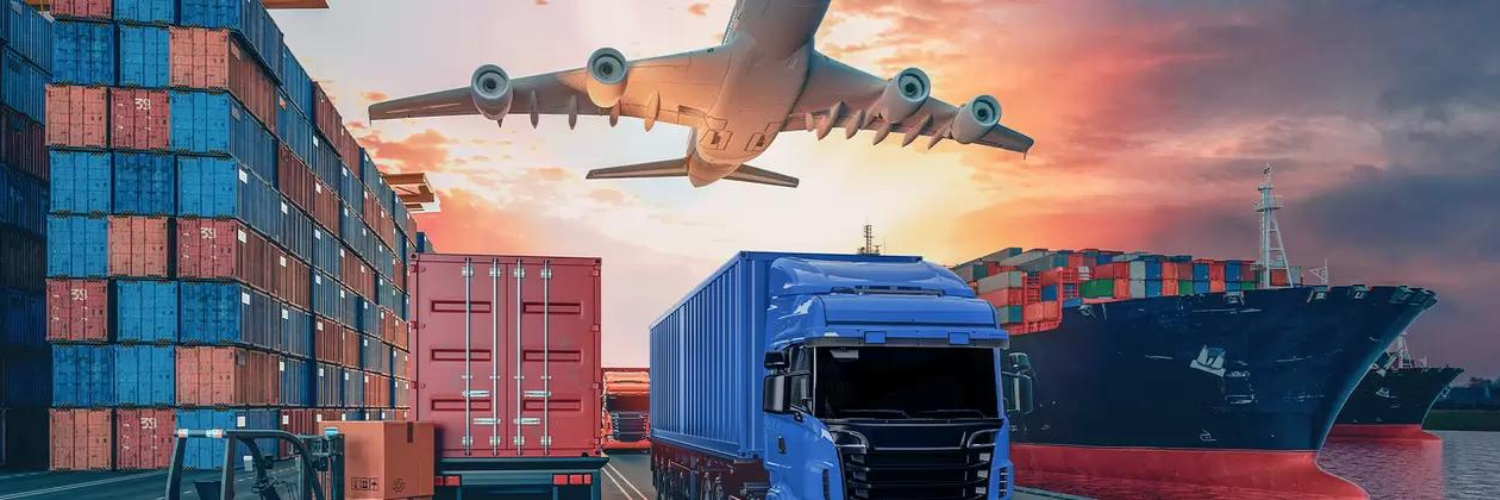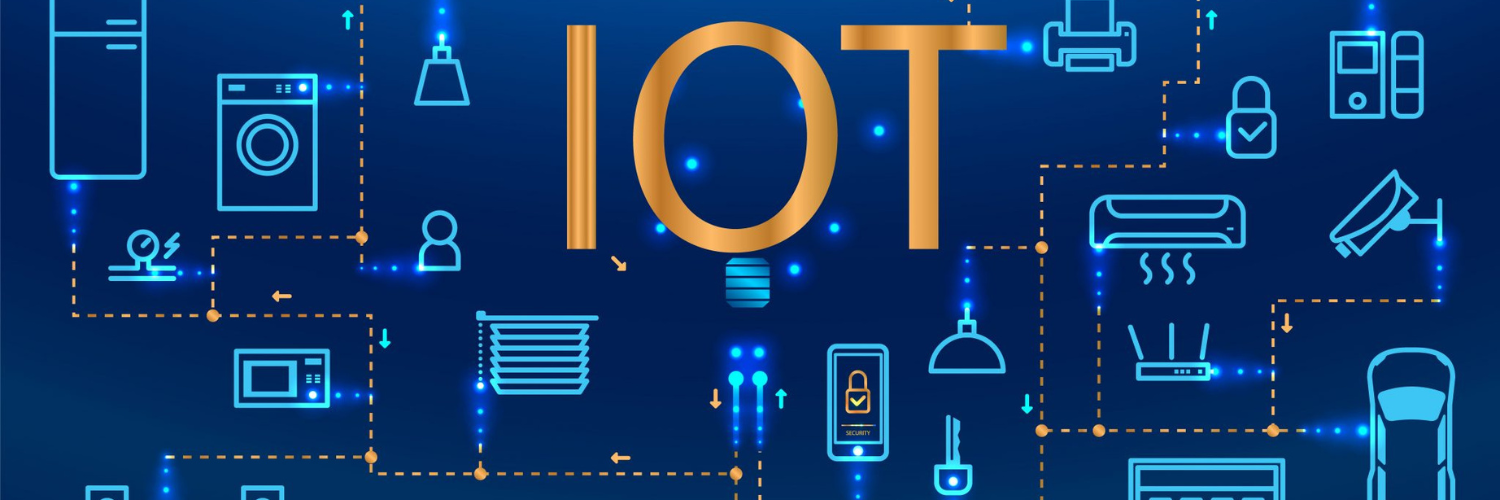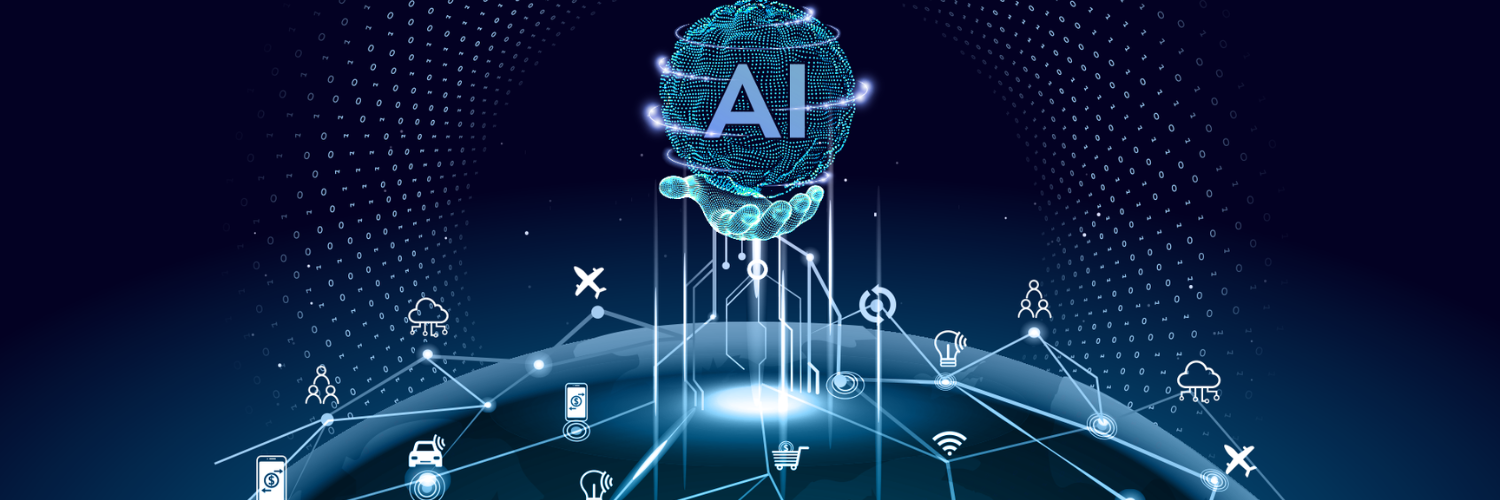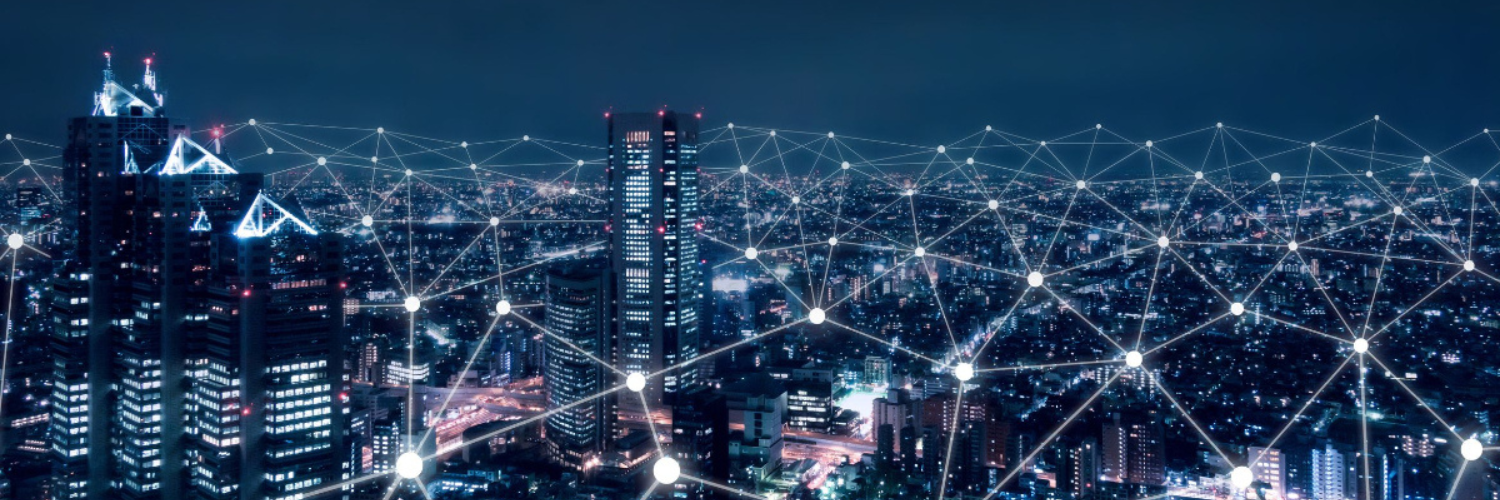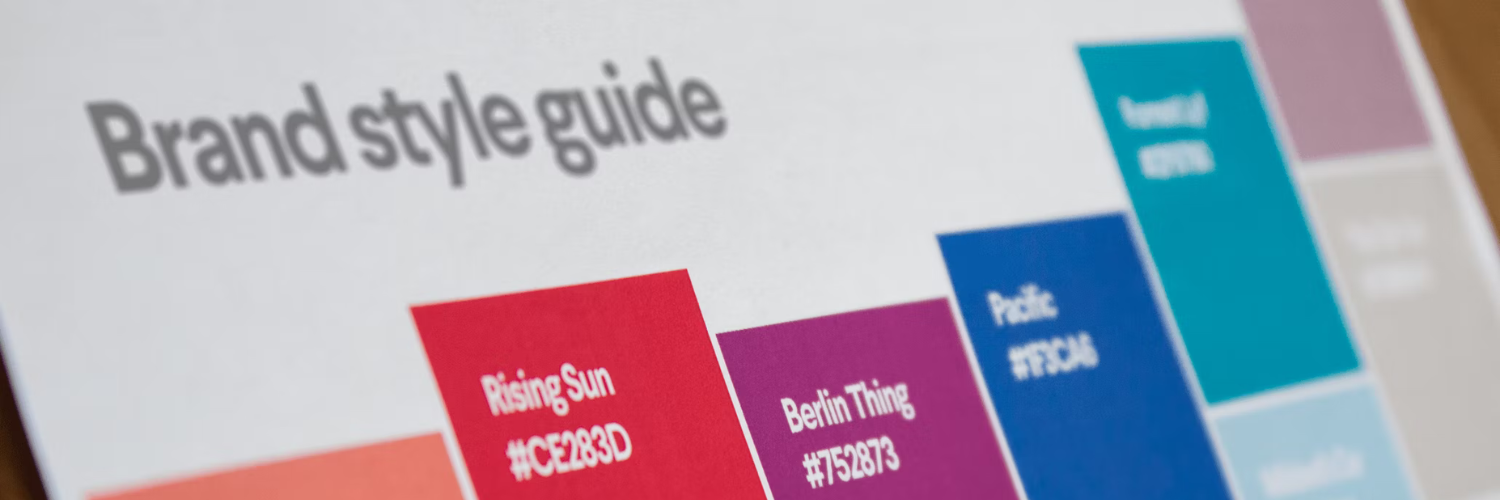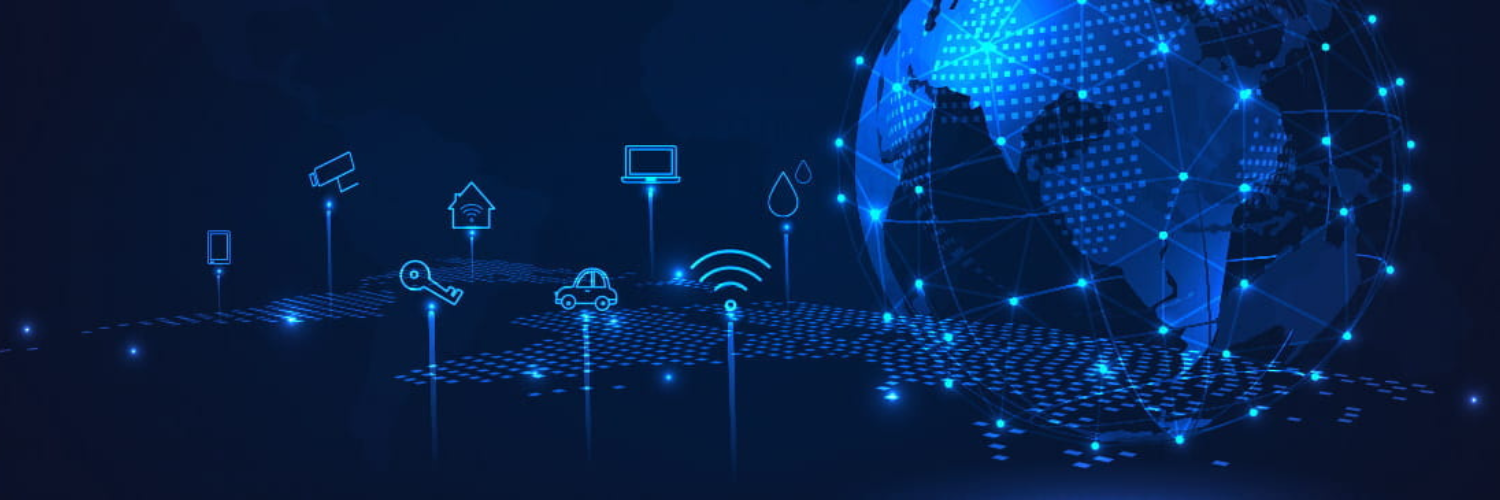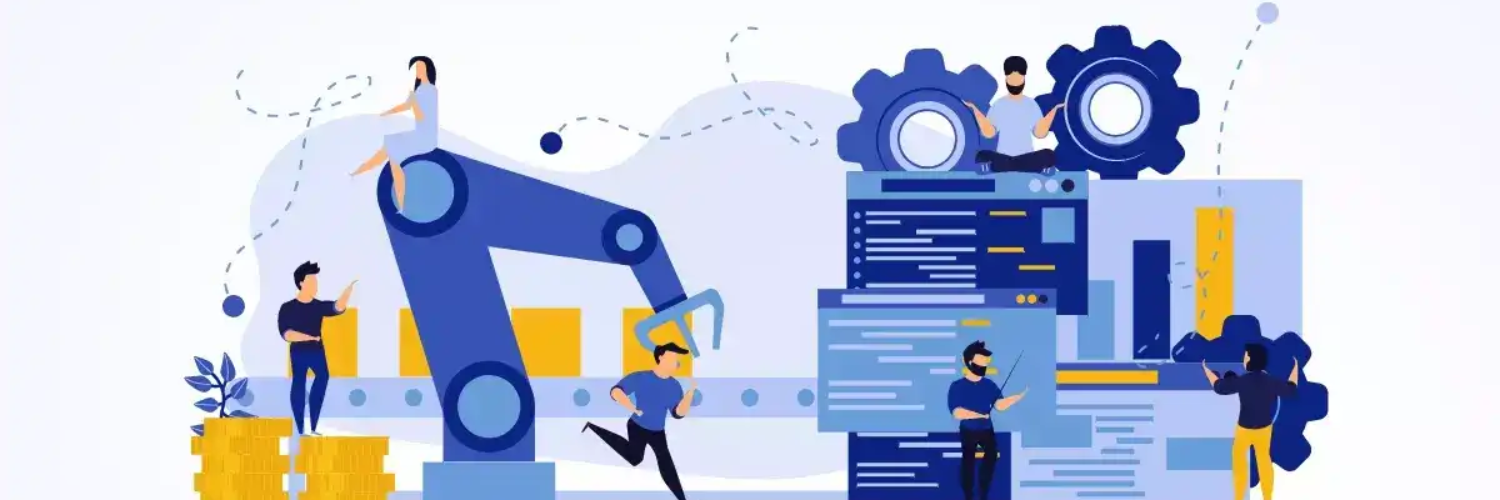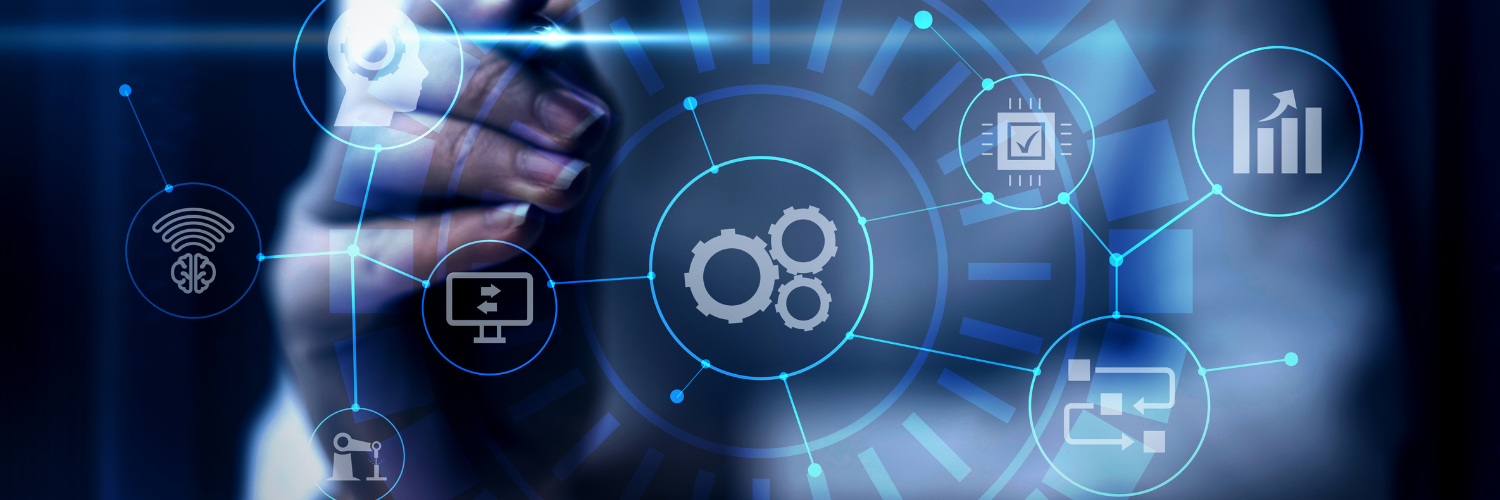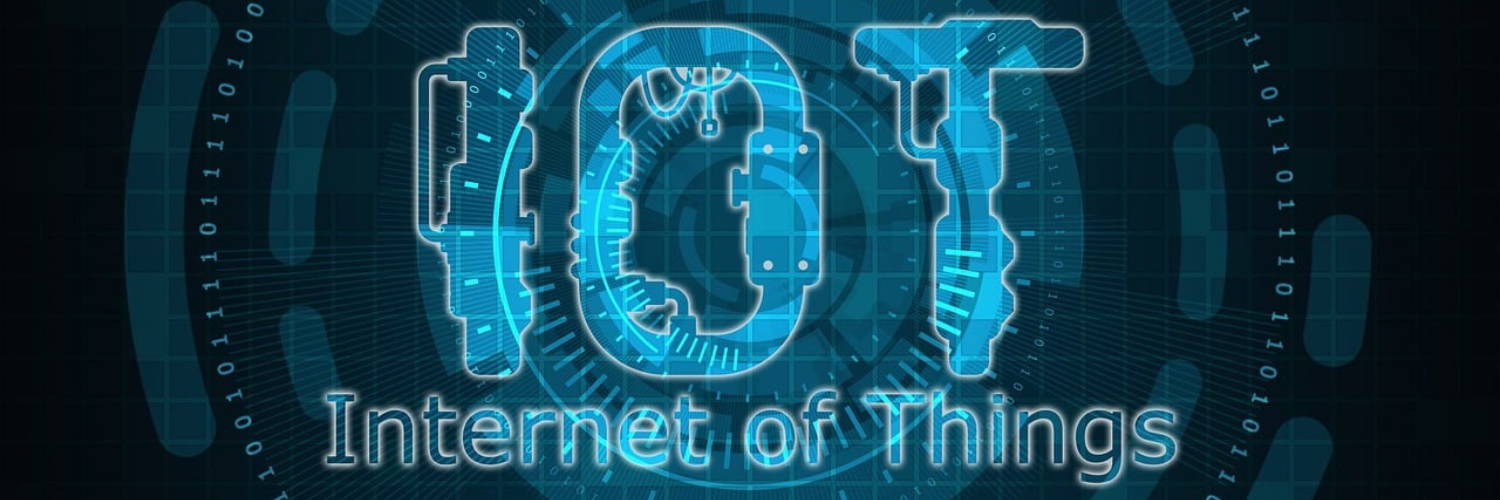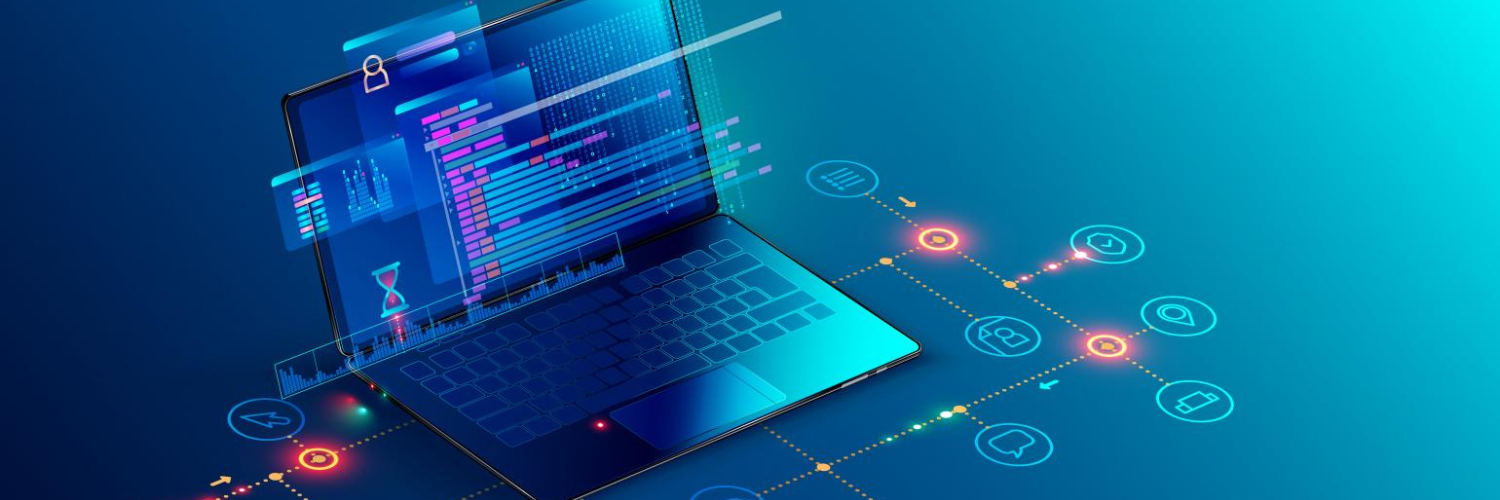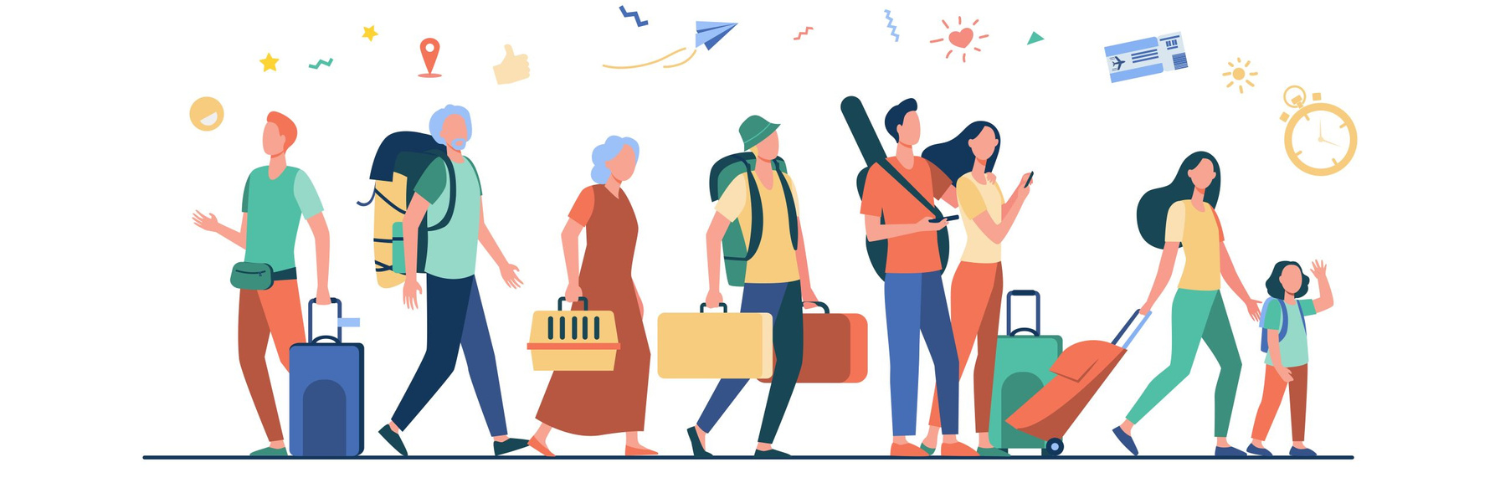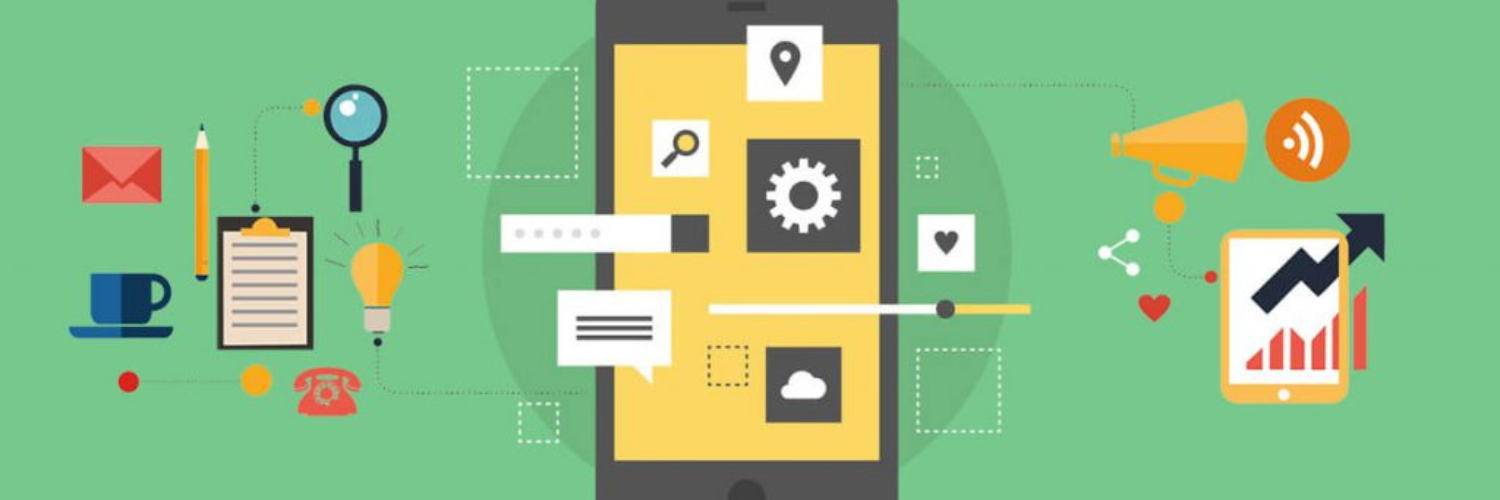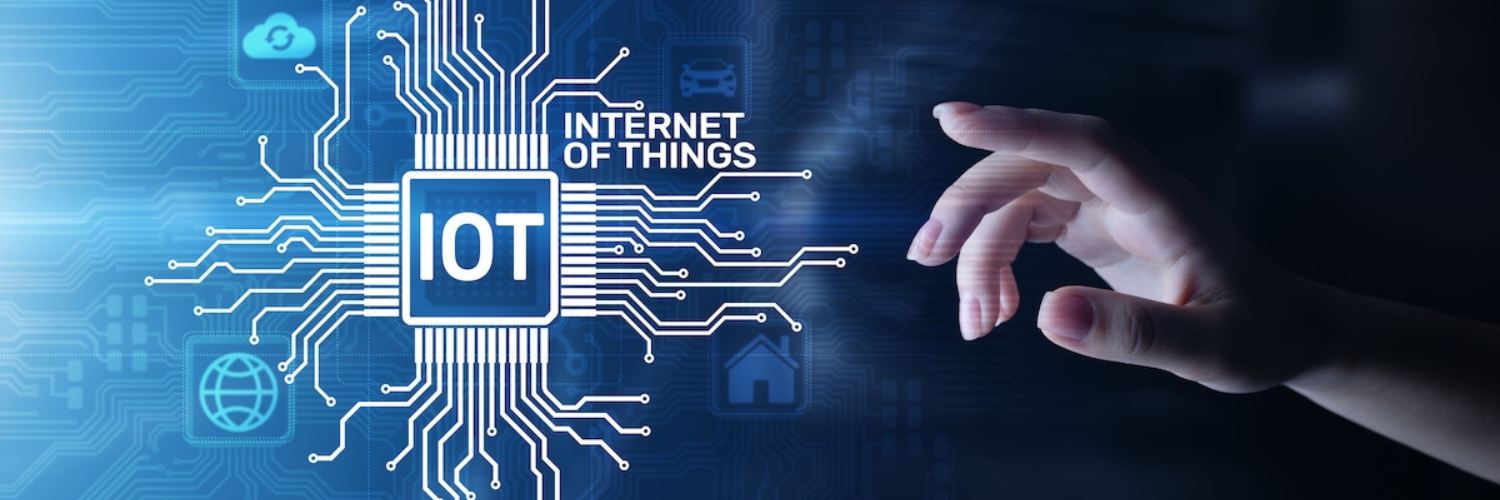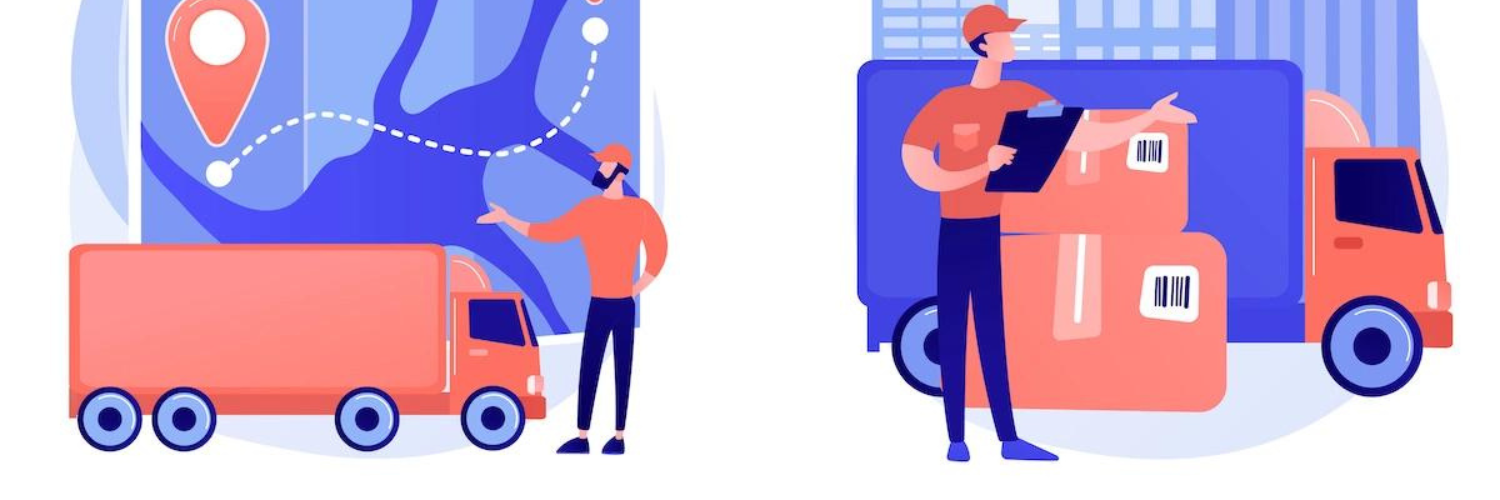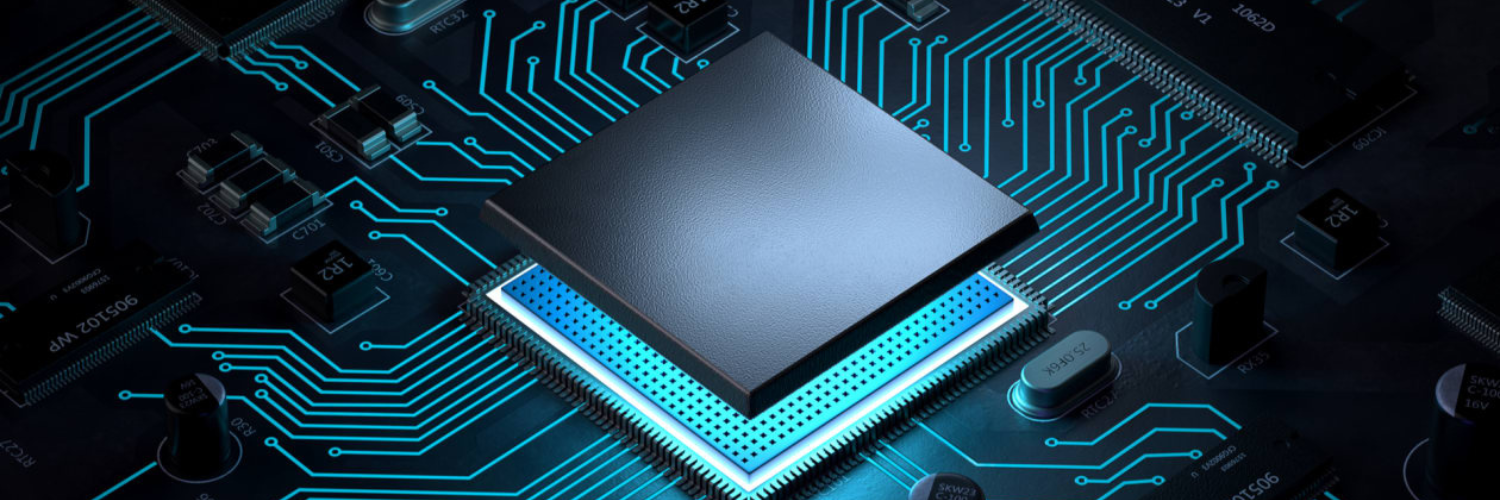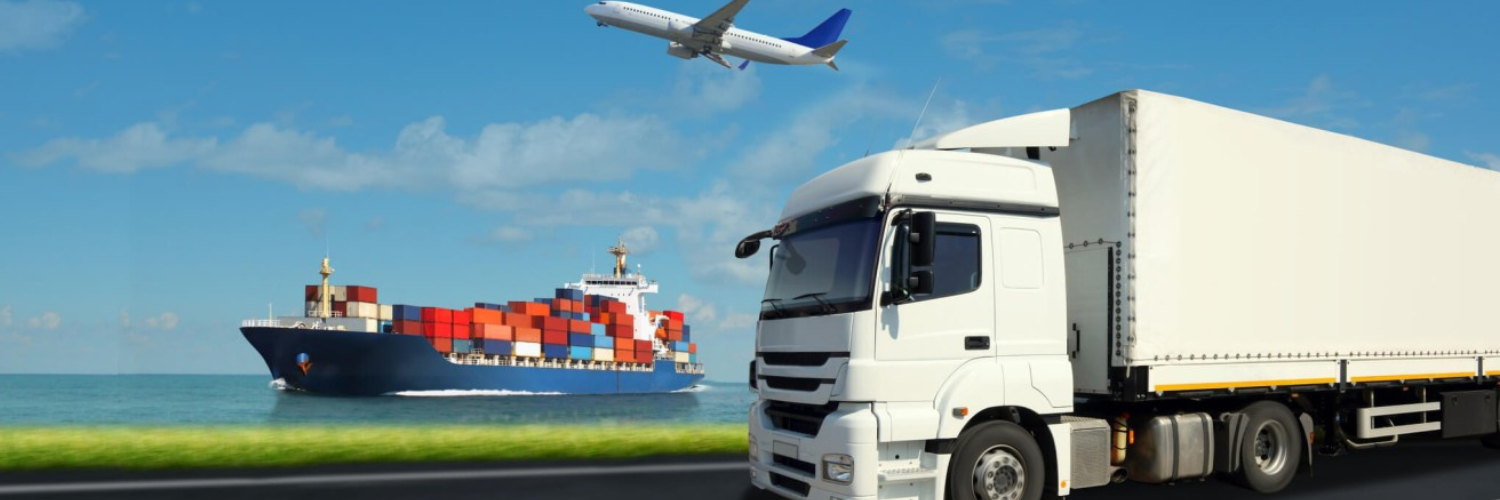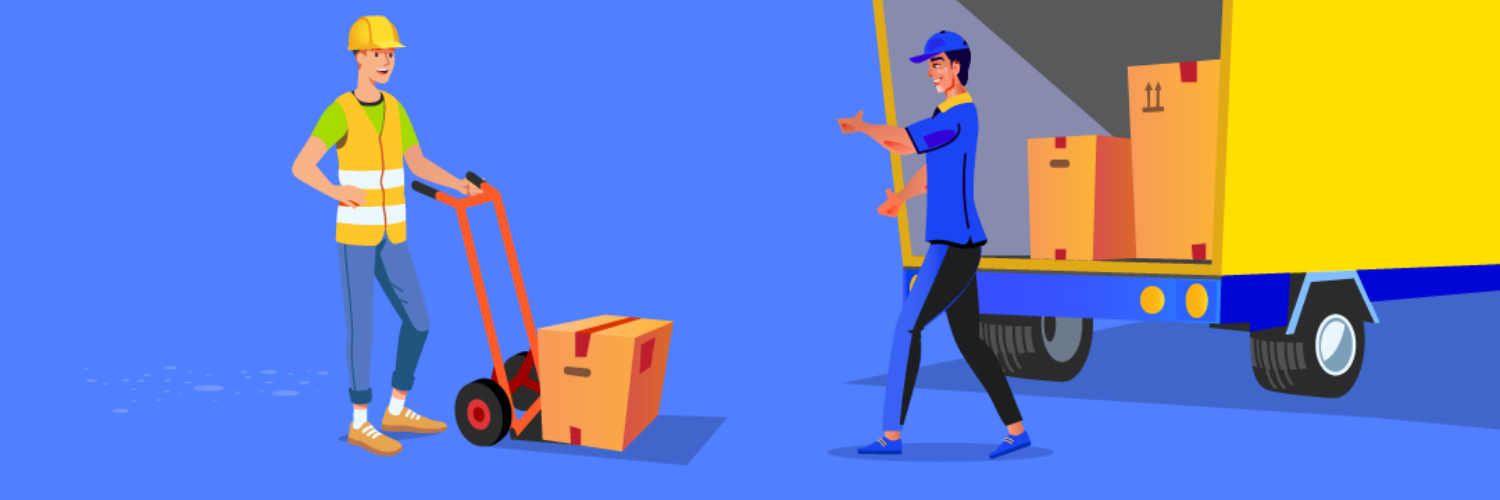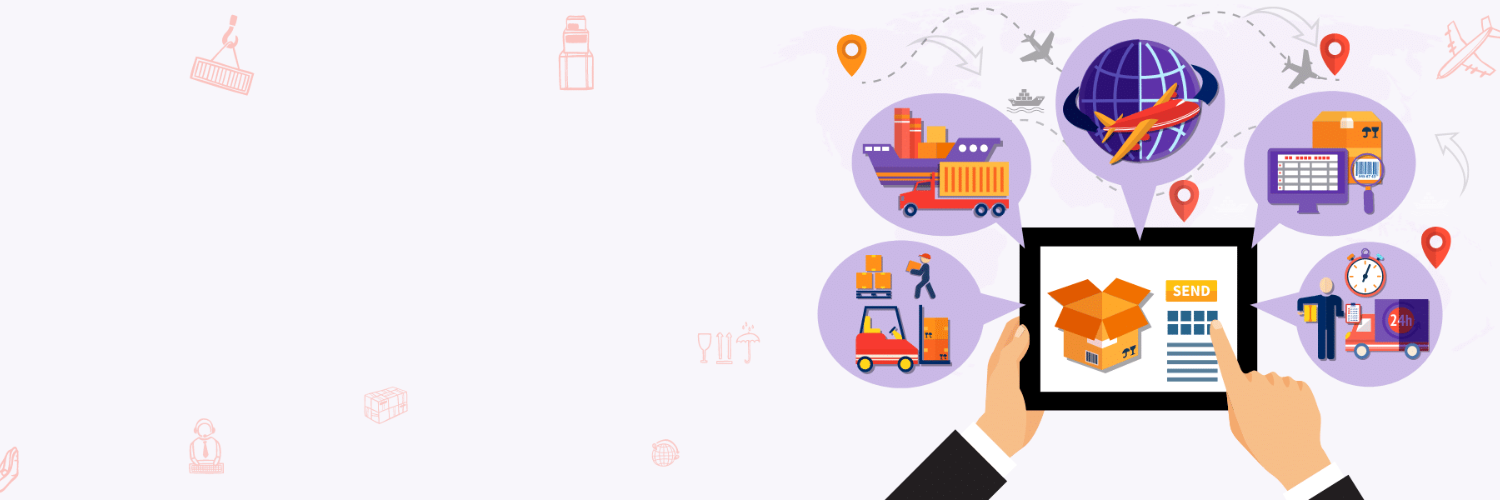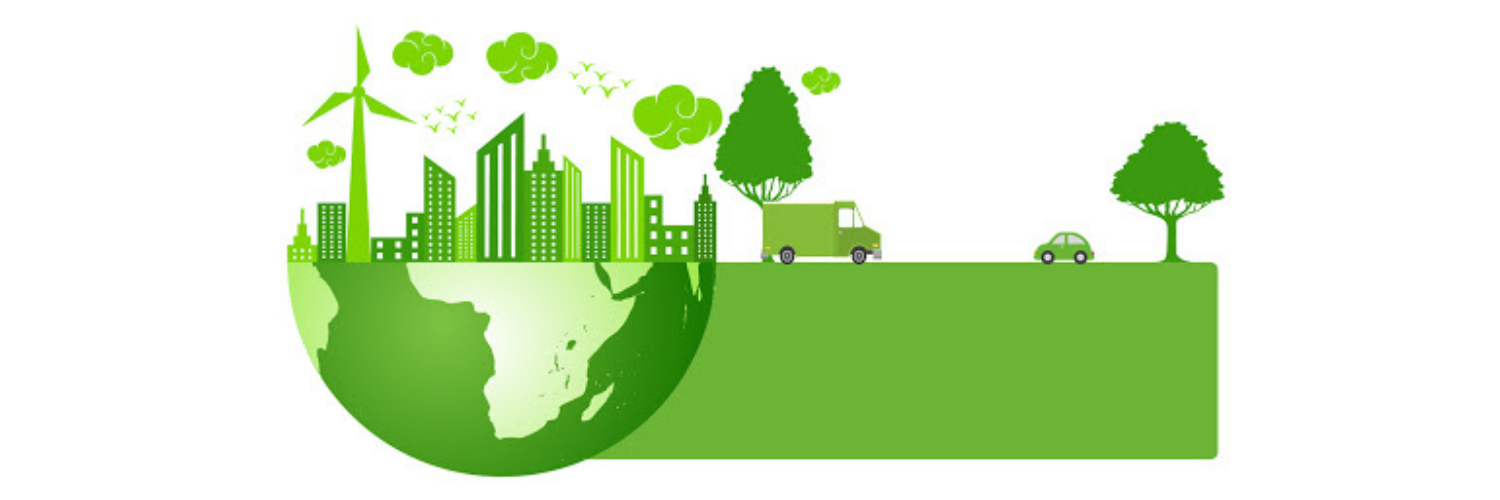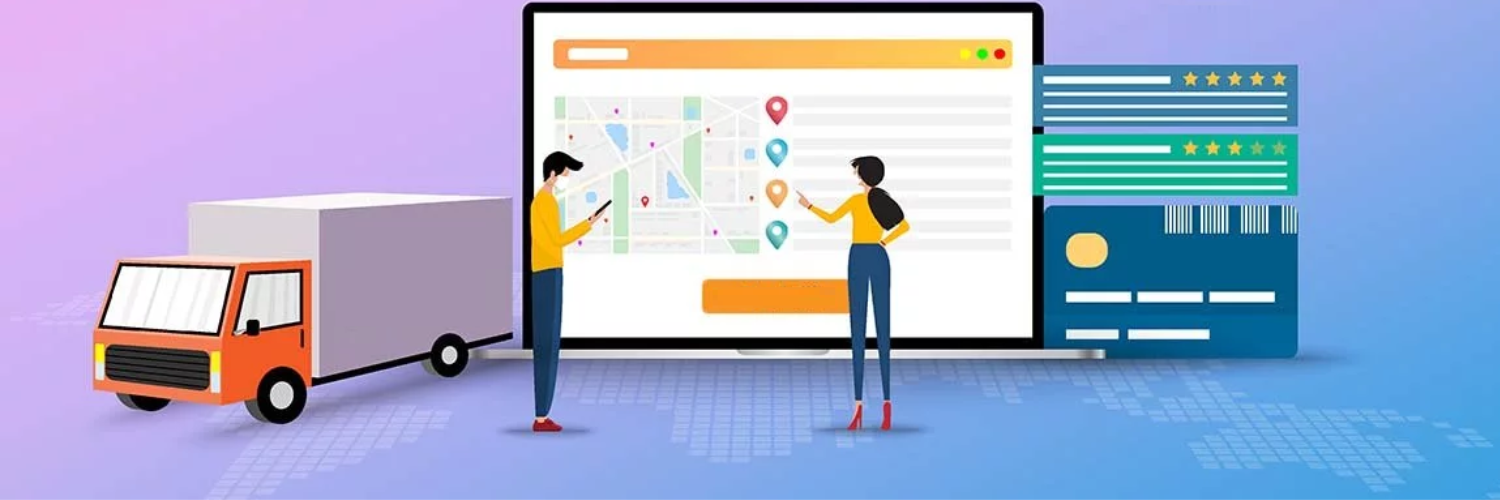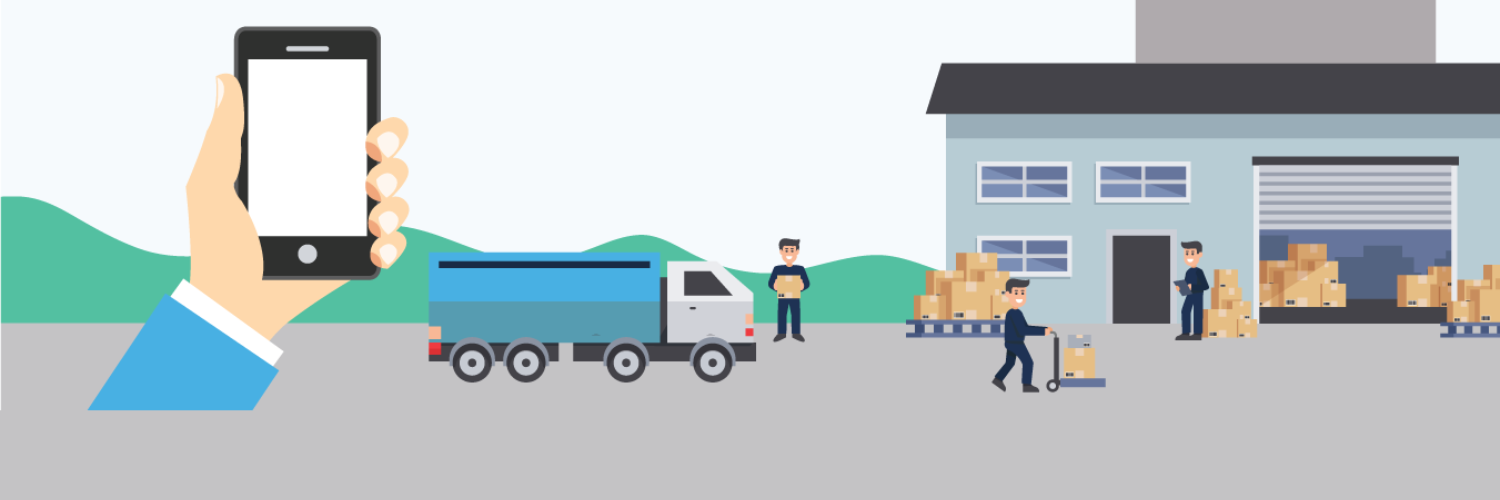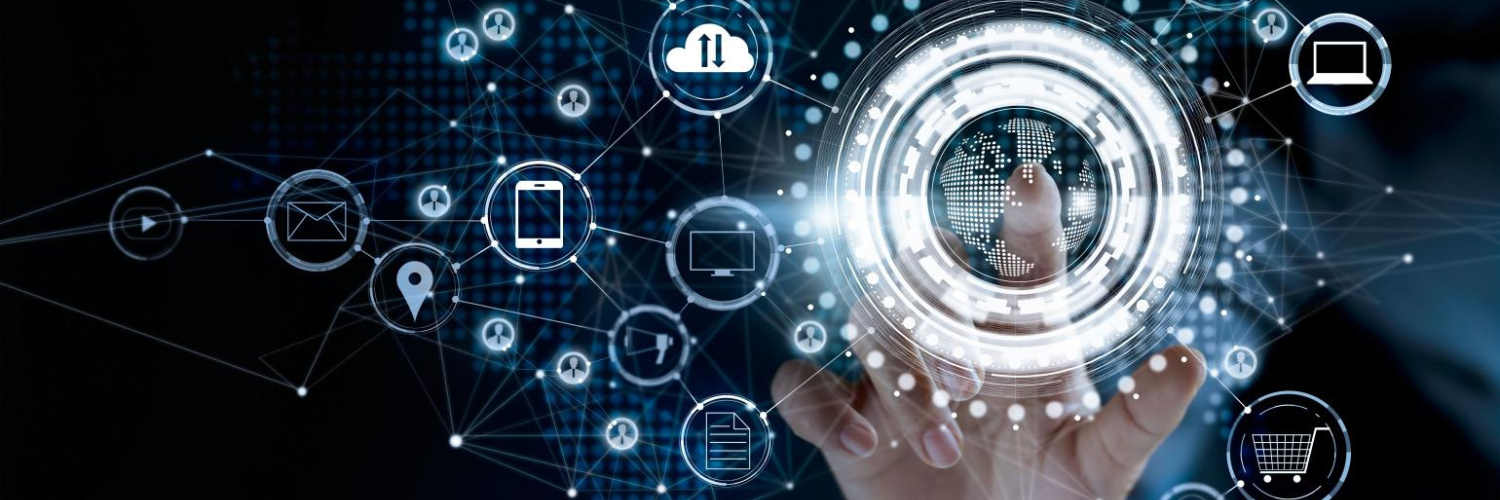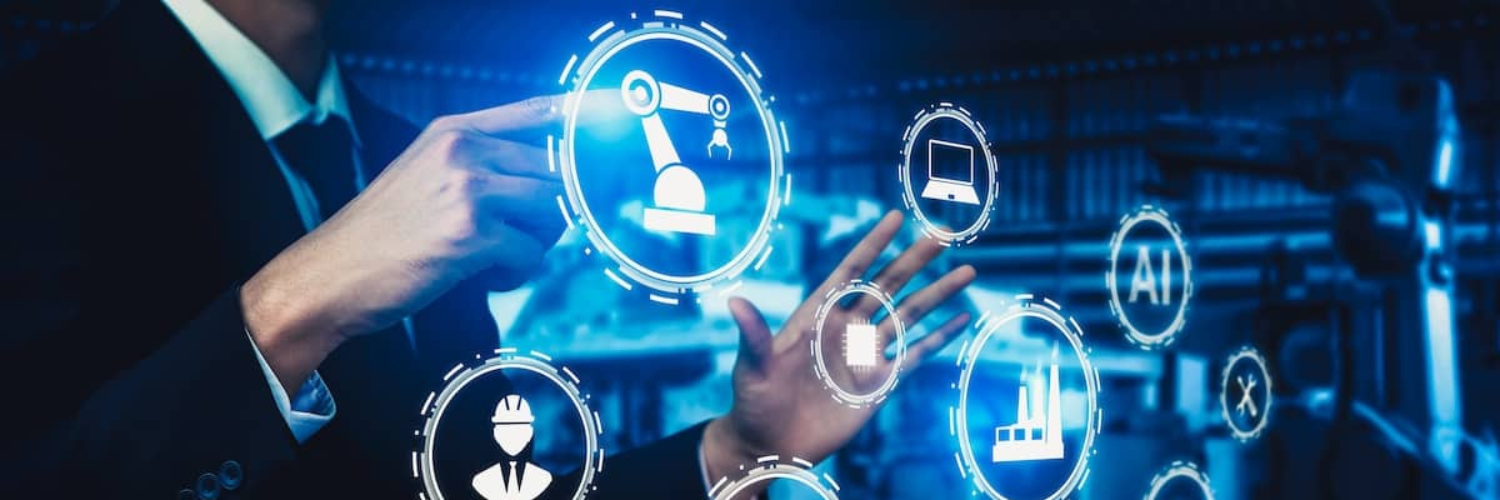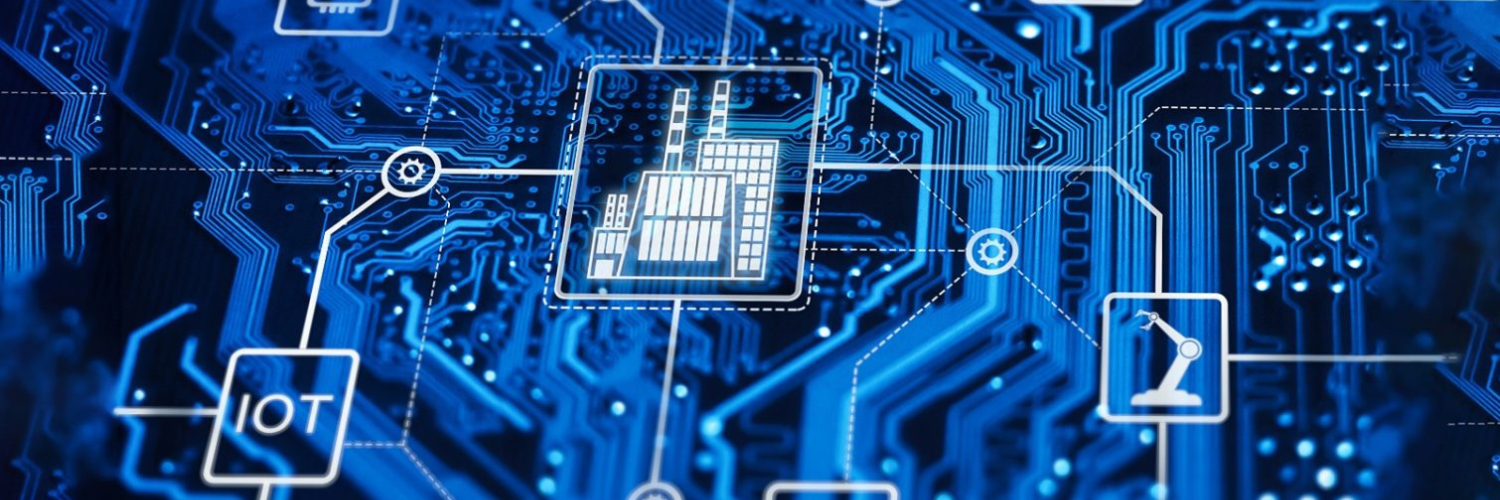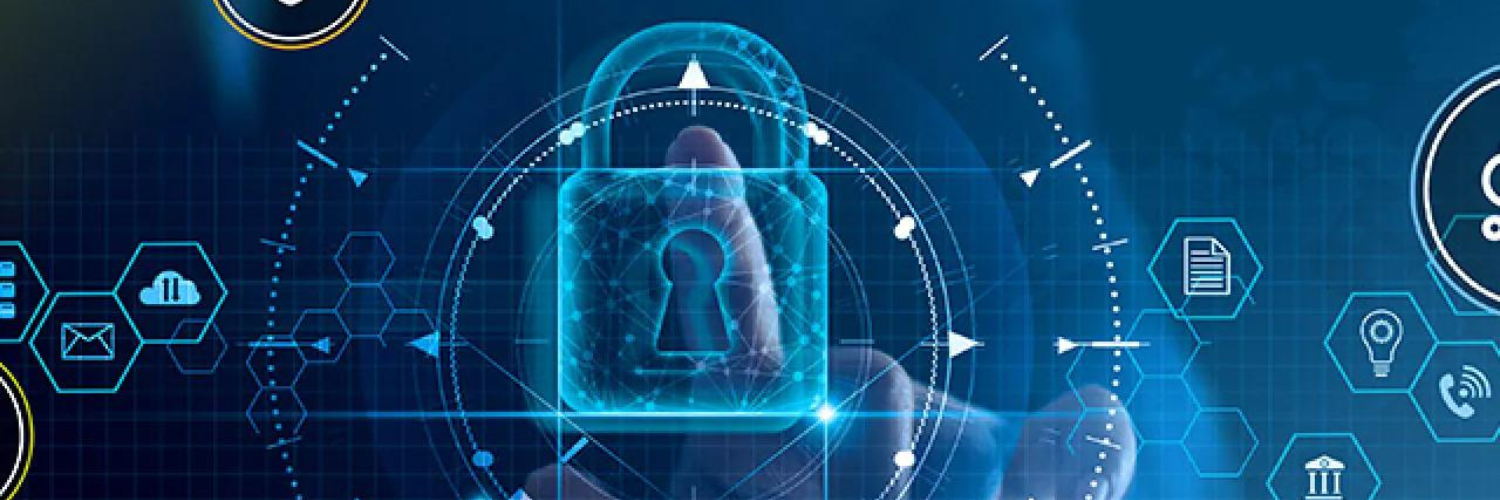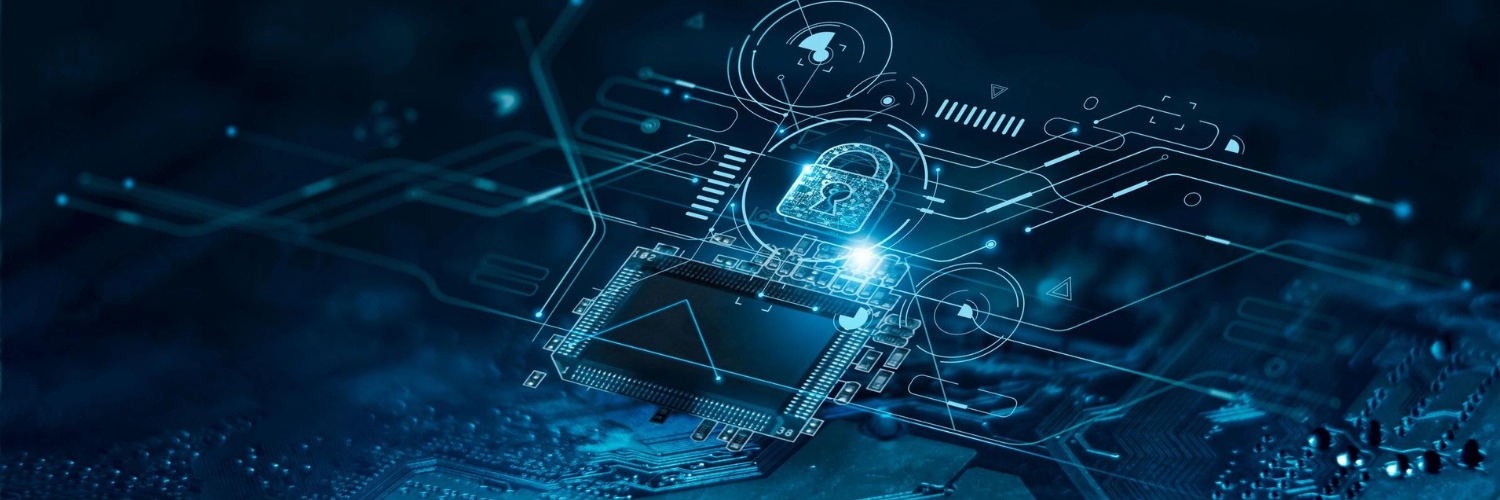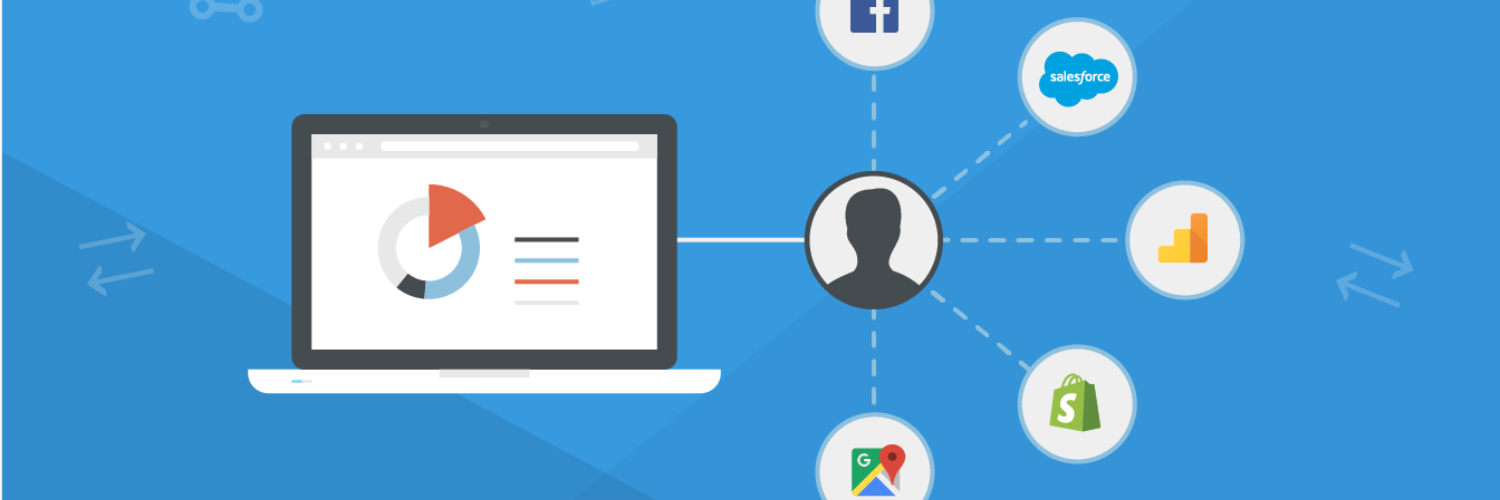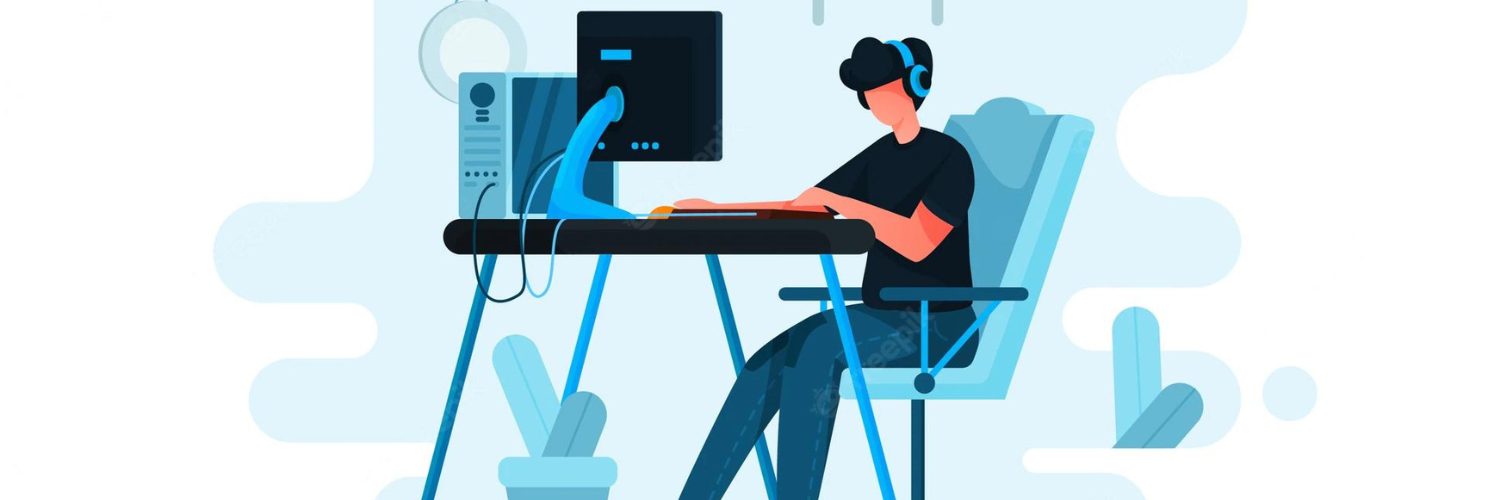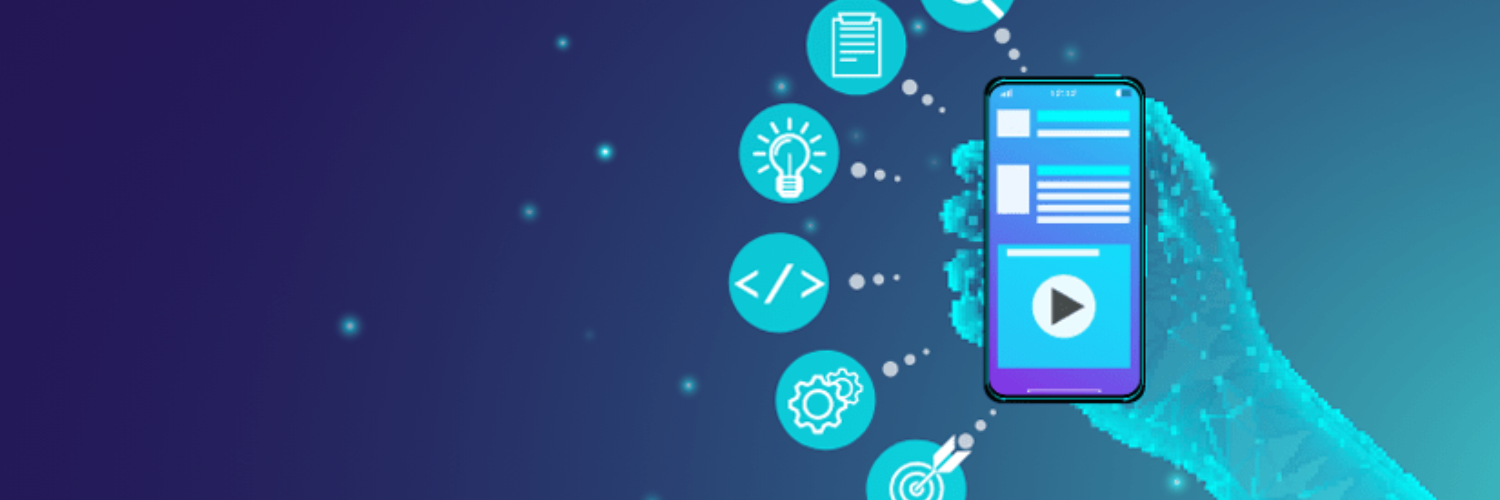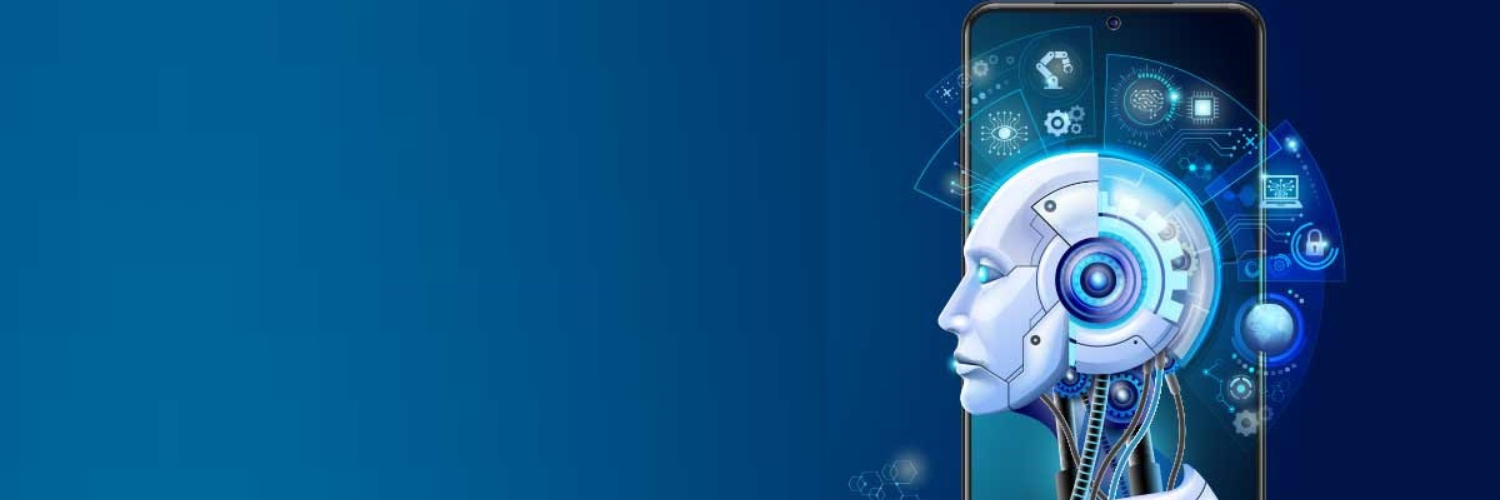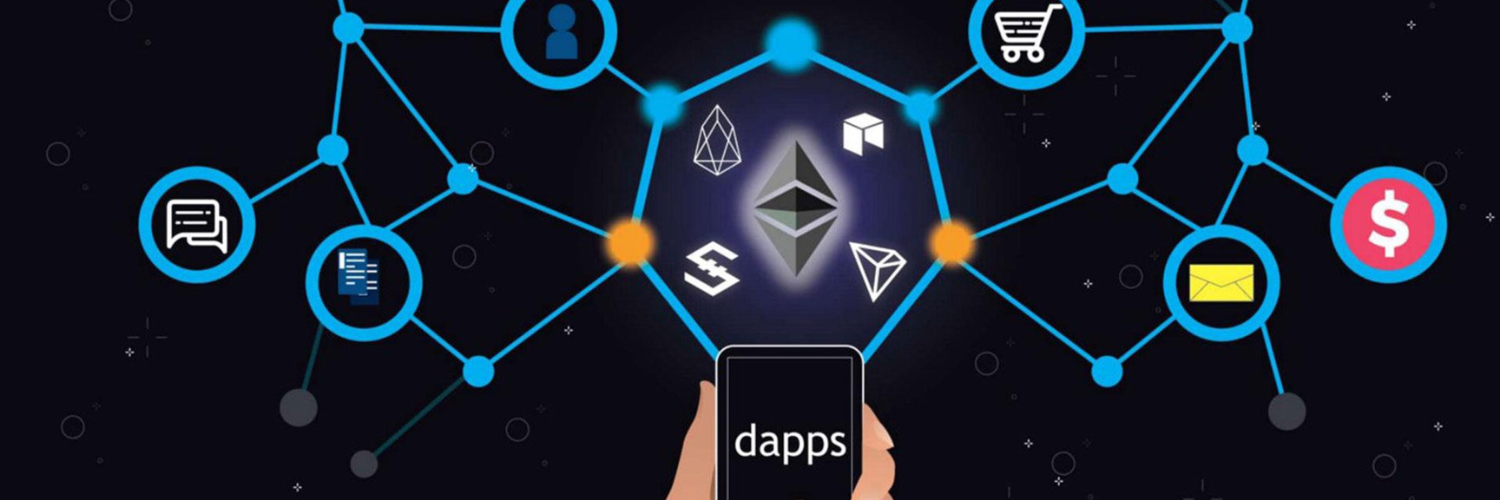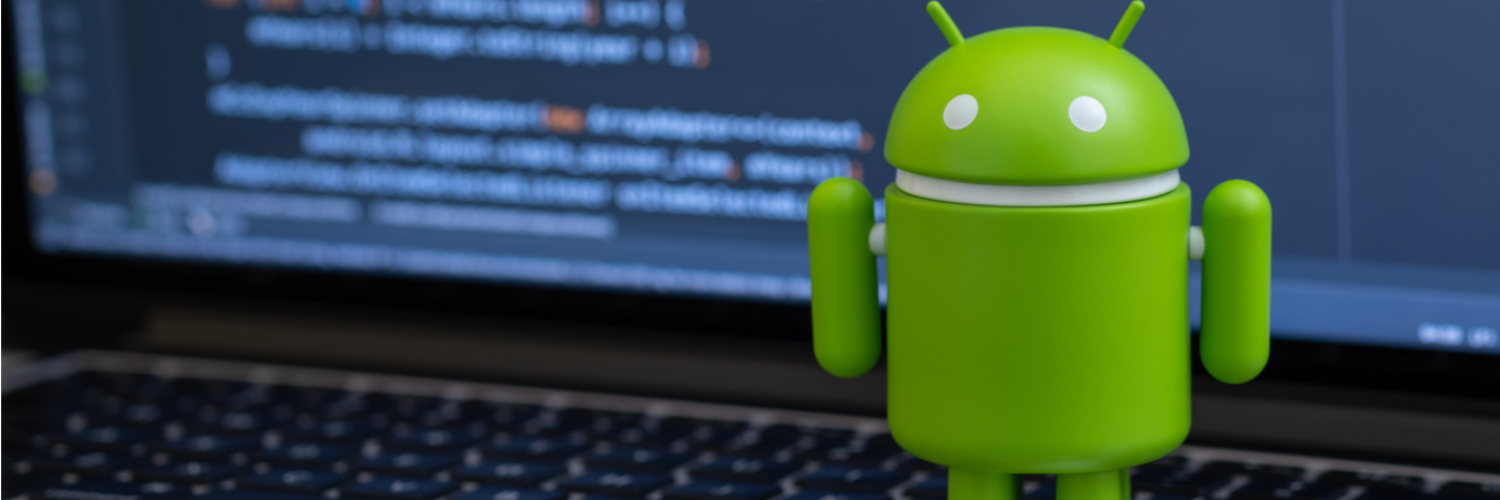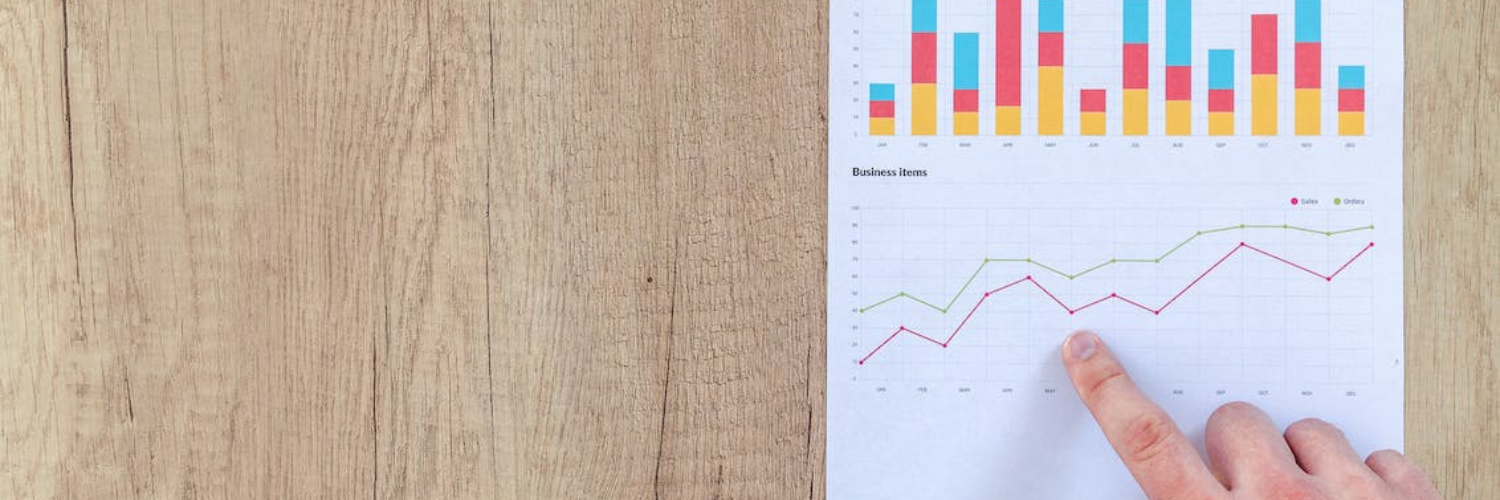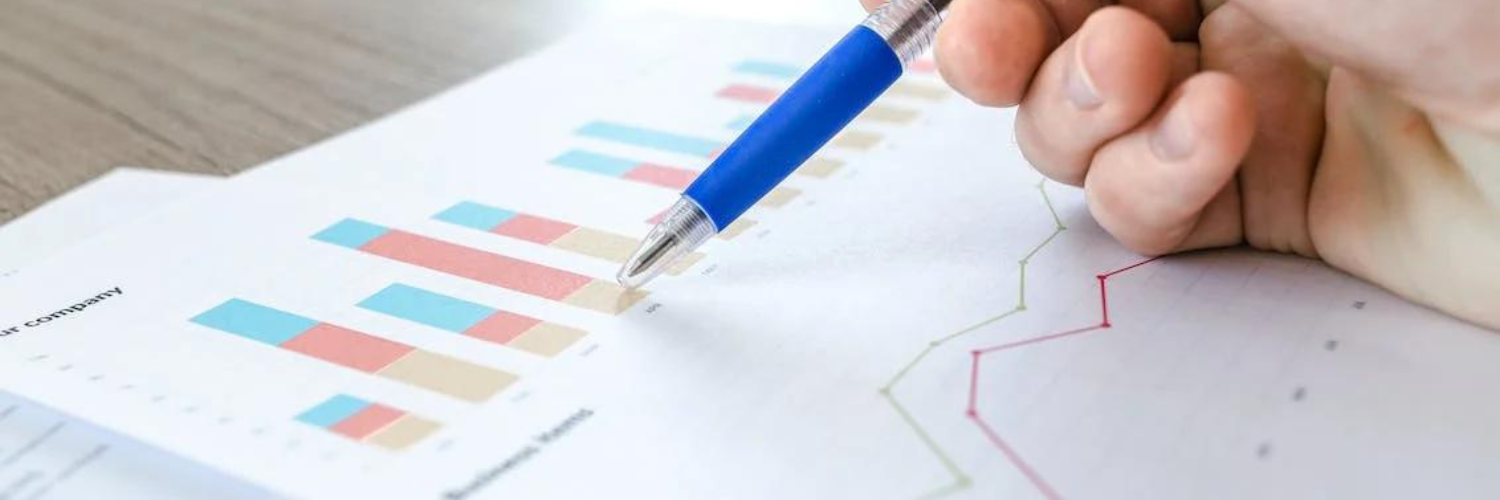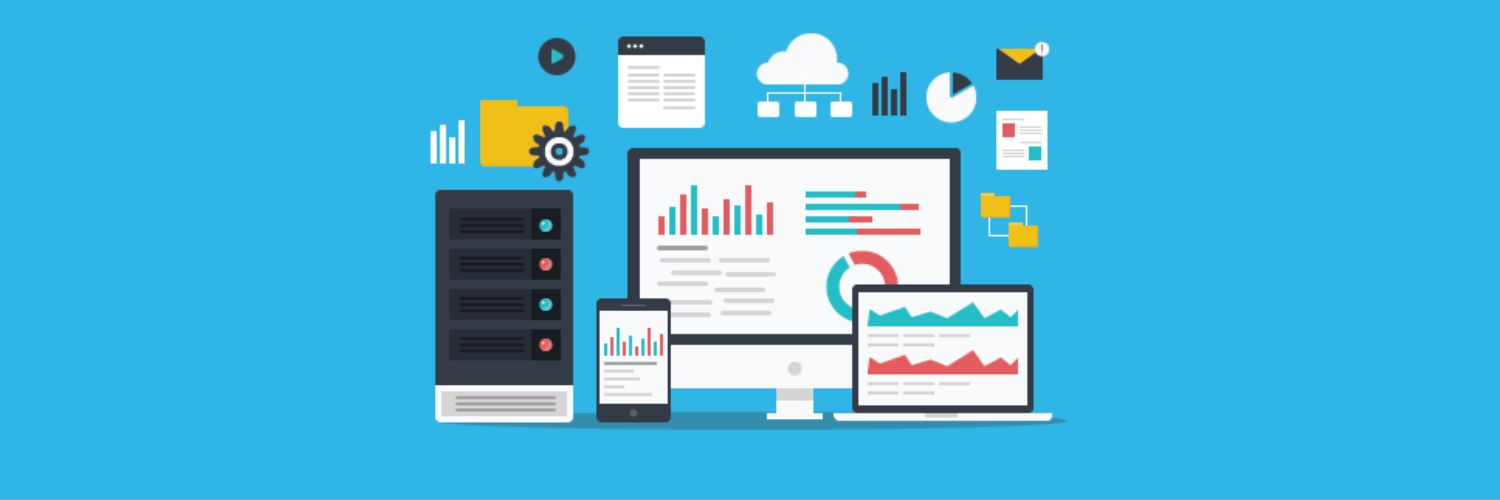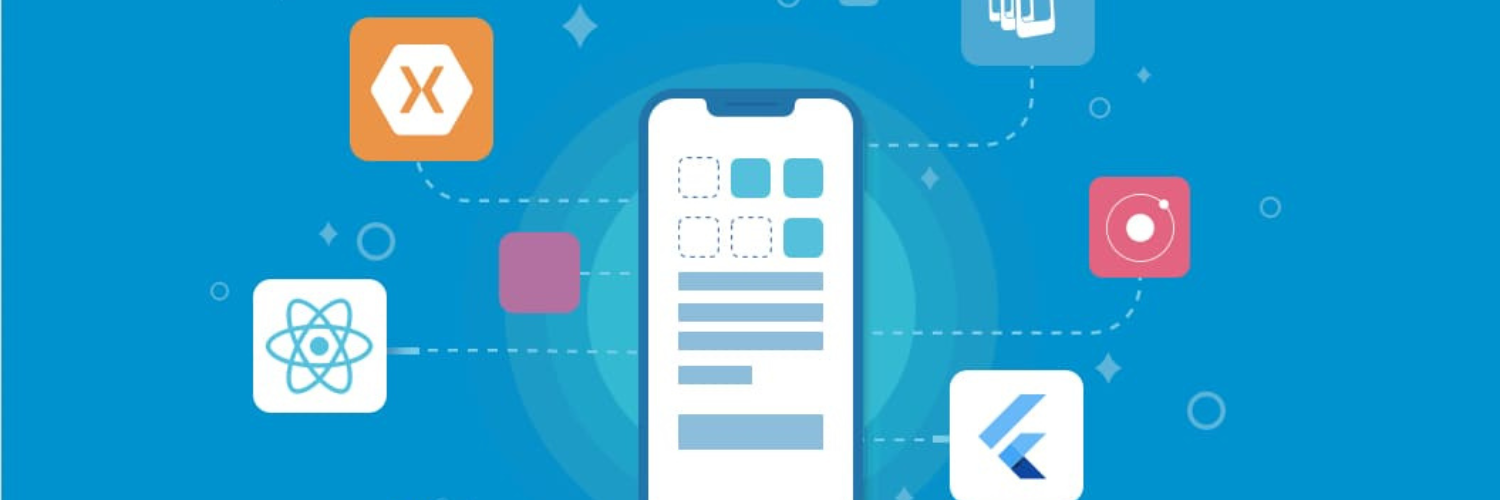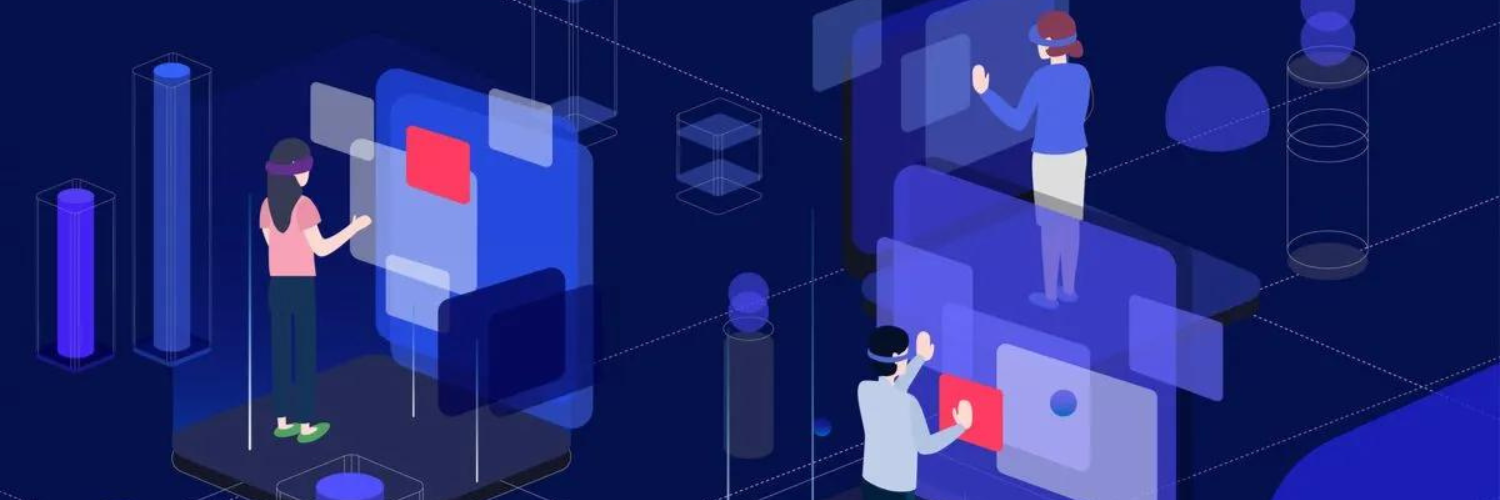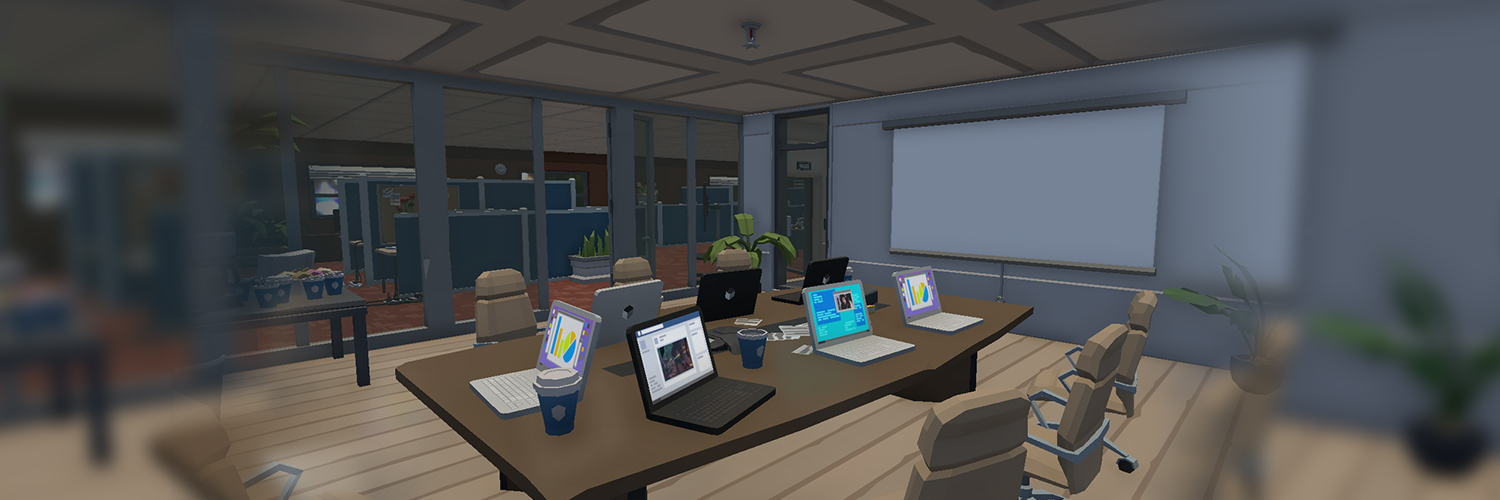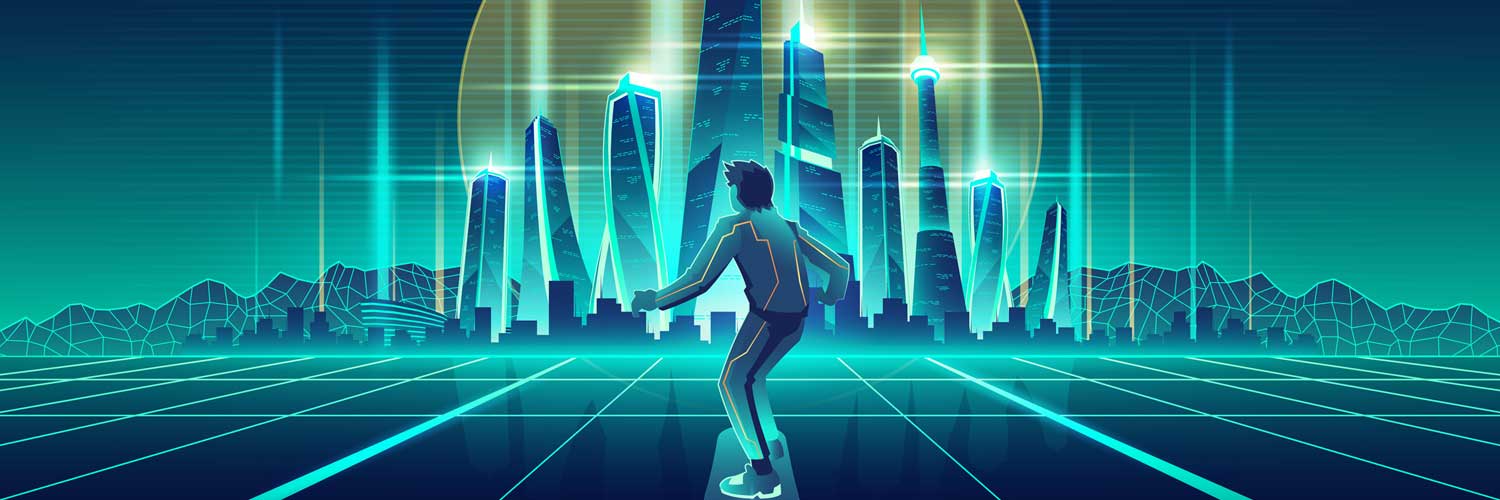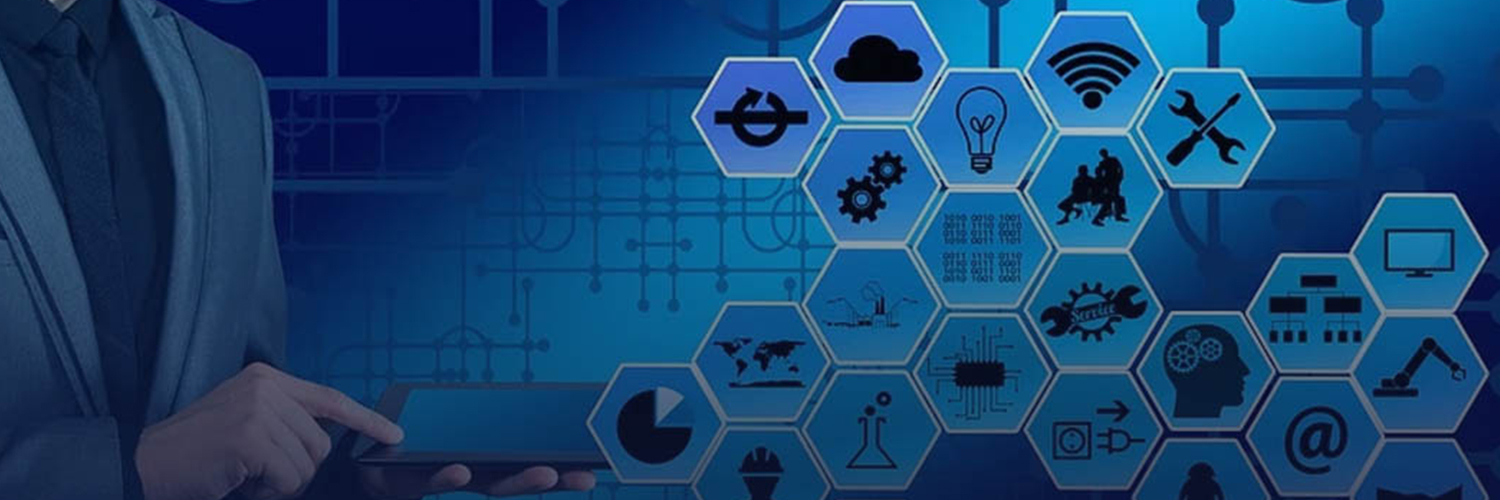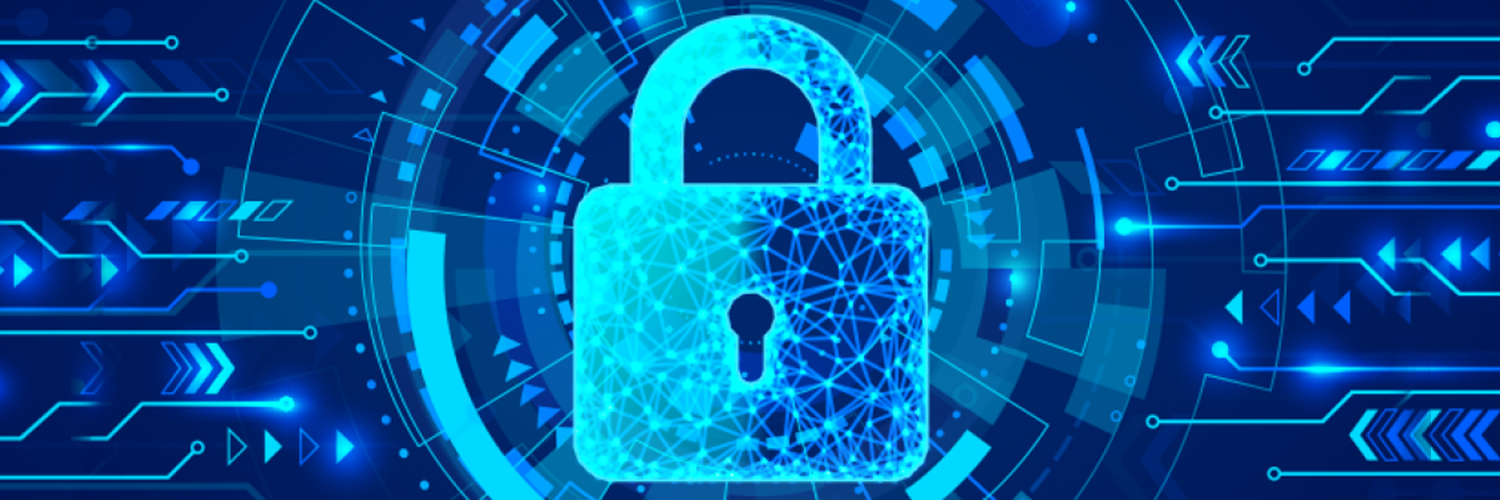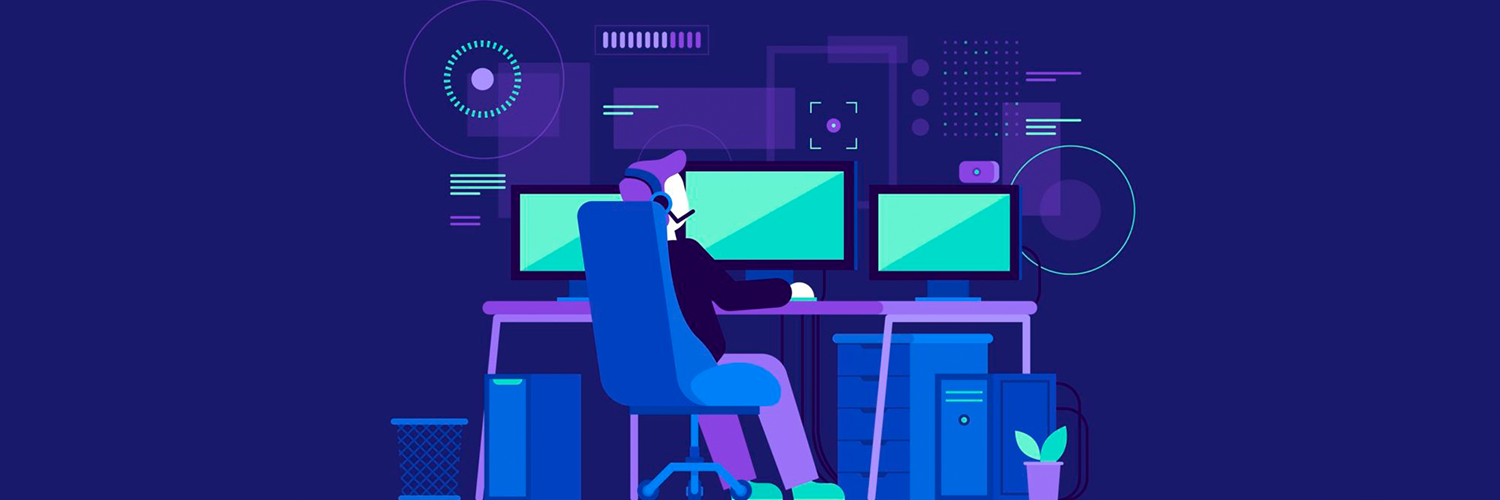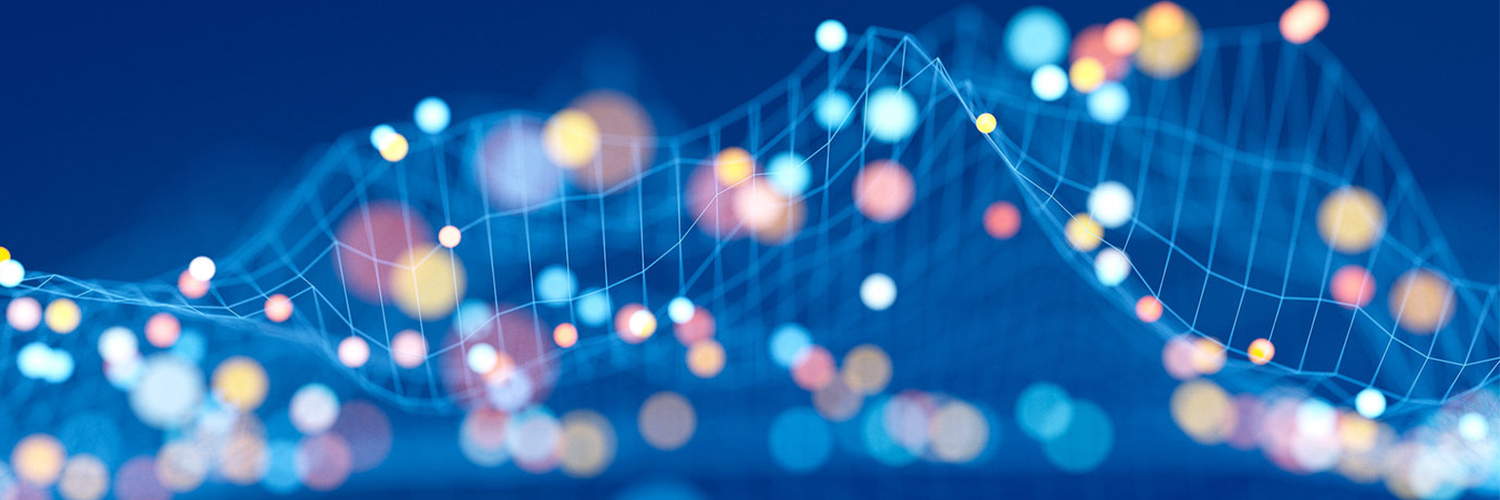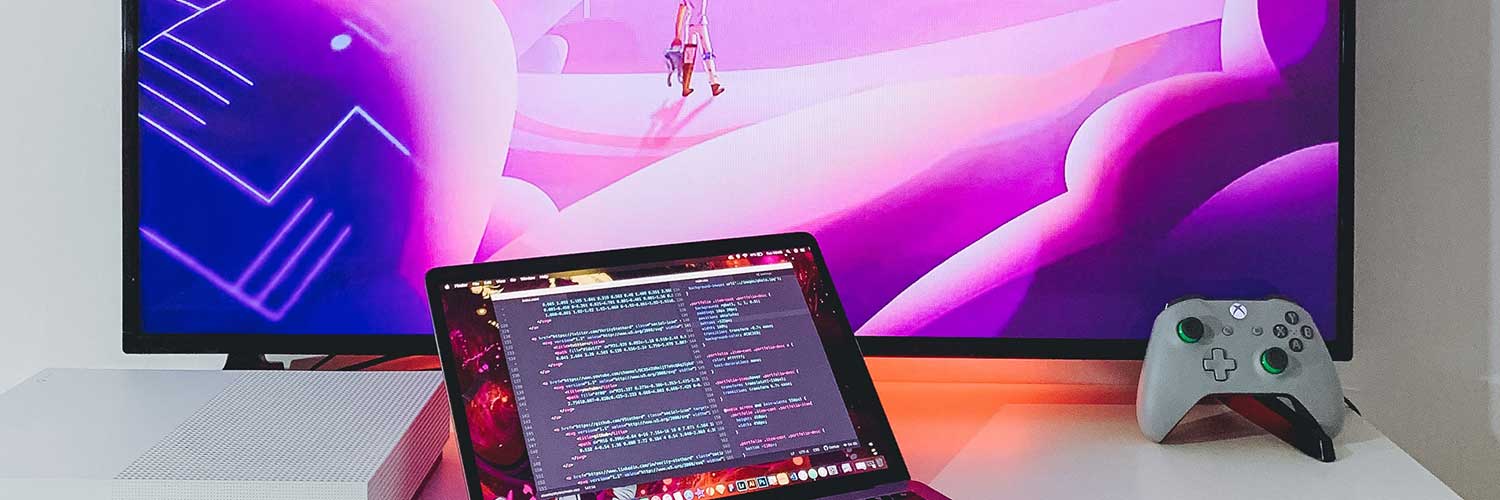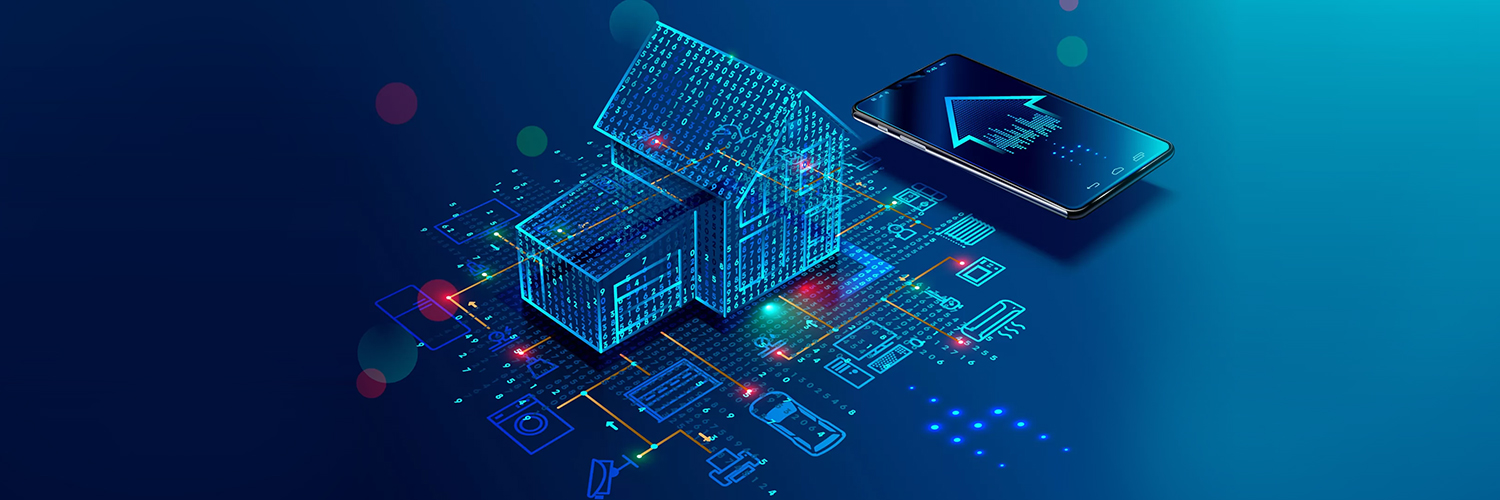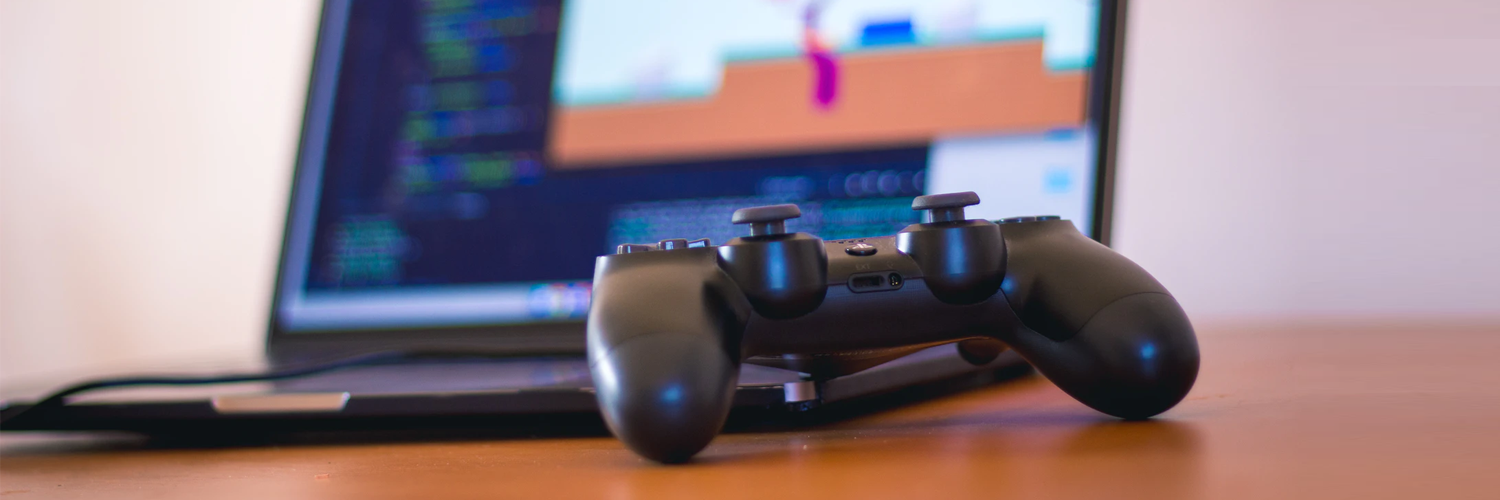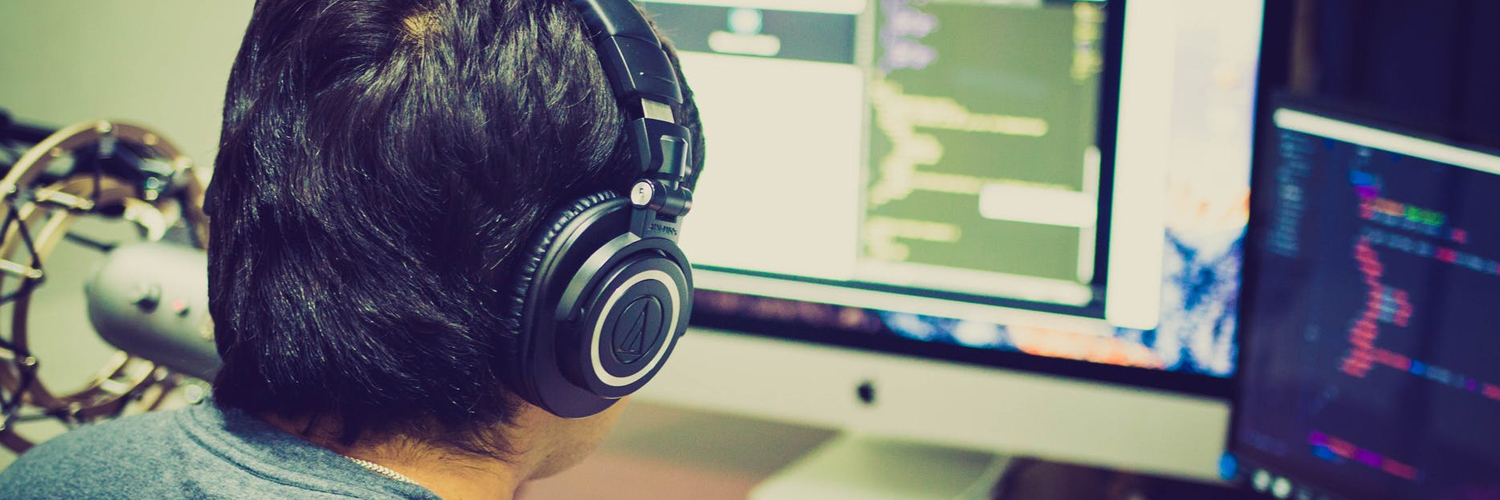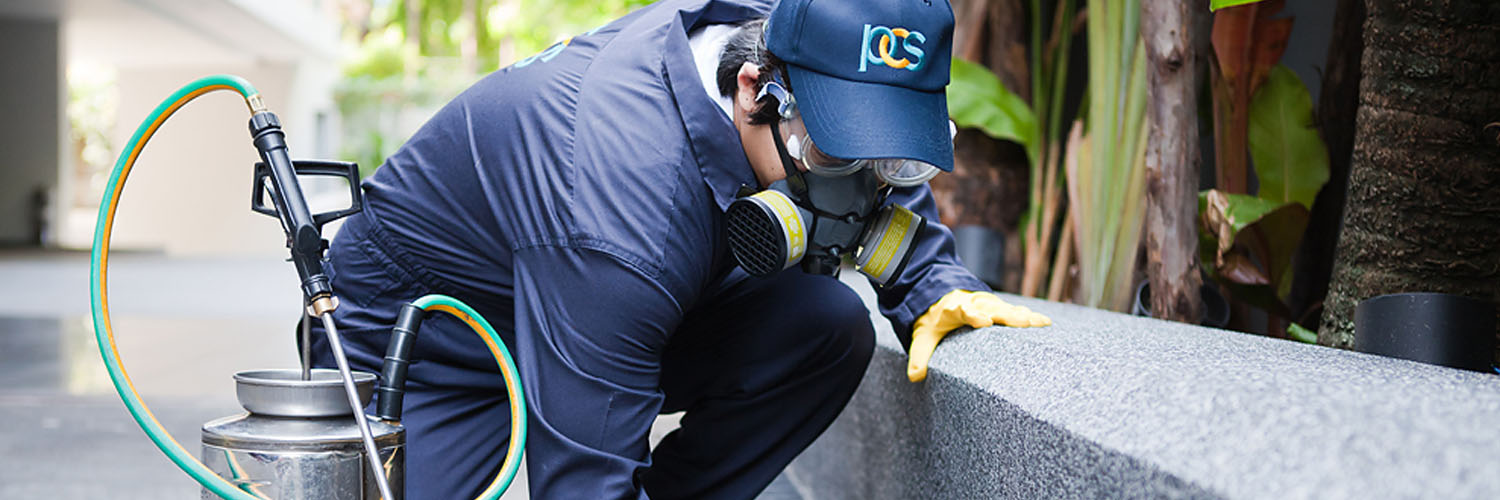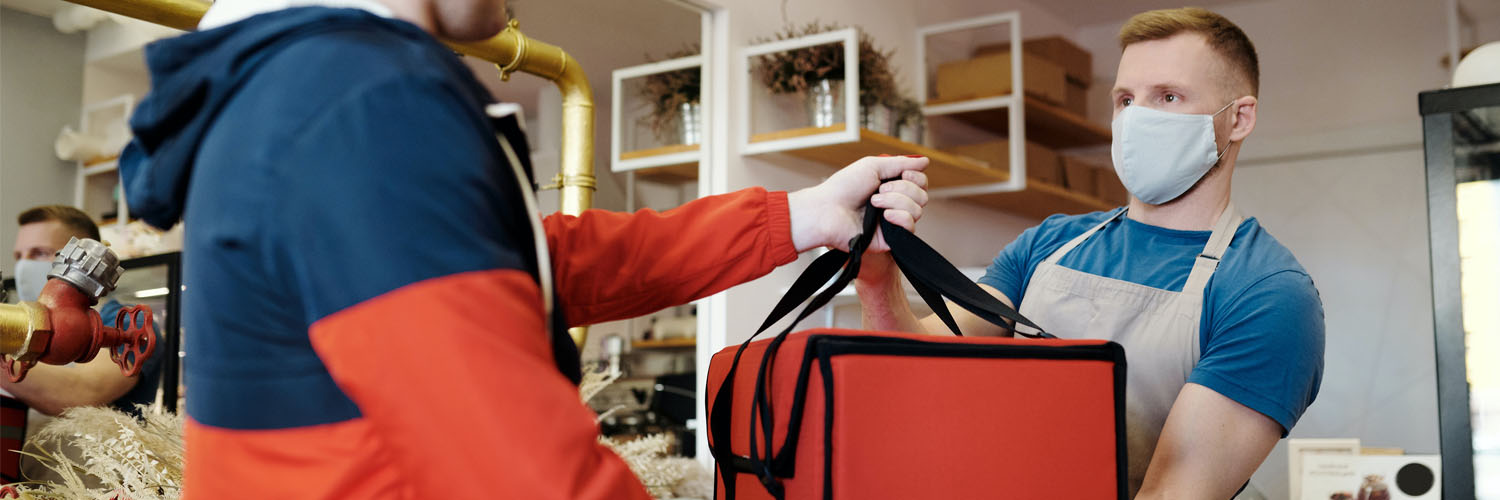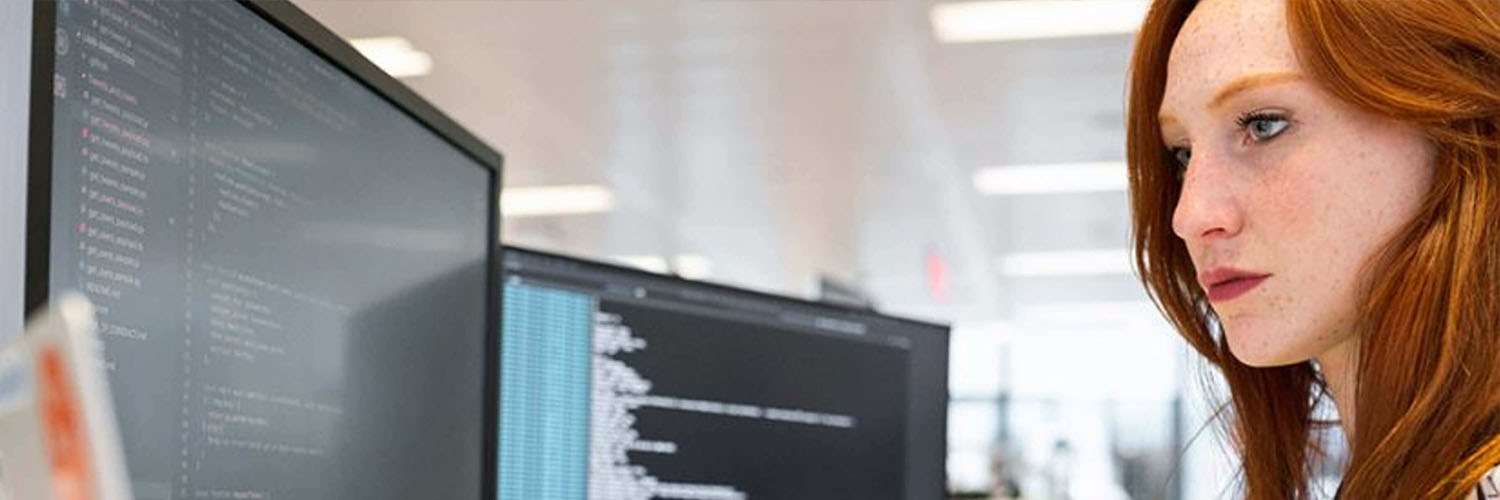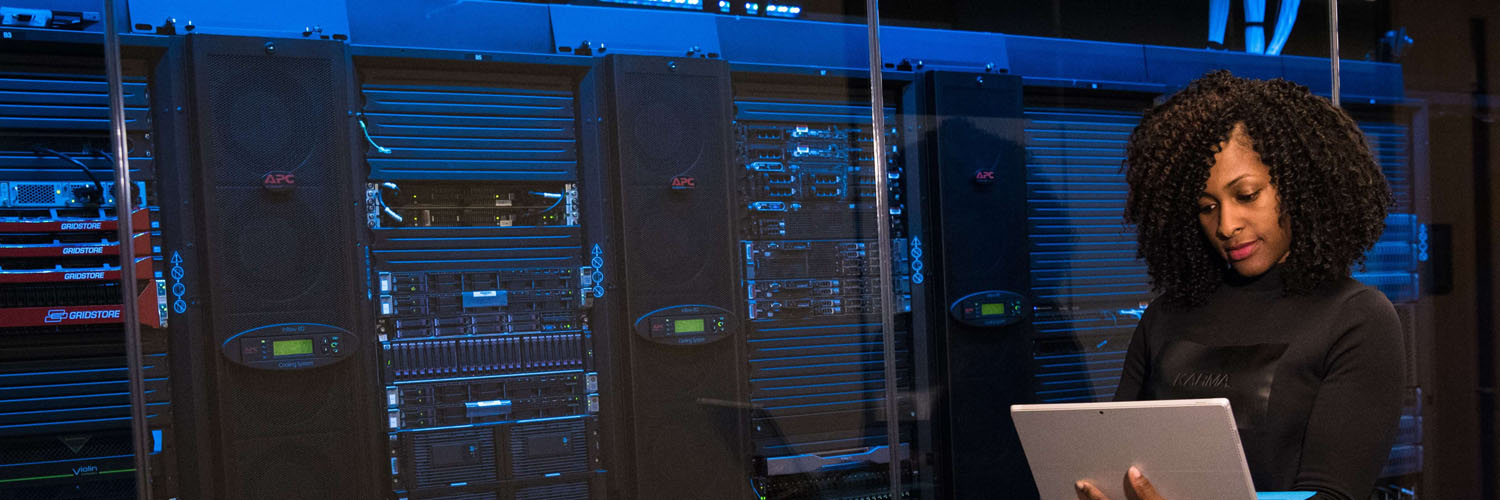Tourism is one of the most important components of economic growth, with many places where tourism activities are the main source of income for the local population; and the recent global events have had a significant impact on it. Technologies like the Internet of Things (IoT) are an emerging trend that can potentially disrupt the entire industry. The focus on personalization, securitization, and optimization will allow airlines, hotels, and cruises to make a crucial shift in tourism and travel.
The tourism industry has been one of the early adopters of IoT technology, using it to improve customer service, provide smoother experiences for travelers, and create new opportunities for service providers. Here, IoT helps with multiple tasks: from booking tickets to searching for the best restaurant nearby.
As IoT collects data in real-time, it is also used to enhance the travel experience by giving various suggestions and helping travelers out with most of their specific requests.
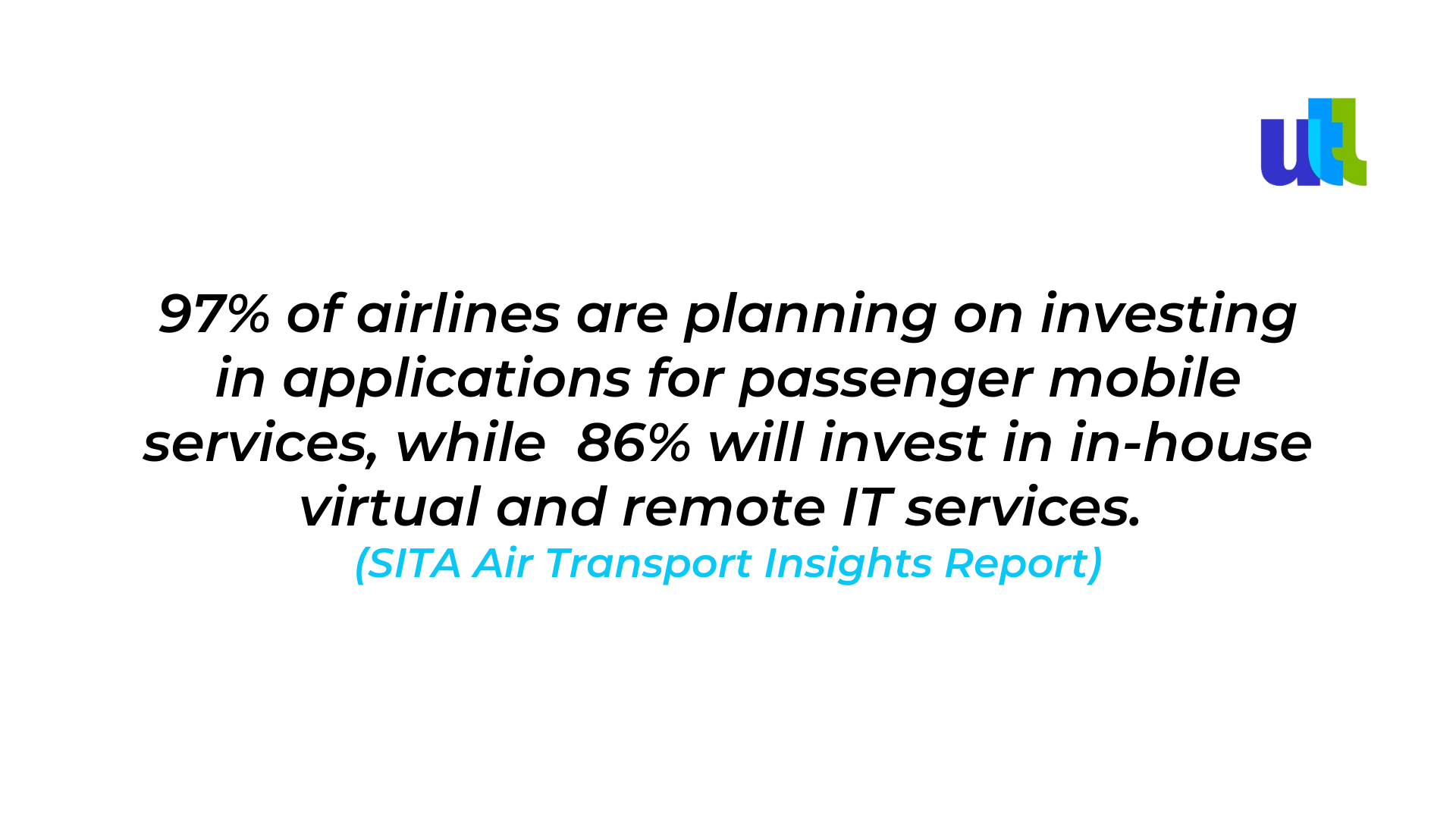
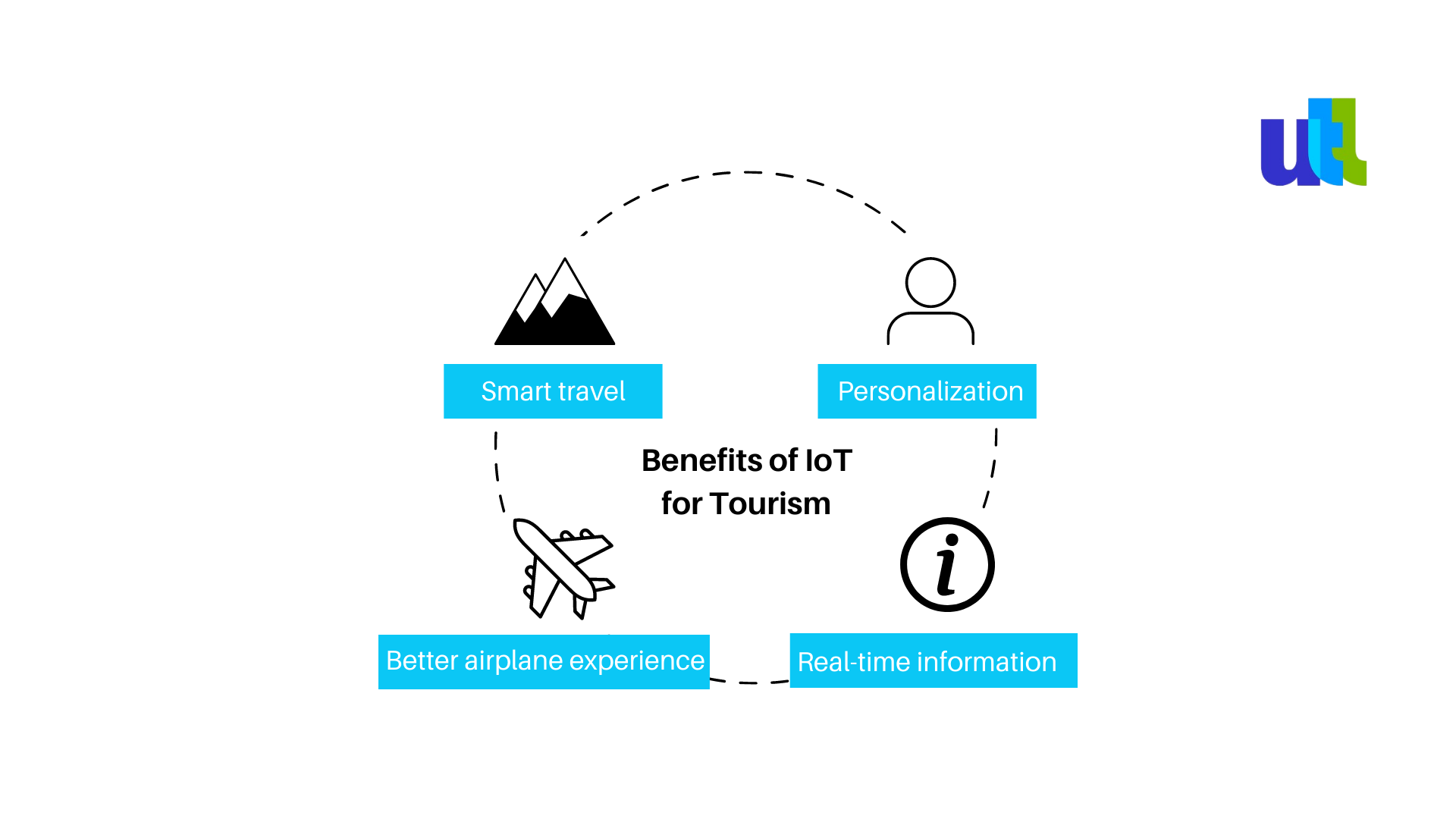
In this article, we will speak about the trends of IoT in travel and hospitality, explore the benefits, and take a look at the most prominent applications.
Internet of Things – personalization
IoT allows the creation of highly personalized services. According to GlobalData’s Q1 2021 Consumer Survey, 82% of consumers are either ‘somewhat’, ‘often’, or ‘always’ influenced by a service that is tailored towards their specific requests.
1. IoT enables travelers to control more appliances or services through a tablet or mobile application.
2. Companies that store data gathered from IoT can create highly efficient targeted marketing campaigns and save users’ previous preferences for return visits.
For example, a traveler may return to the same hotel every year. The hotel company using a smart thermostat could set the customer’s last preferred temperature. Such small, personalized services could go a long way for many clients, especially in the luxury segment where attention to small details is a top priority. The increased level of personalization enabled by IoT is also of utmost importance to Gen Z.
An important application in tourism is collecting and storing customer data that allows companies to generate tailored offers based on users’ search and purchase history.
Customers can receive personalized offers for vacation spots, travel destinations, airlines, cruise ships, and more. Hotels can take a step further and offer their favorite rooms, preferred temperature, and lighting, as well as prearrange any other settings in advance. Small details like these might seem insignificant but they play a major role in customer experience and help service providers stand out from the competition.
Enhancement of touristic experiences
Tourism-related companies can use IoT technology to send location-specific information to customers, and, thus, enhance touristic experiences in the ‘during-trip’ stage.
Location-specific information can also enhance experiences by reducing potential feelings of alienation. For example, location-based messages marking an area where crime rates are high could allow destinations to be proactive in avoiding negative experiences, which increases the chances of tourists coming back.
6 IoT examples Within the travel industry
The tourism industry consists of various smaller sectors that use IoT technology. The classic existing systems use data from the past, whereas data analysis based on IoT provides real-time assessment, thus, providing better services. Here is a brief discussion of a few major IoT examples within the travel industry:
1. Personal control
As it has been mentioned above, one of the most widespread uses of IoT technology within the travel industry is enabling a greater degree of personalization.
By implementing internet-enabled heating, lighting, and television, customers can turn them on and off from one device. They may be able to choose a specific temperature and light level and have the devices maintain those levels automatically. Similar technology can is applied on flights, regulating seat temperature or air conditioning.
2. Smart energy saving
While the IoT can enable personalization, it can also offer financial benefits through automated or smart energy saving. In hotels, for instance, internet-enabled devices and sensors adjust the room temperature continually, meaning heating is only used when it is needed.
Some hotels are also using IoT technology to control their power. Sensors automatically detect the levels of natural light in the room, reducing the intensity of light bulbs in the process, which means less energy is wasted. In this case, high-powered lighting is only used when natural light levels are low enough.
3. Smart assistance
This application is especially important at the airports where people do not have much time and need immediate assistance. Passengers can take advantage of real-time updates regarding their luggage, upcoming flights, gate changes, check-in for their flights by themselves, and so much more.
4. Advanced contactless services
Another great use of the Internet of Things technology is streamlining as much of the customer experience as possible, across all areas of the industry.
- Sensors send information to passengers’ smartphones, alerting them when their baggage is nearby allowing them to locate it faster.
- The check-in process in the hotels is made seamless, with hotels sending electronic key cards to guests’ phones which, when used, automatically check them in.
- Sensors can alert restaurant staff when a guest arrives, automatically sending them the right table booked under their surname.
5. Smart maintenance and repairs
Finally, the Internet of Things can also be used to directly benefit IoT devices. It provides valuable, real-time information about their status and condition. This allows essential devices to be repaired or replaced before they stop functioning.
For example, hotel staff can be alerted if a radiator or light bulb goes out of work, and airlines can fuel airplanes more efficiently and replace parts at the right time.
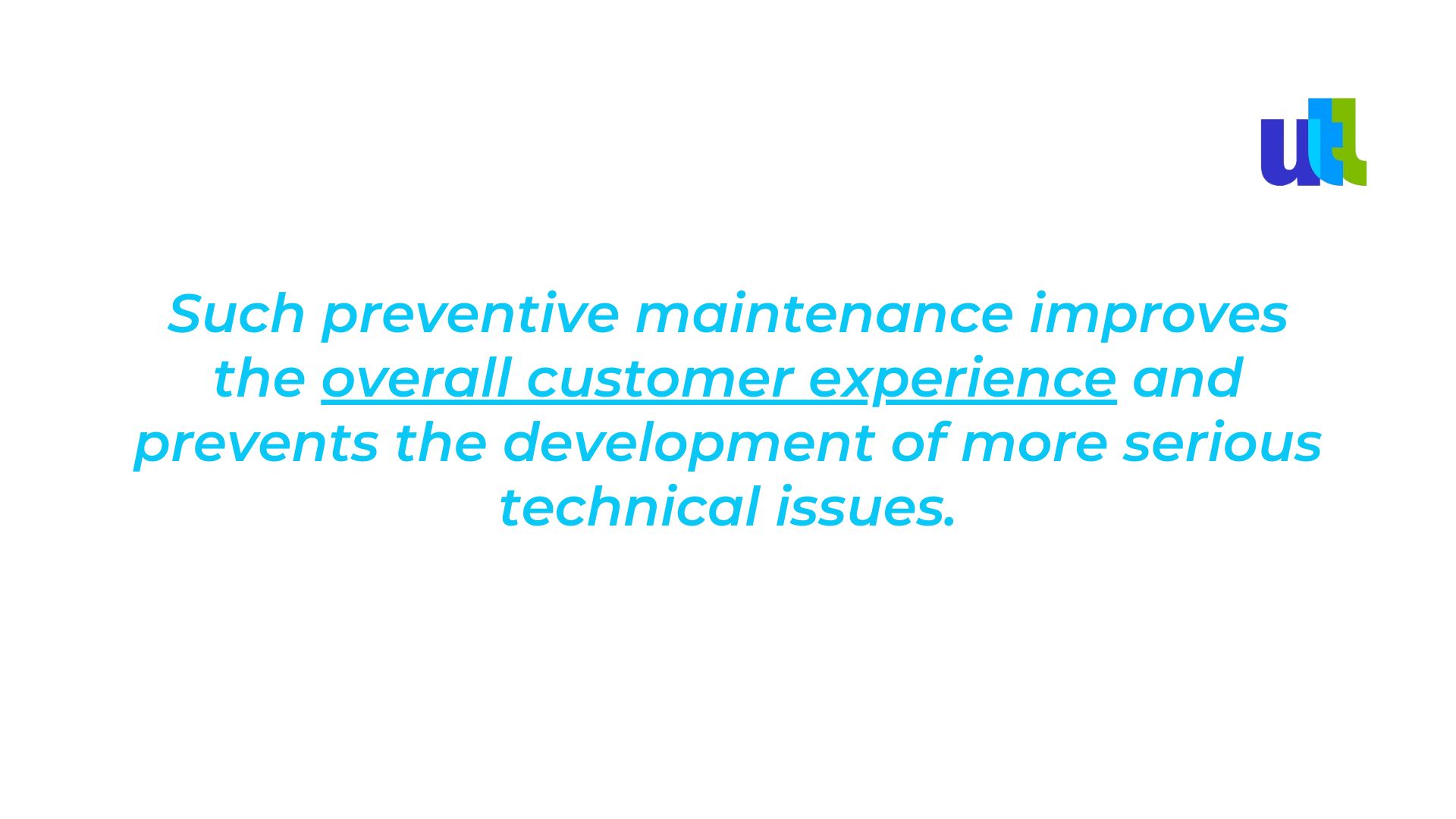
6. Smart parking
Smart parking lots (for example, near the airports) are equipped with sensors that send information about available spots. Customers can also reserve a spot in advance which will save them valuable time and make their experience even smoother. Furthermore, parking lot owners can automatically capture customer data, determine top arrival times, and, thus, optimize their space usage.
Conclusions. Smart travel and IoT
For those in the travel industry, IoT is definitely one of the most powerful emerging technology trends in 2023. It has the potential to totally change the way most tourism companies and travel providers operate, increase their revenue management, and enhance the customer experience.
The Internet of Things (IoT) adds internet connectivity to everyday devices and appliances, allowing them to communicate with one another. This, in turn, offers numerous benefits for those operating within the travel industry, including delivering a superior customer experience and optimizing internal processes, even those more complex ones. The next goal is to ensure 100% safety and pave the way for smart tourism.
----------------------------------------------------------------------------------------------
View the full presentation:
WRITTEN BY
Sofia Kutko
2023-06-27

